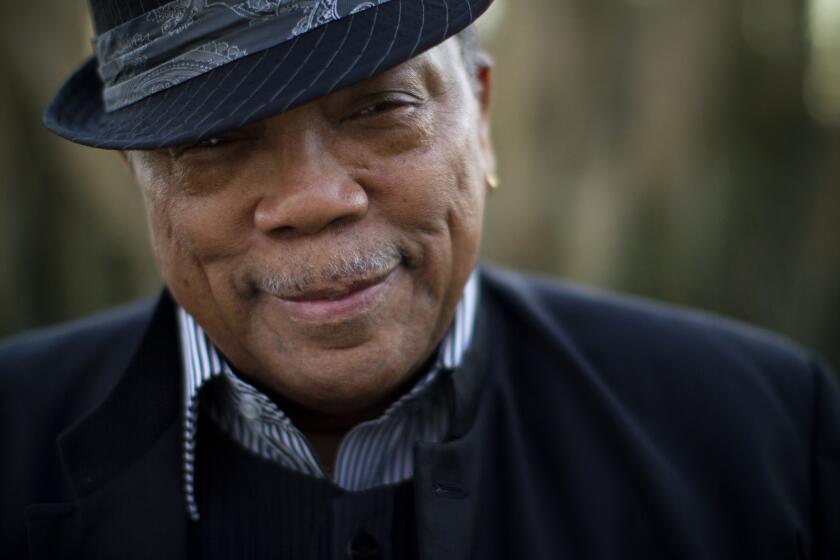Thom Yorke, Nigel Godrich pull music from Spotify


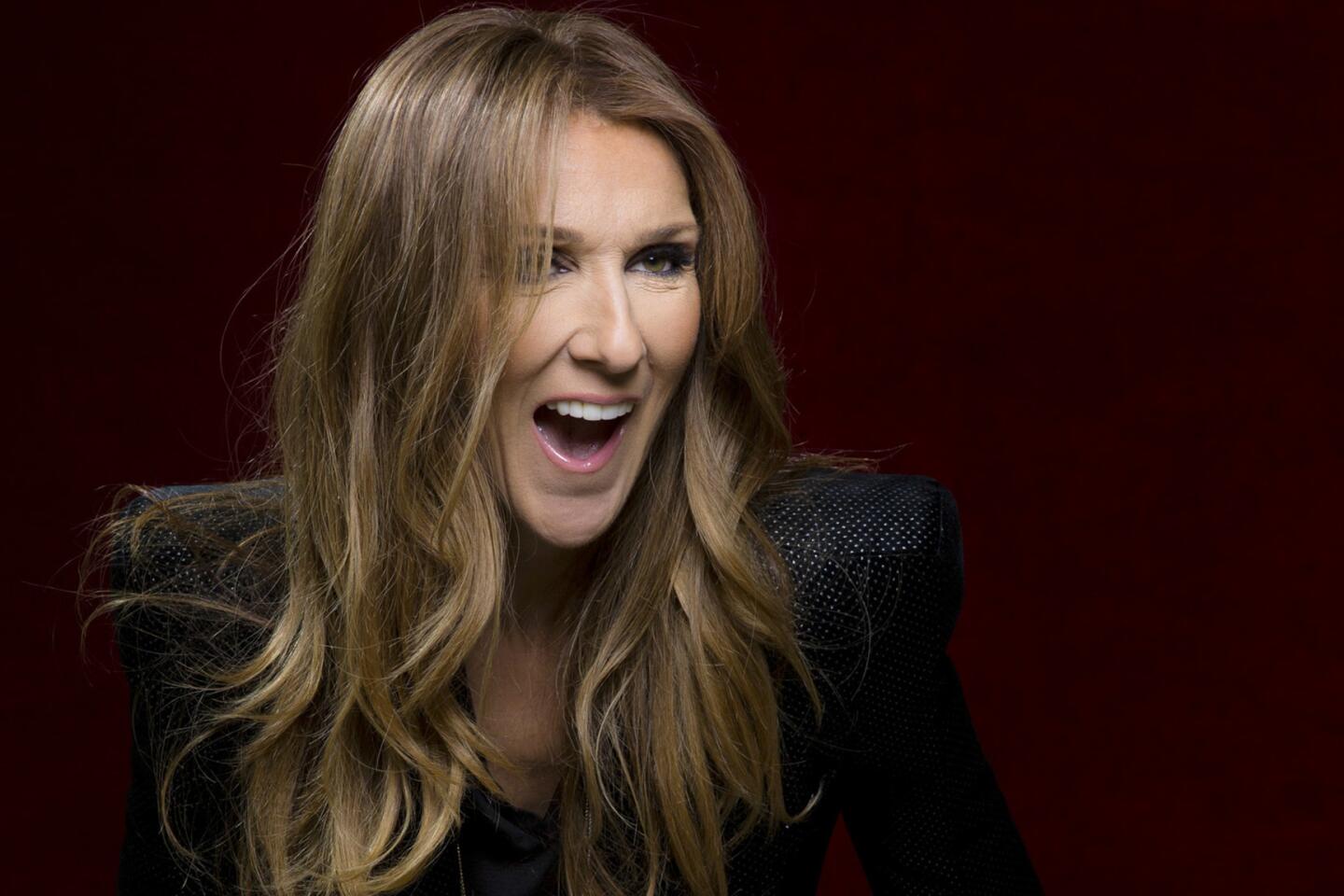
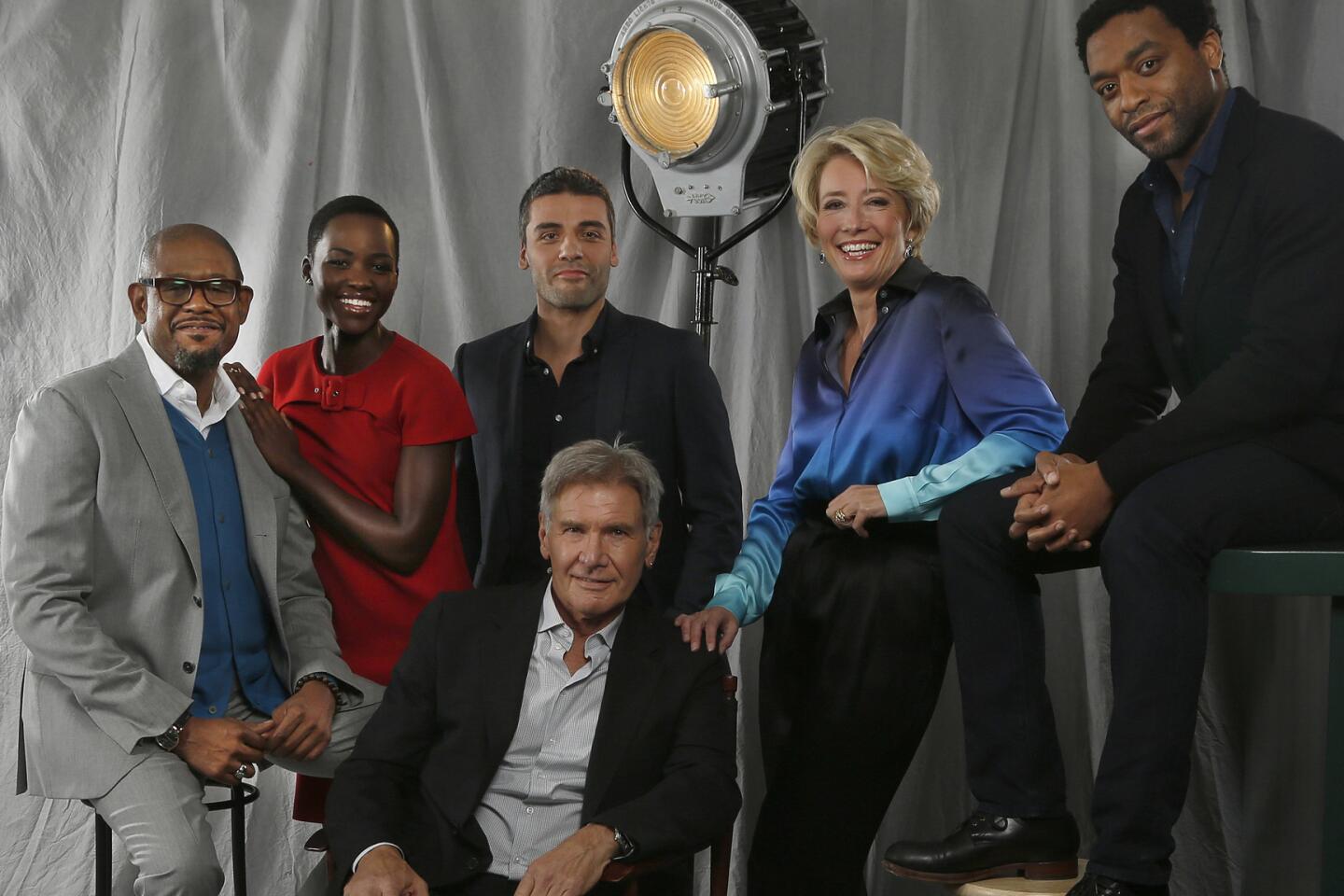
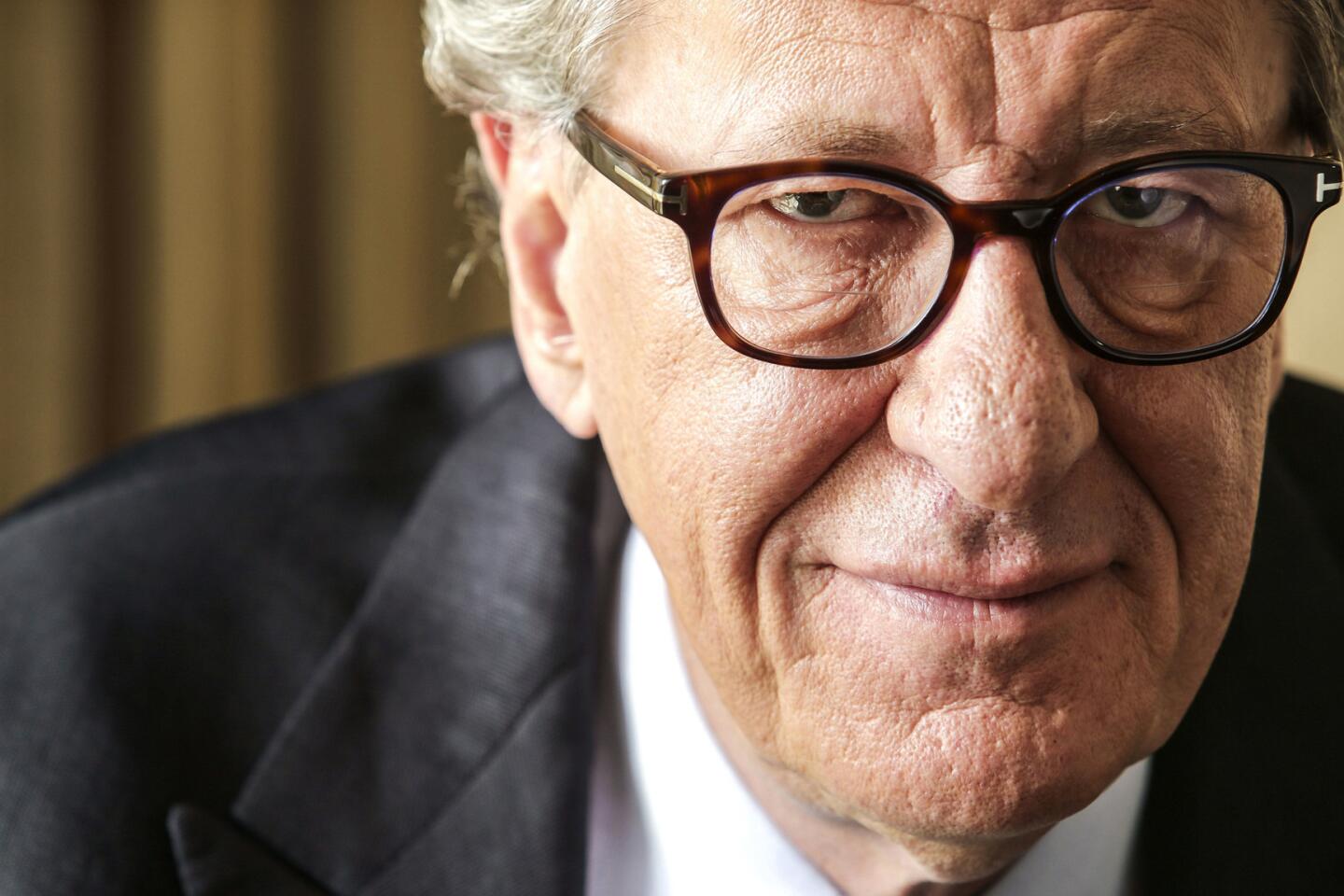

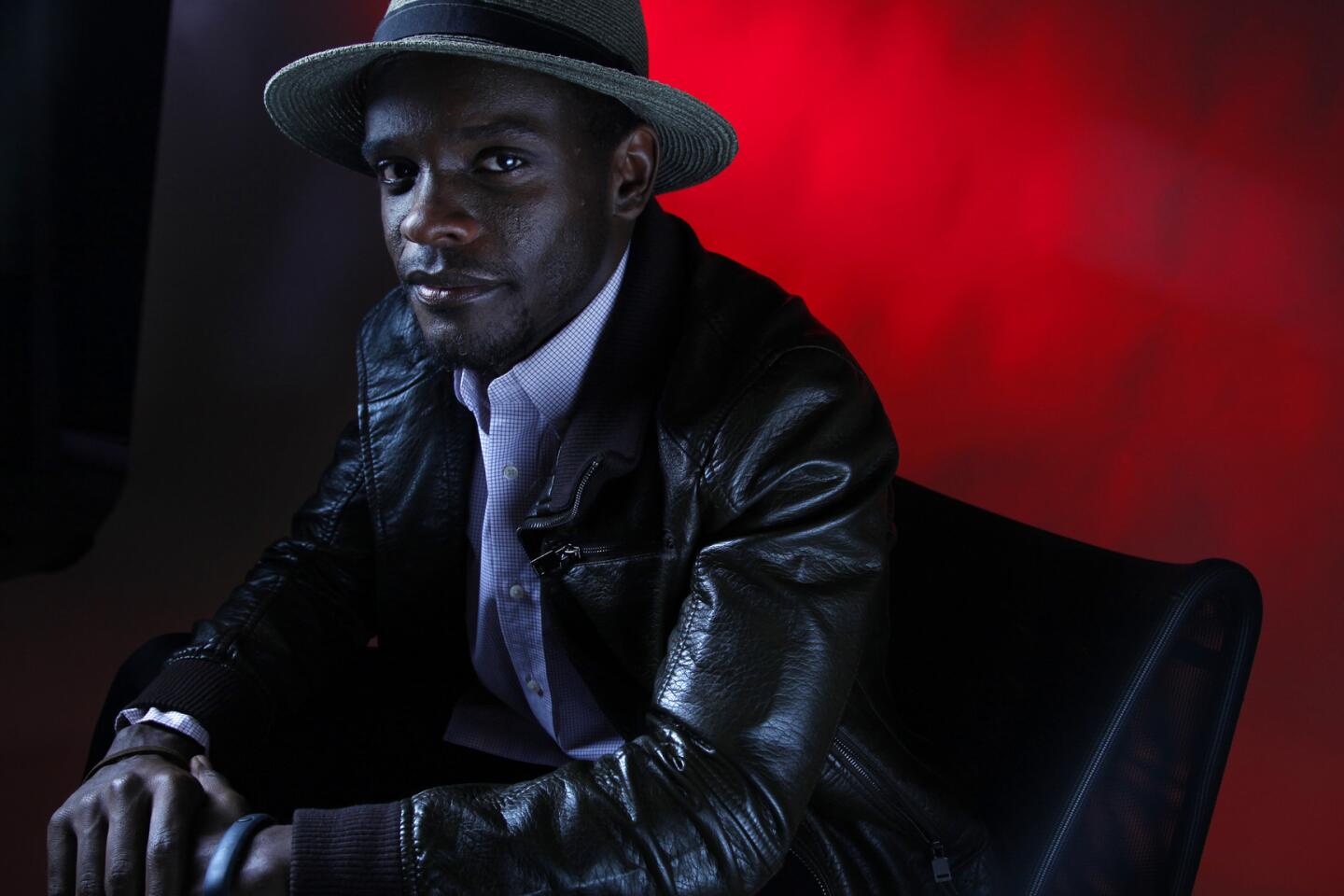
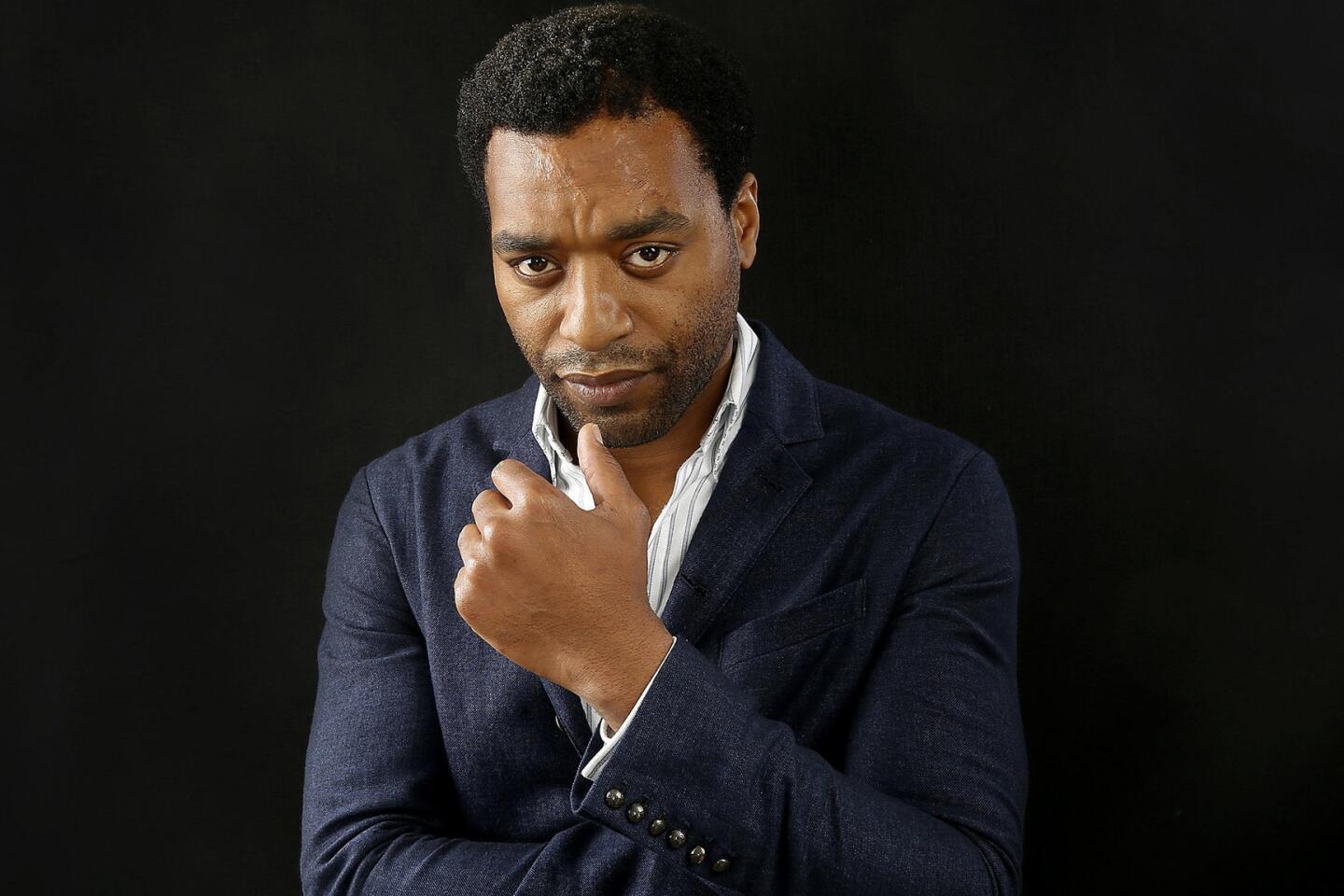

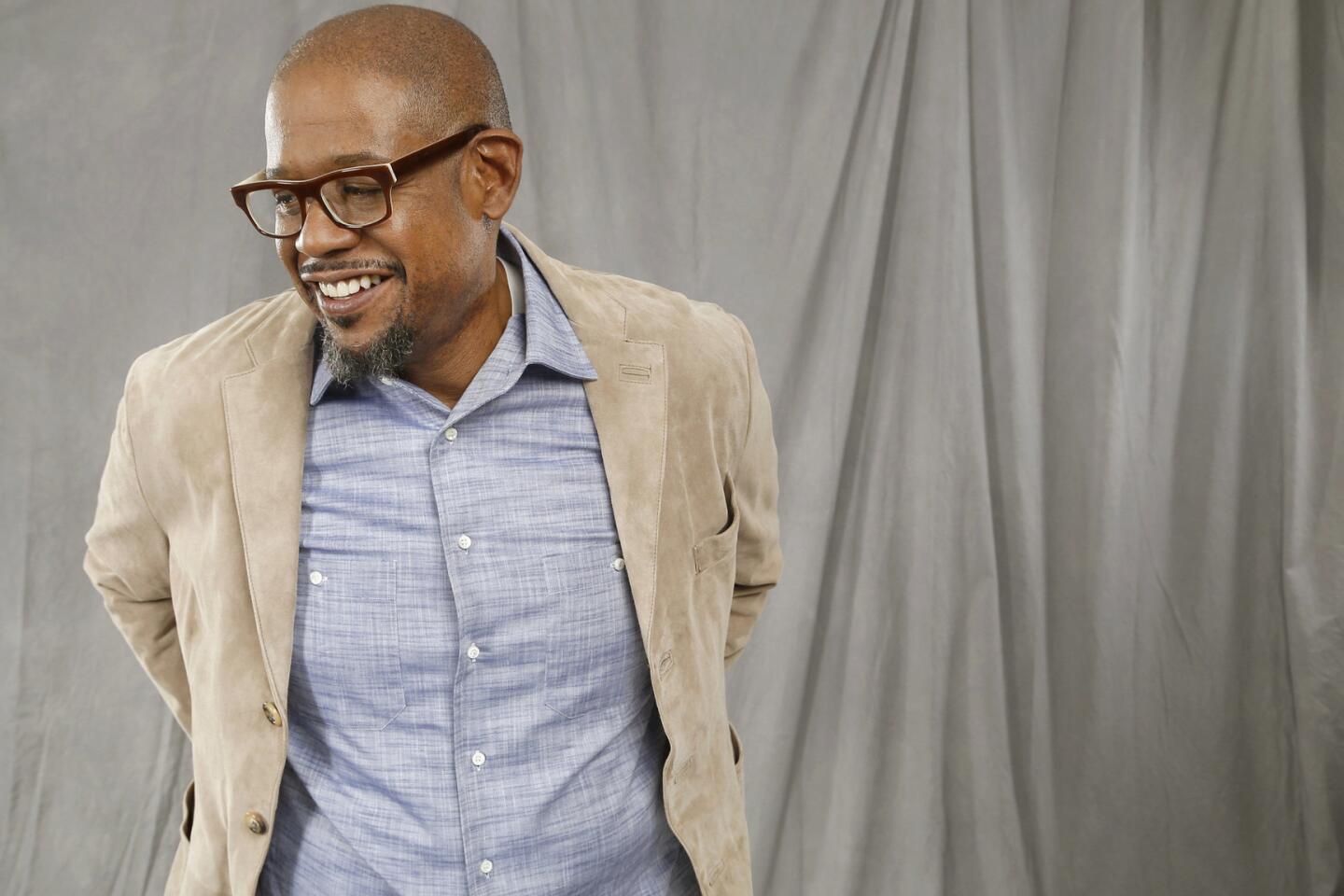
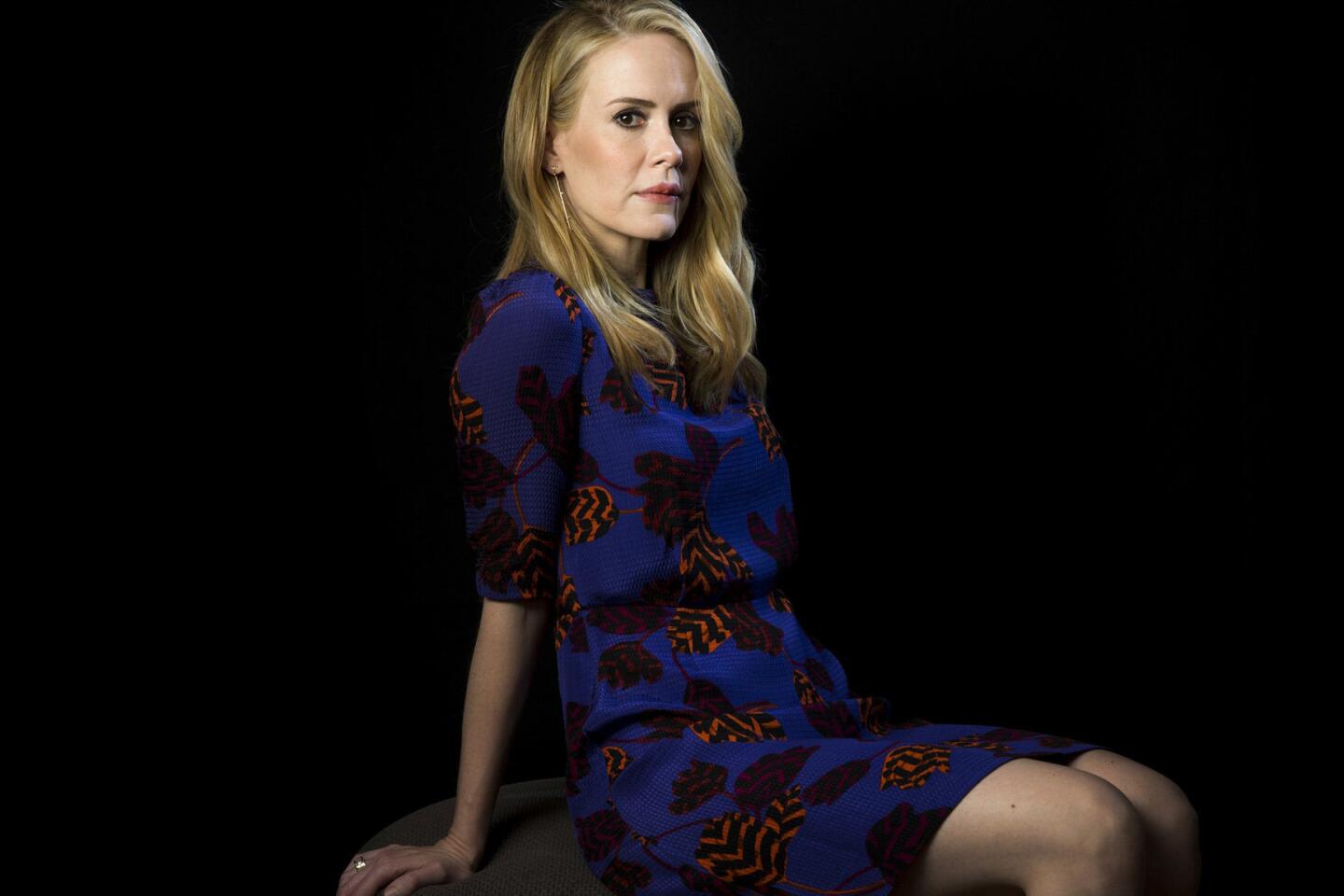
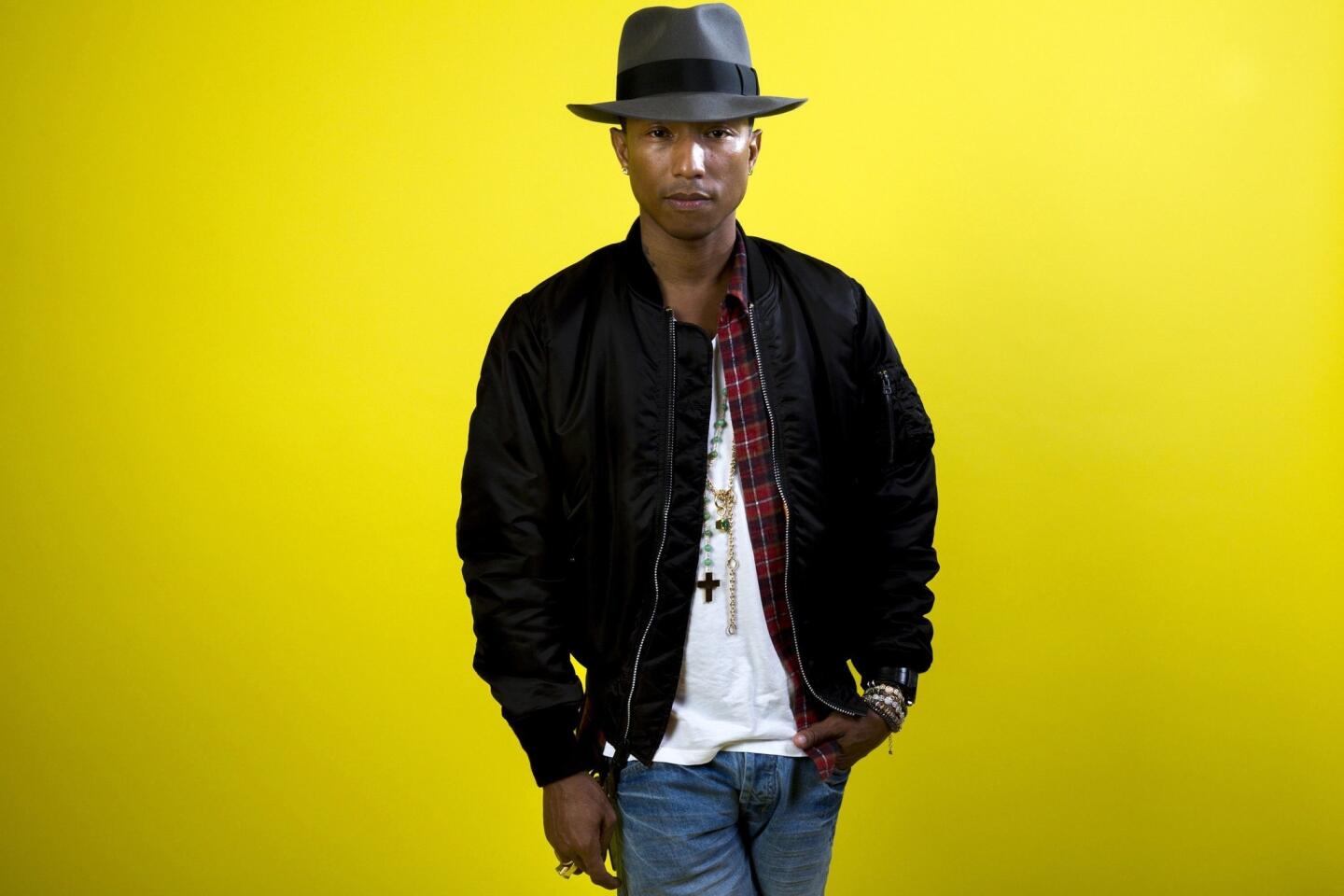

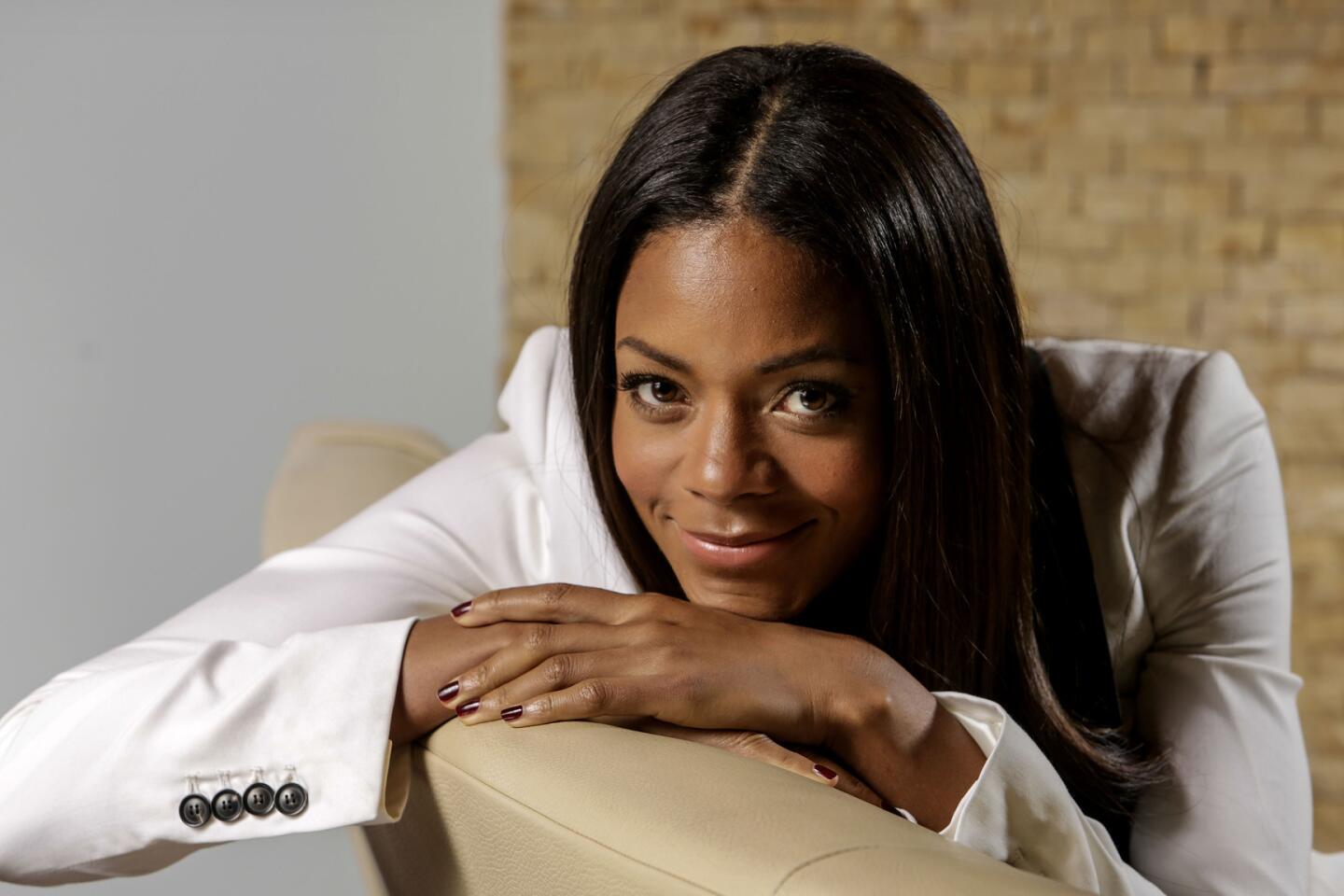
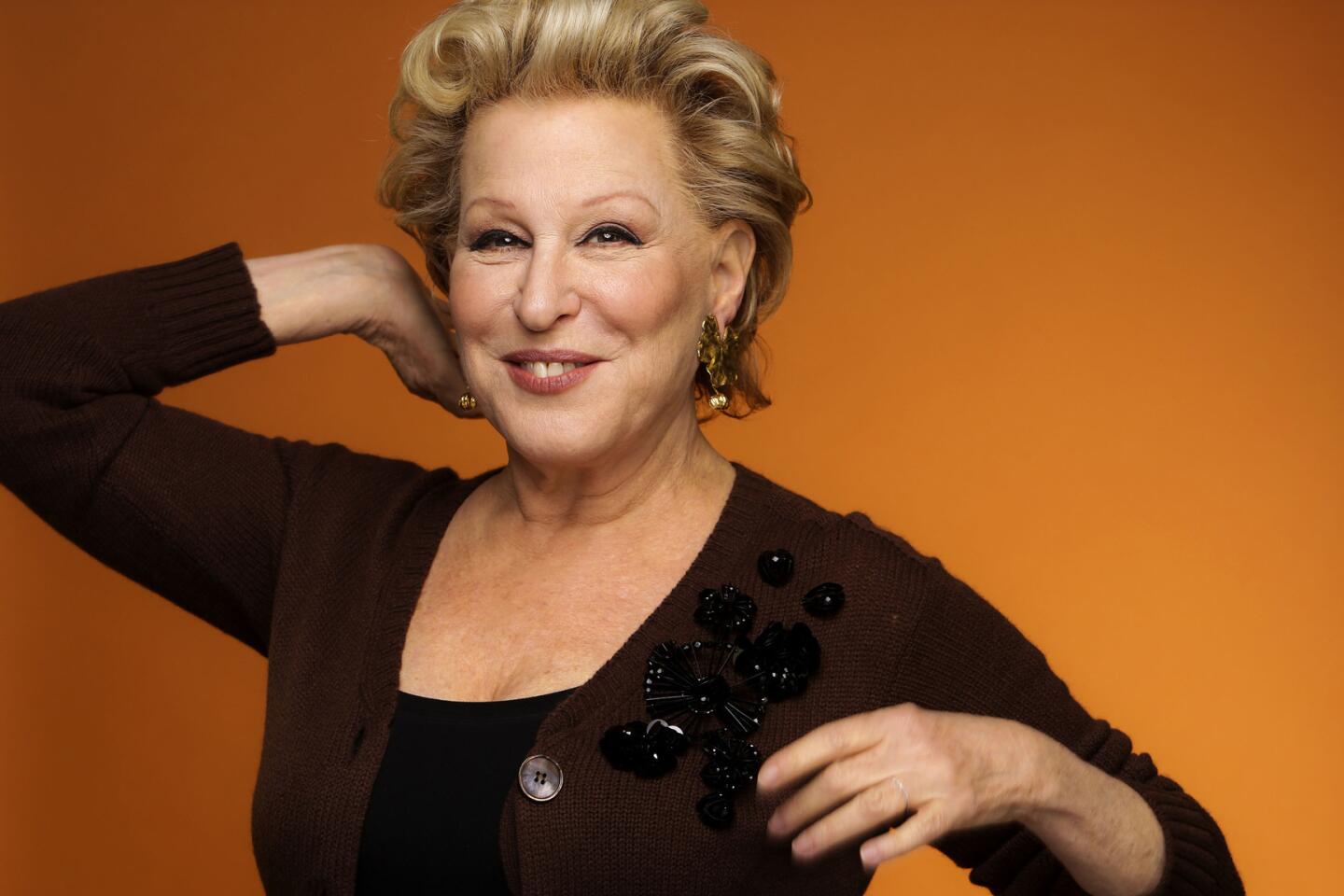
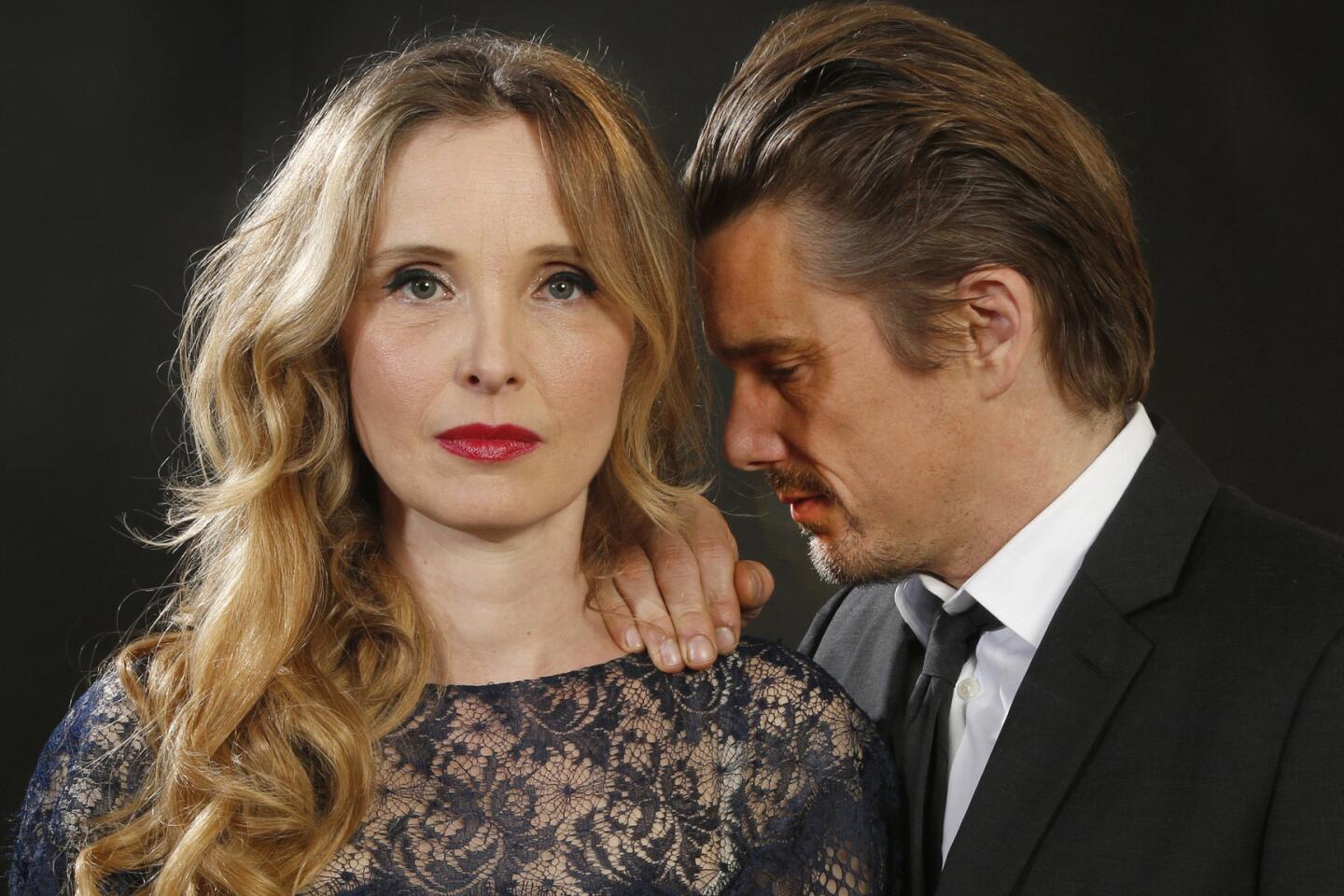
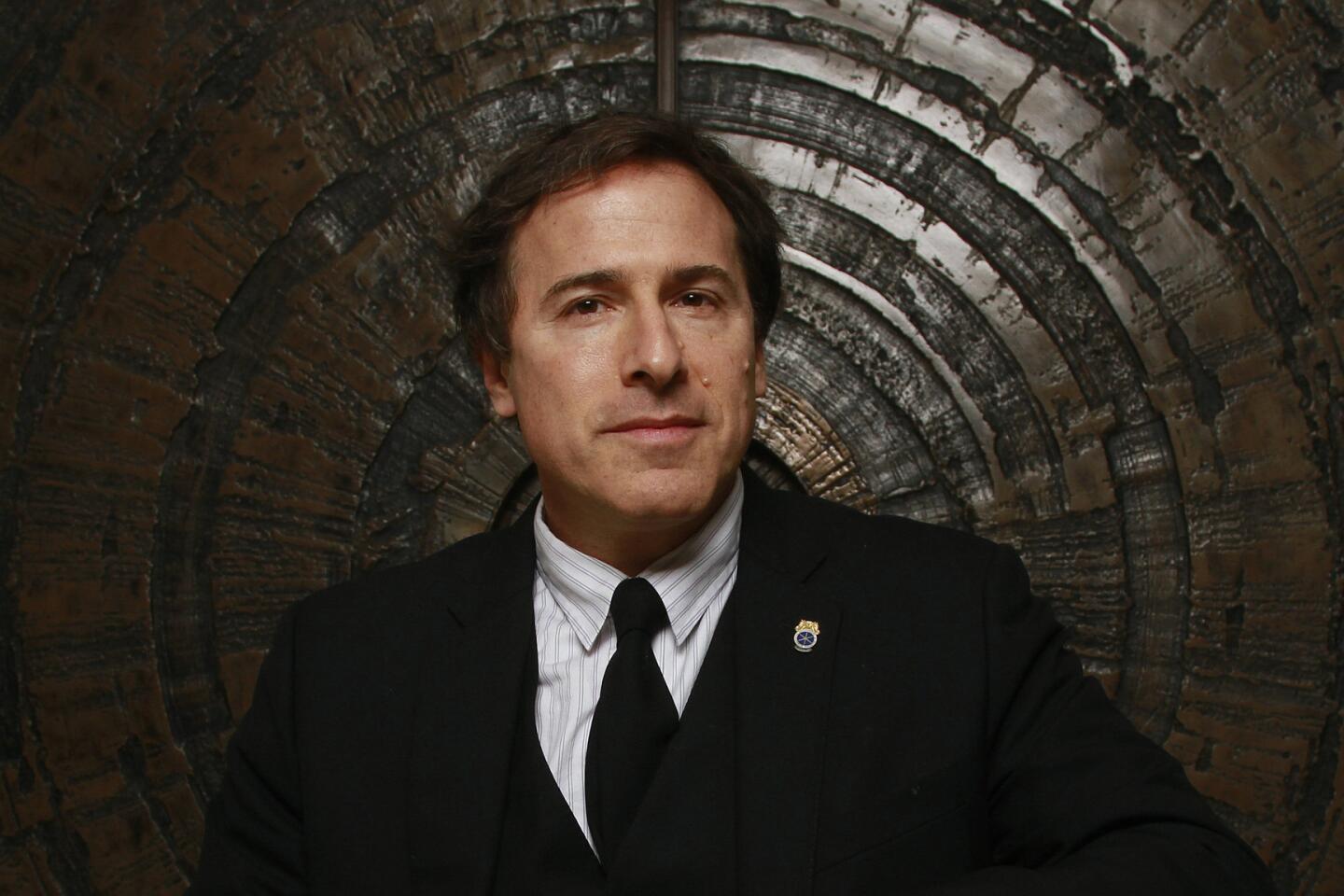
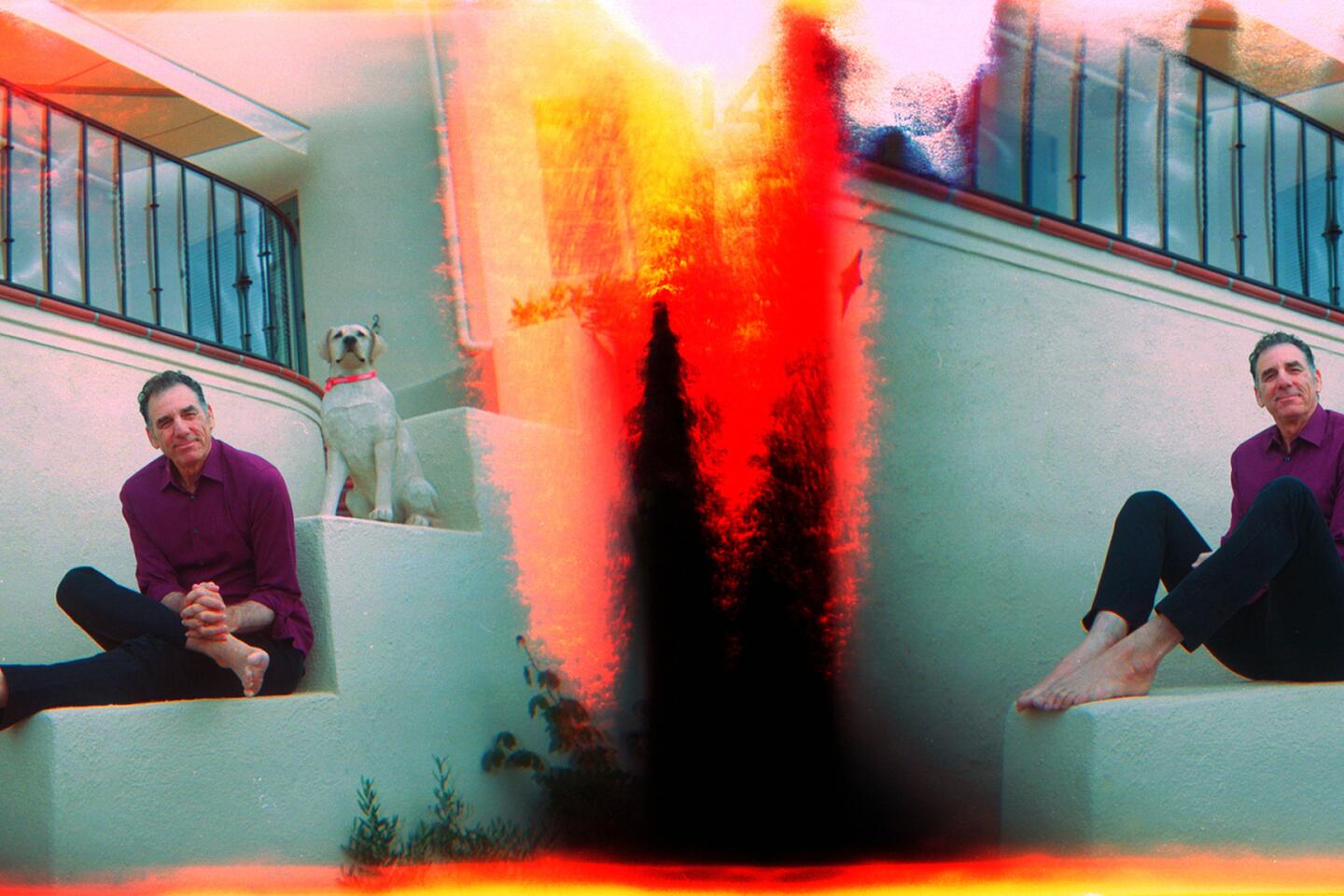
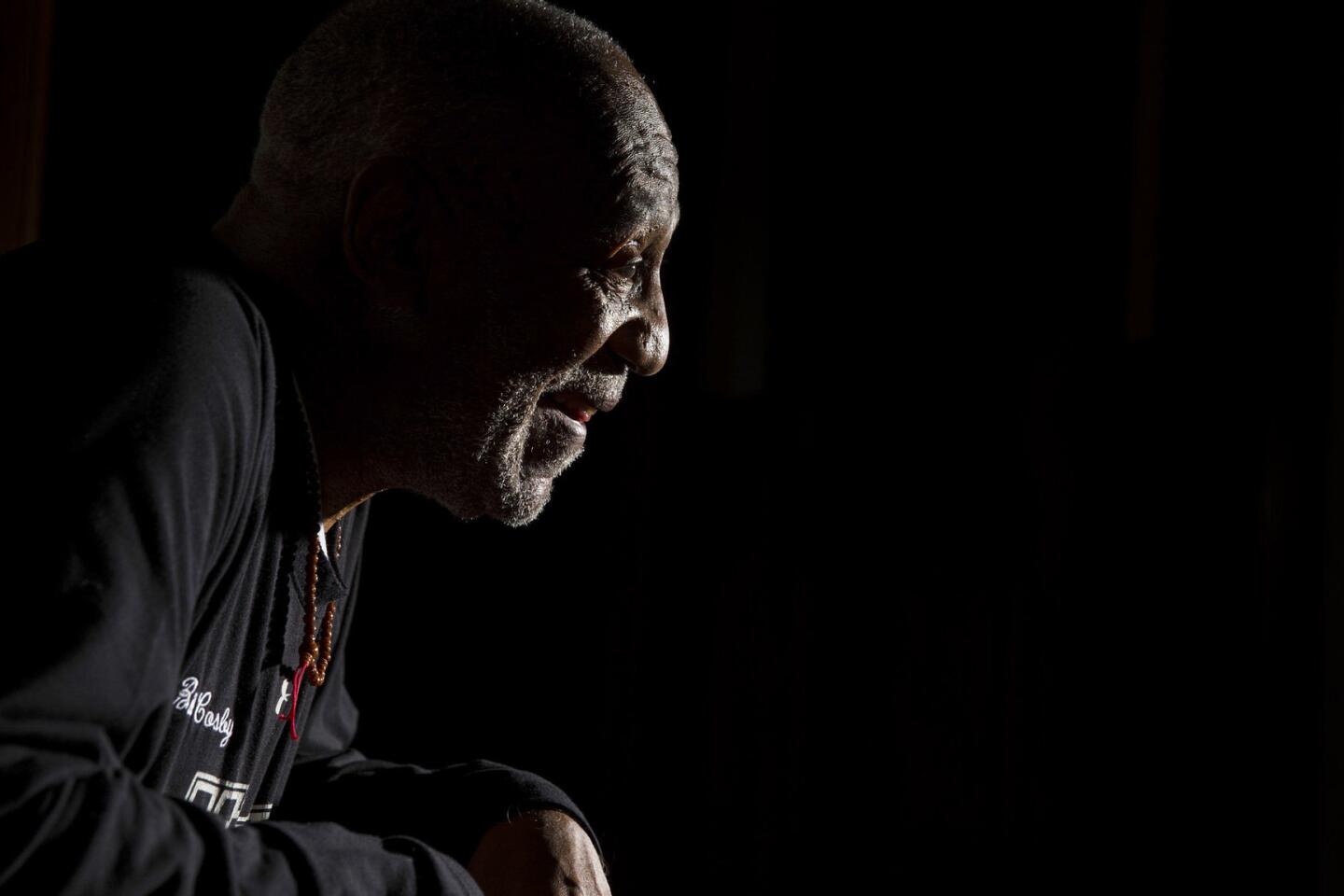
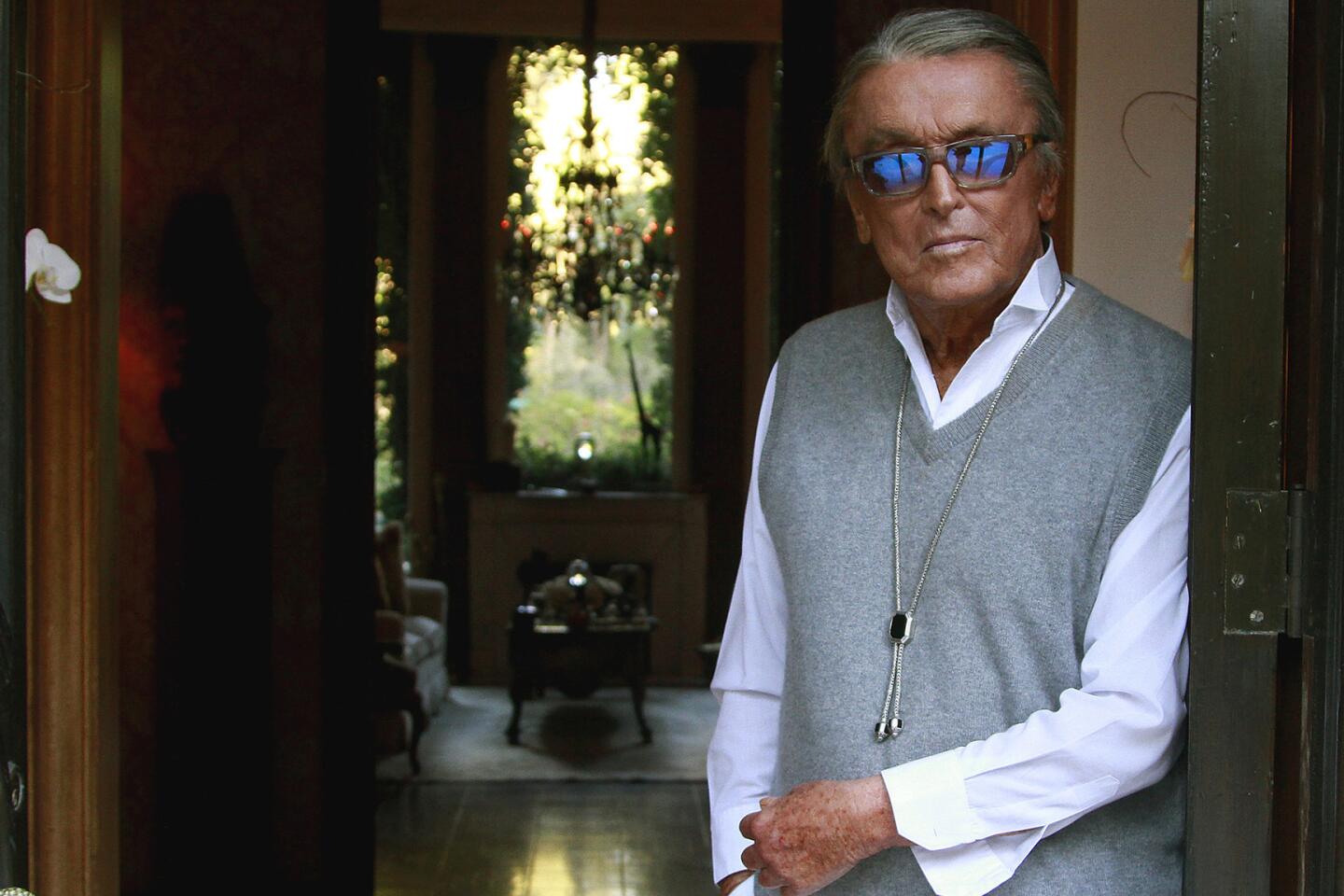
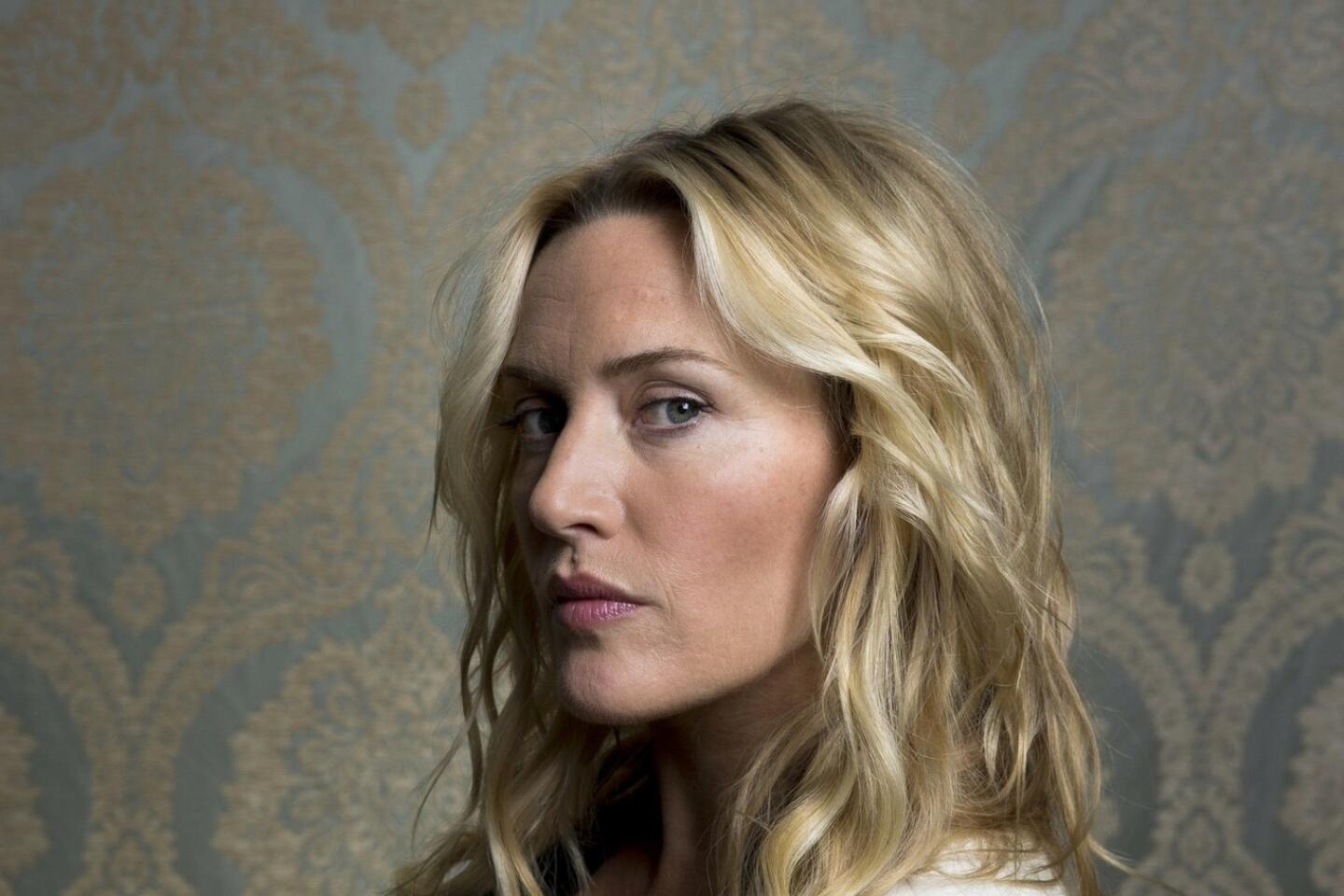




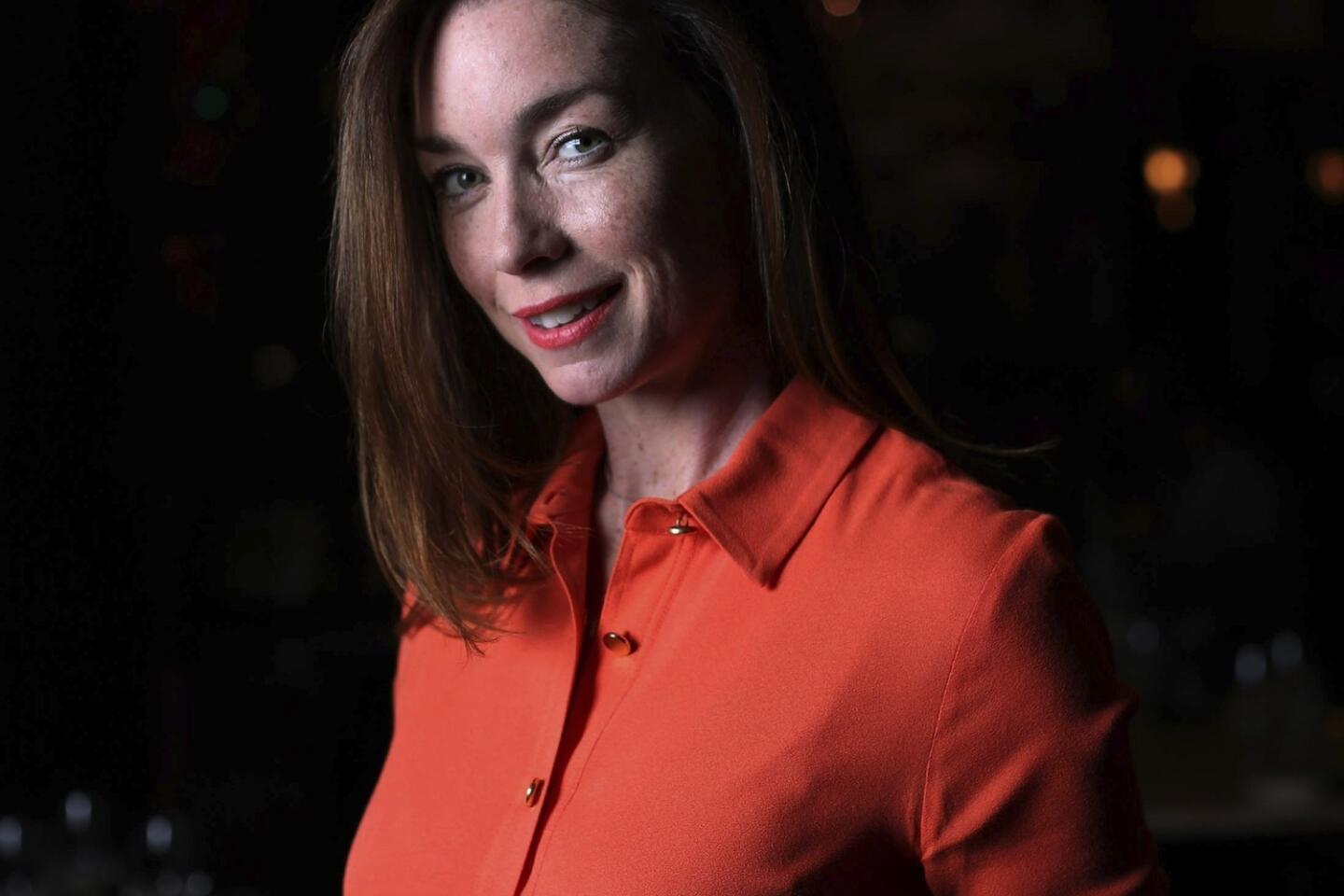

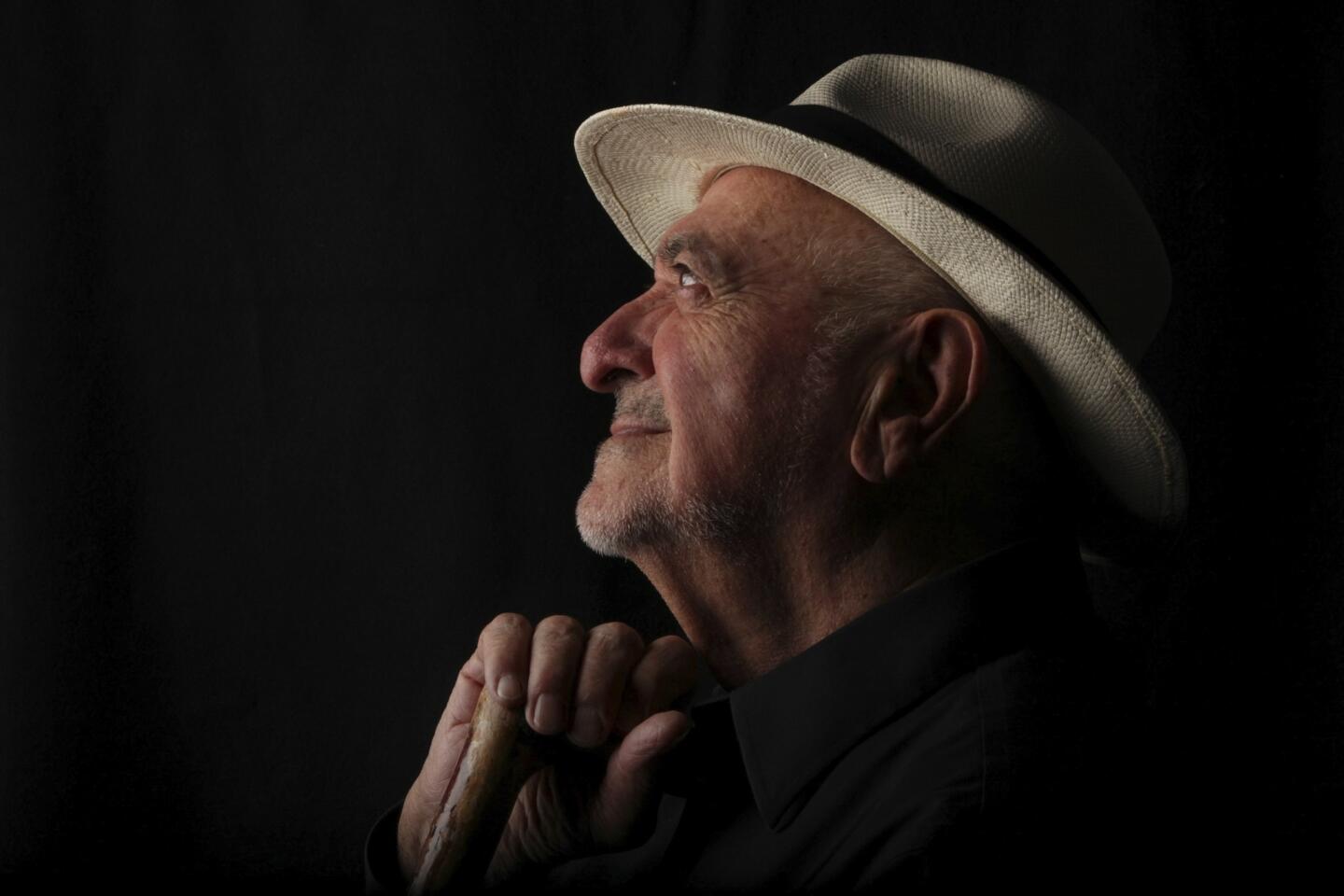

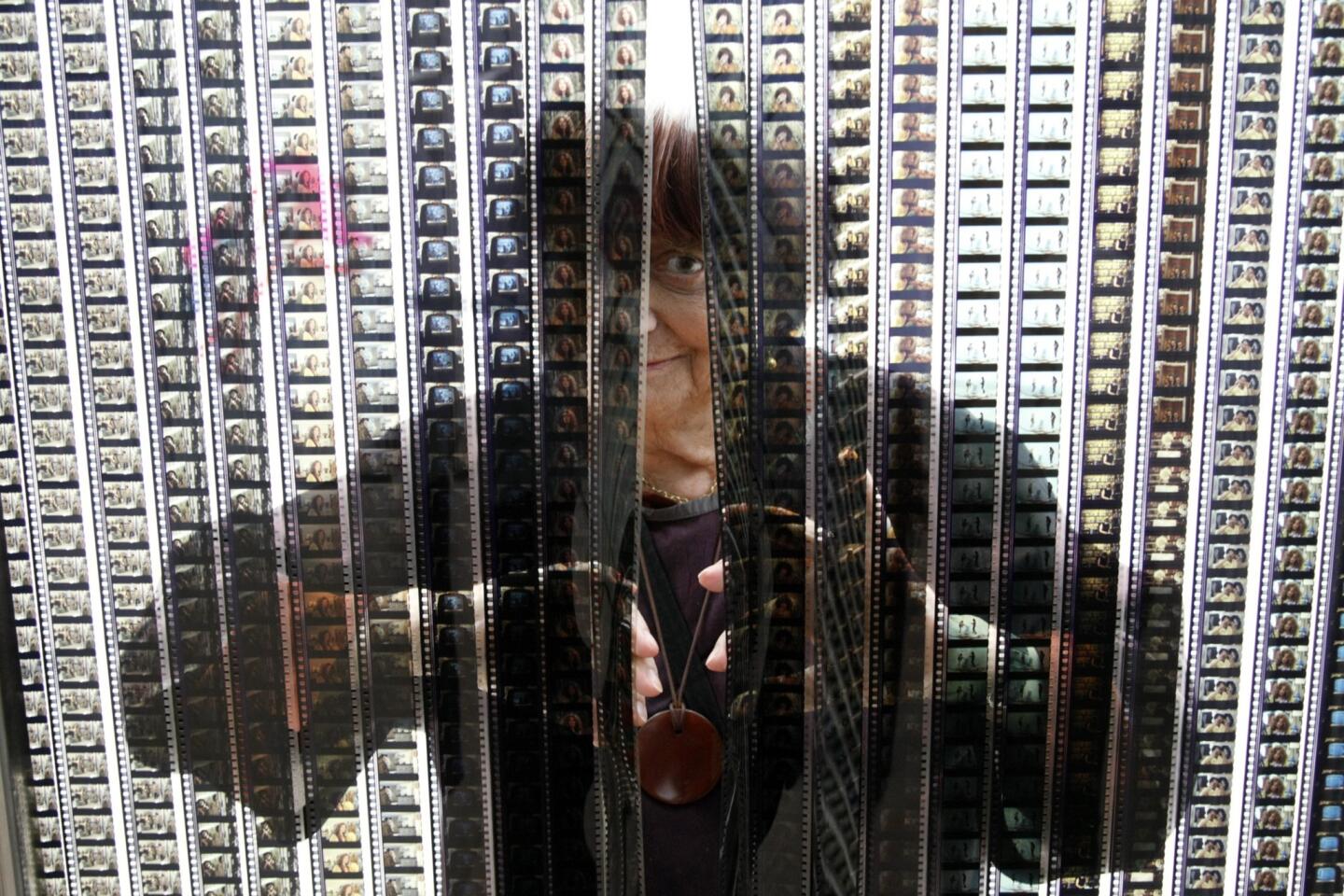

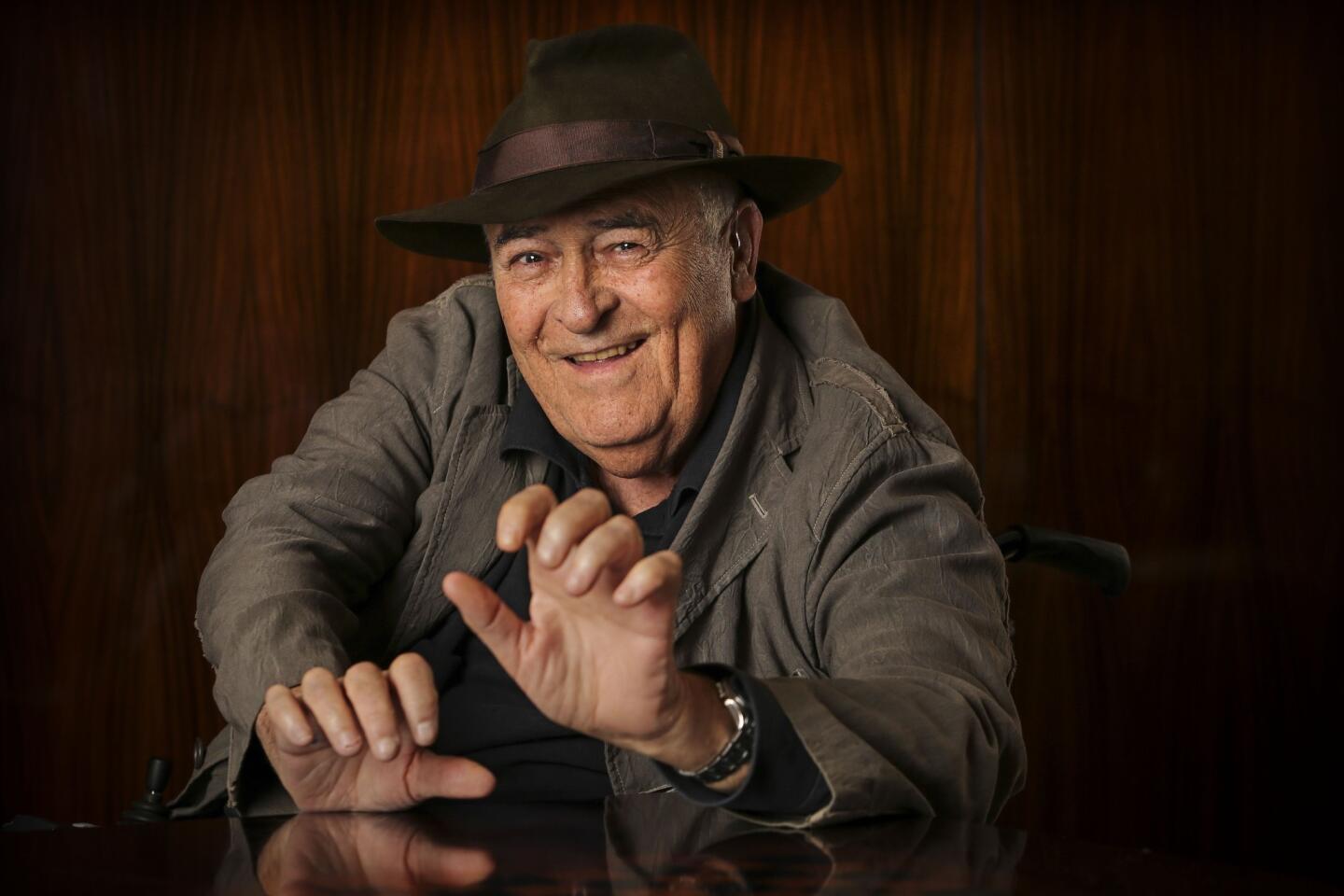
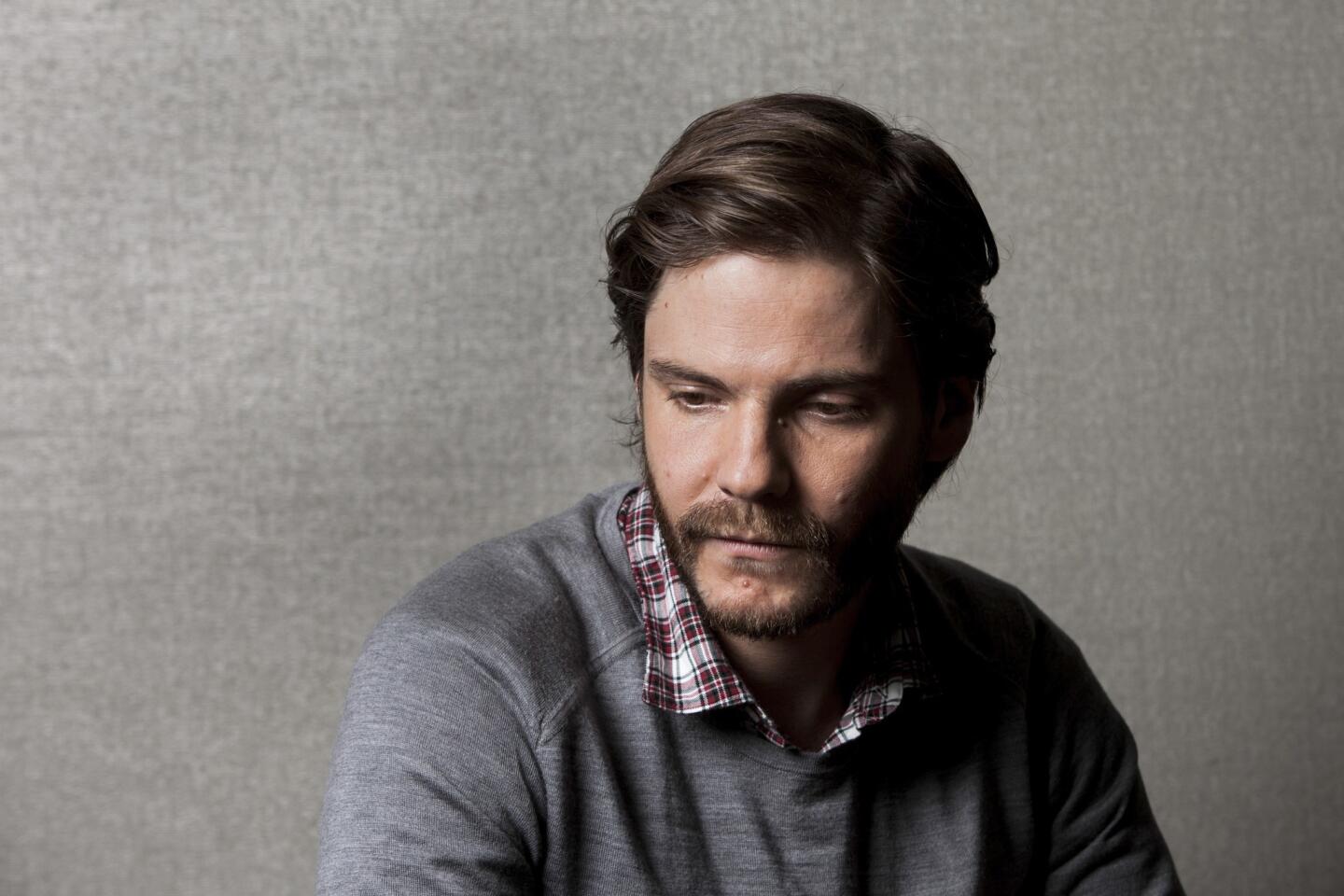
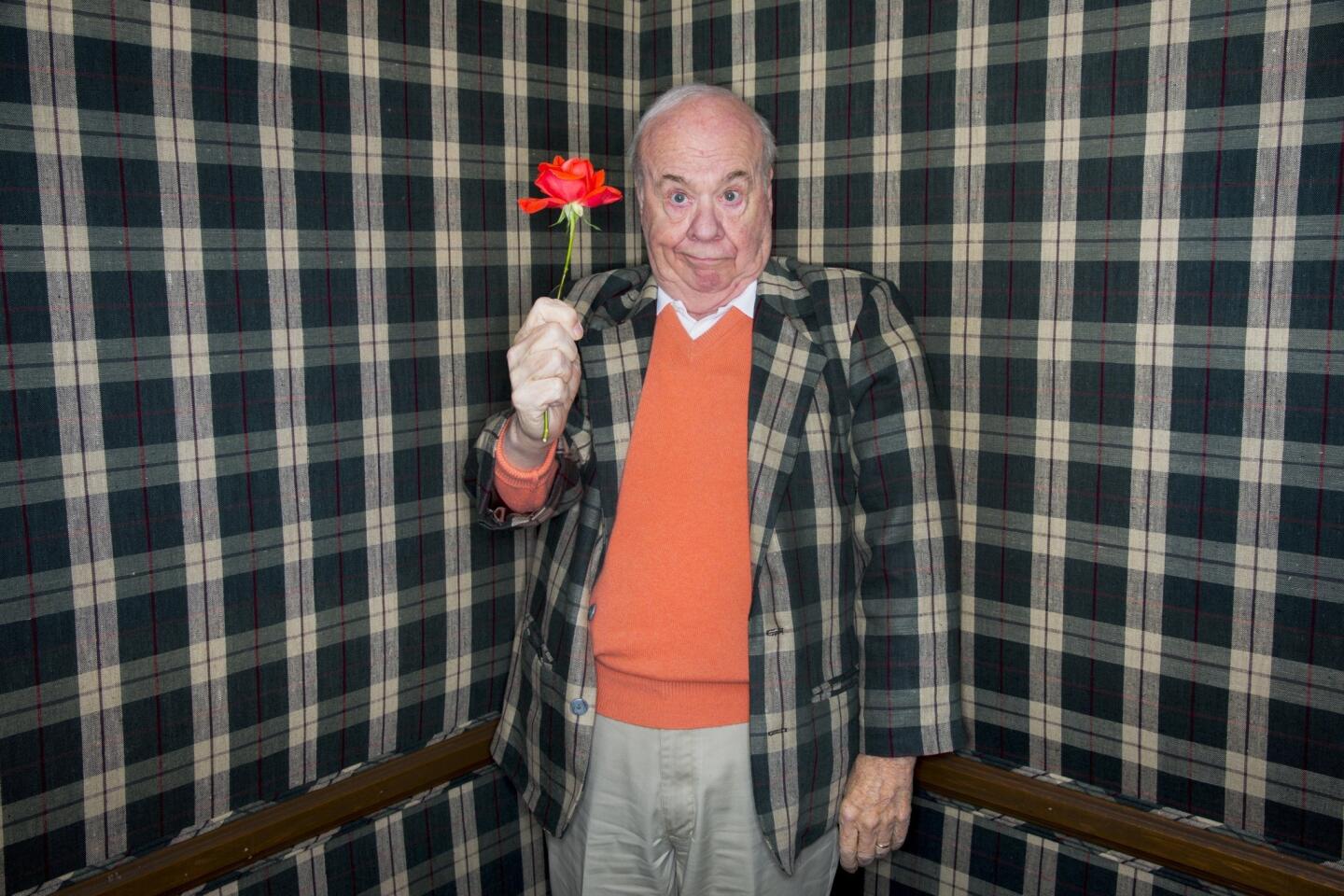



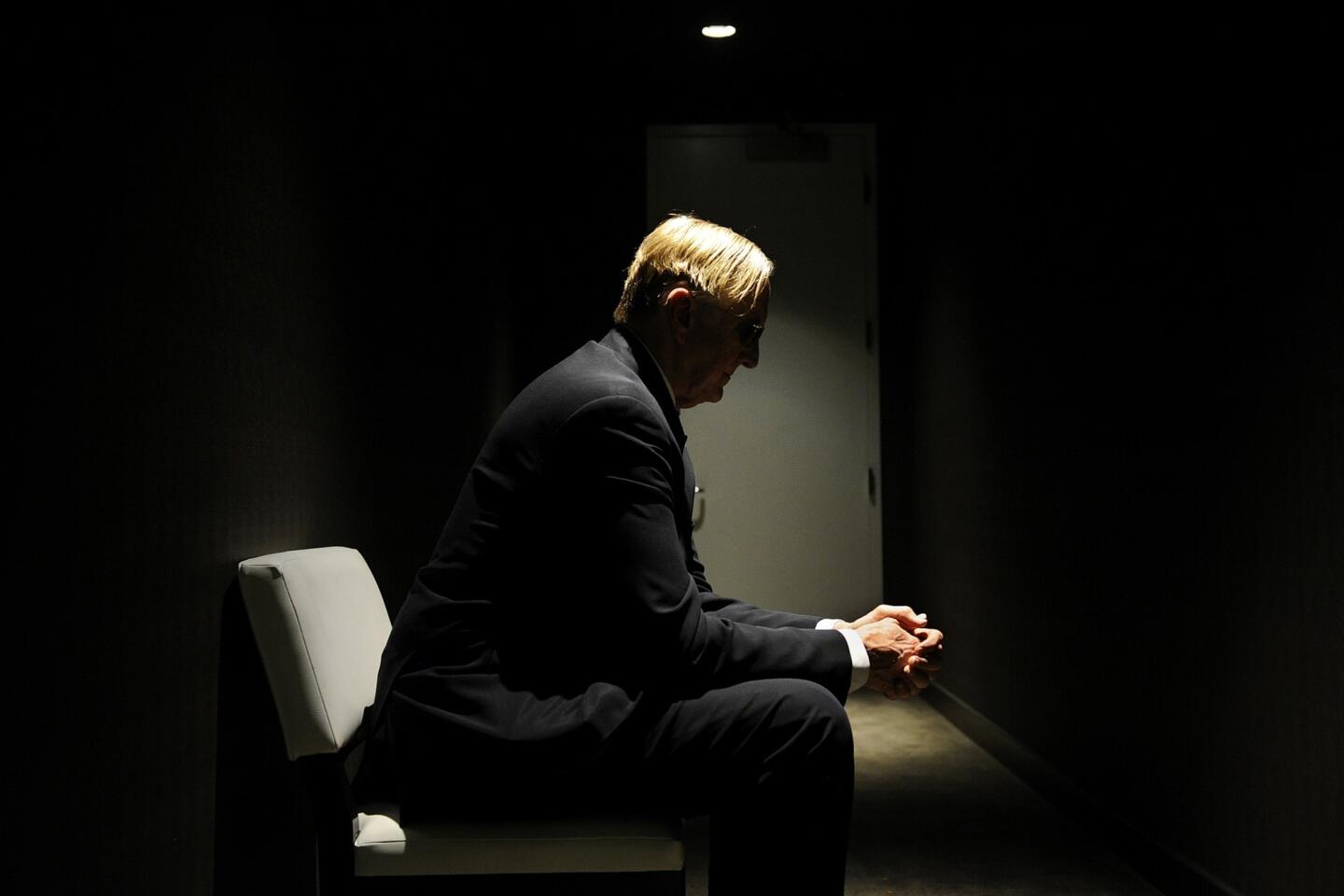
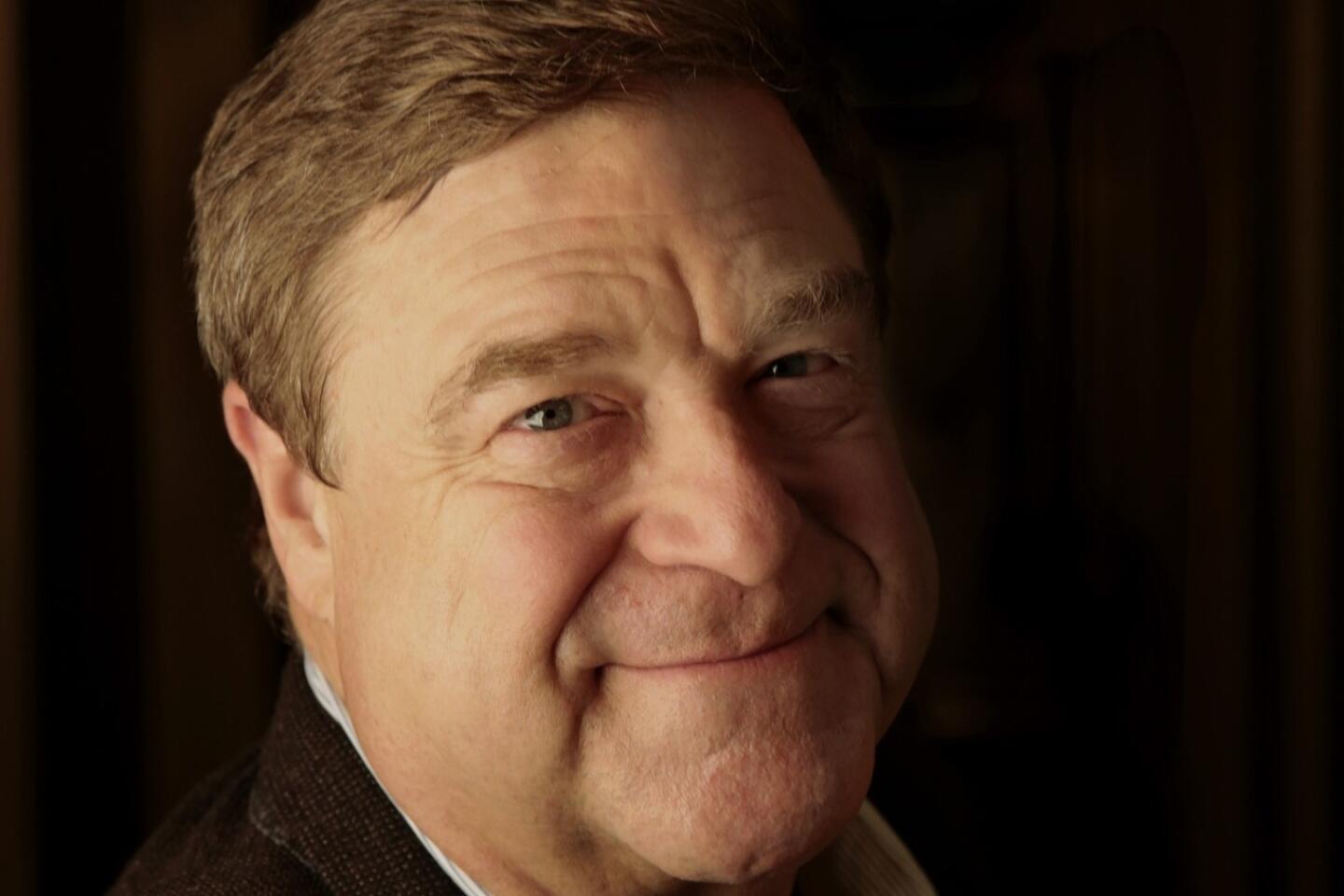

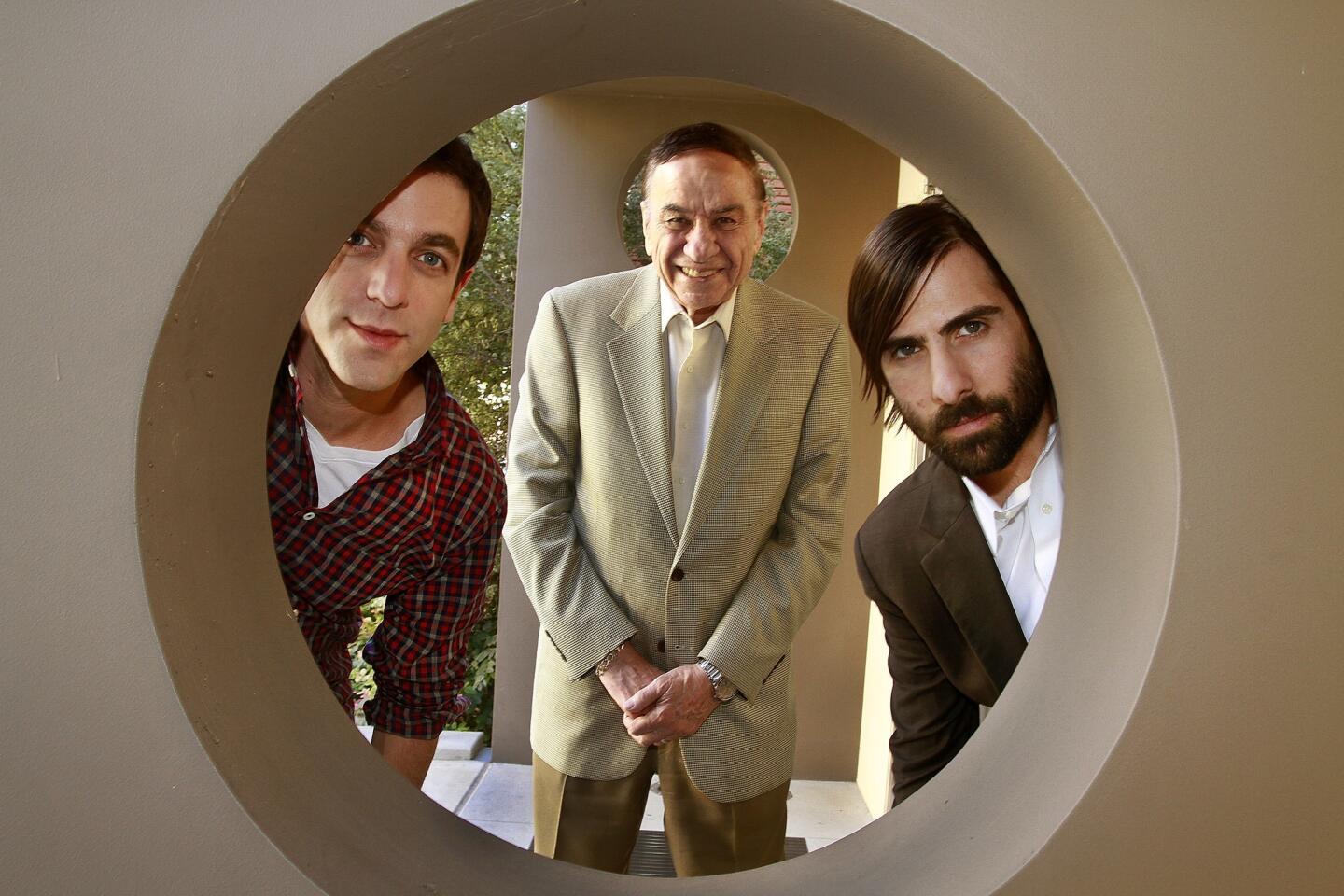
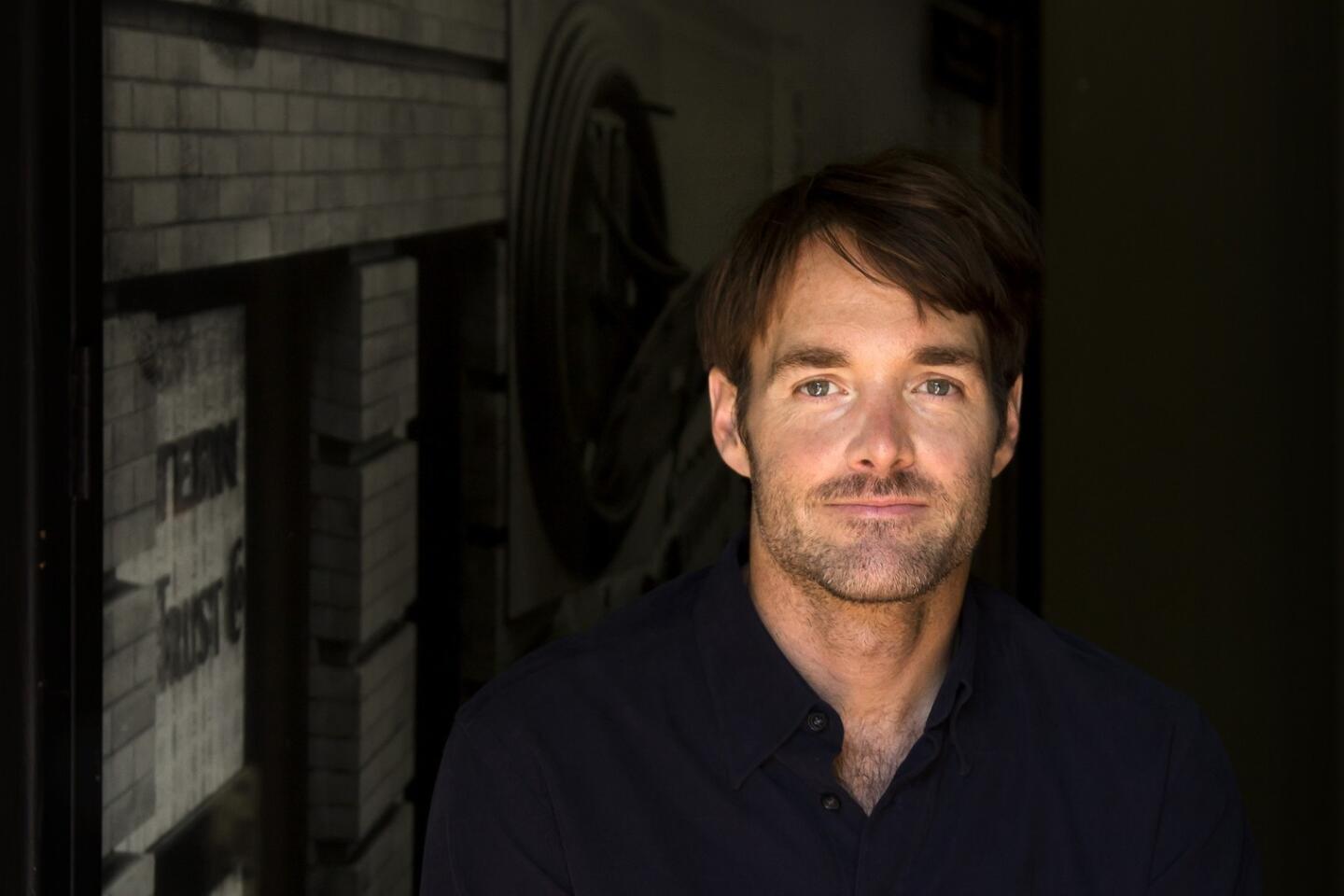
“Saturday Night Live” alumnus Will Forte stops off at the Cinefamily Theatre in Los Angeles as he promotes his new movie, “Nebraska,” with with Bruce Dern.
(Ricardo DeAratanha / Los Angeles Times)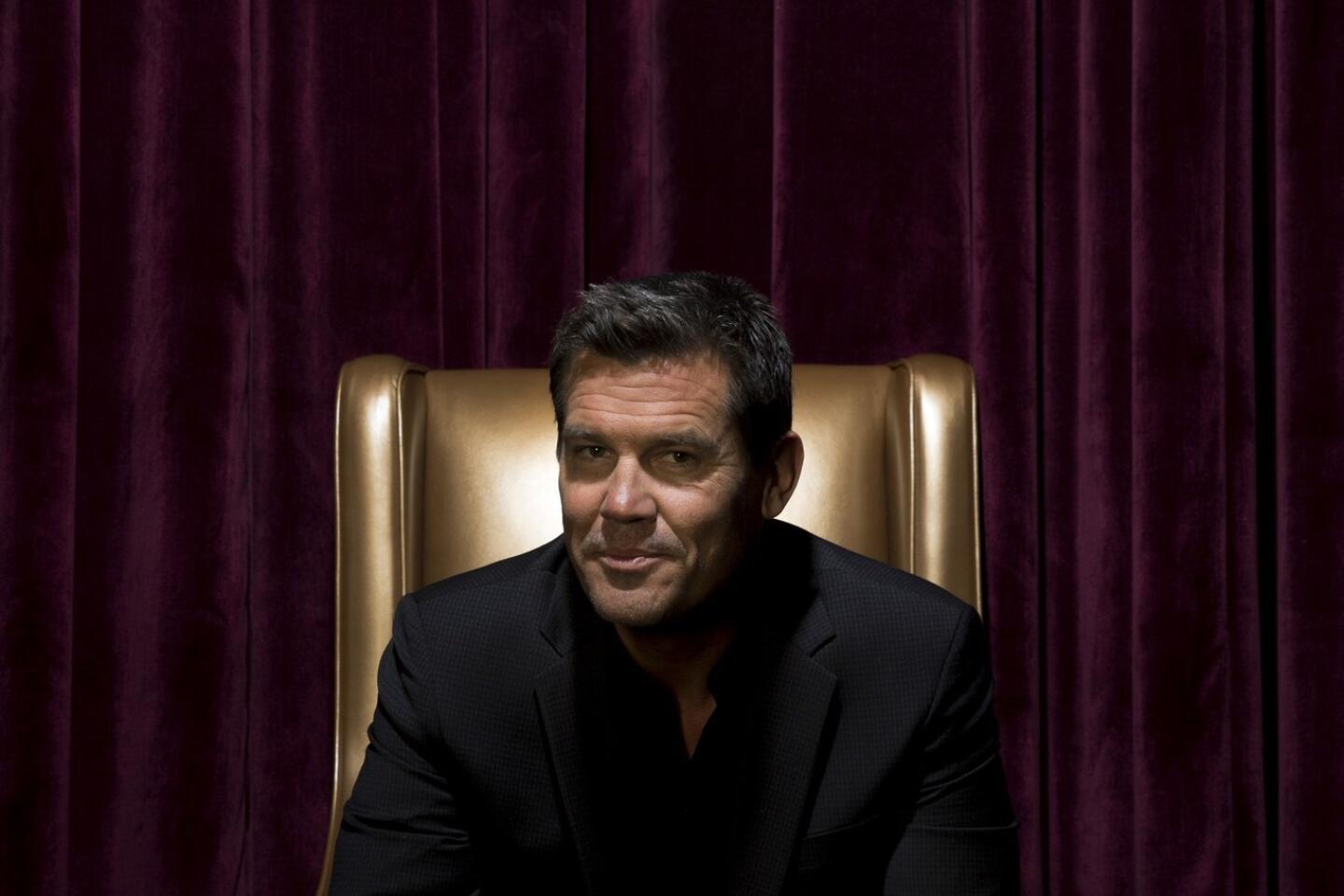



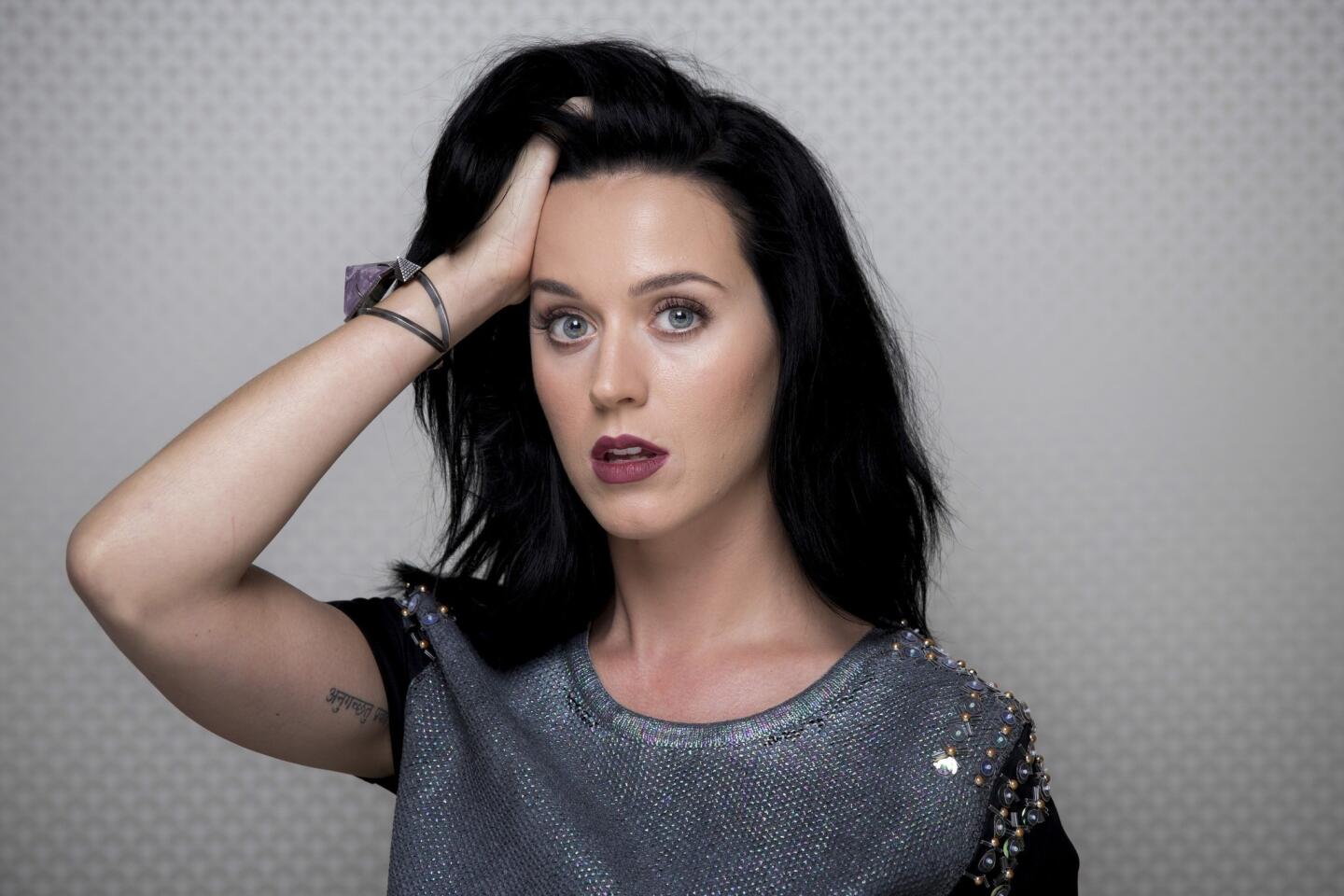



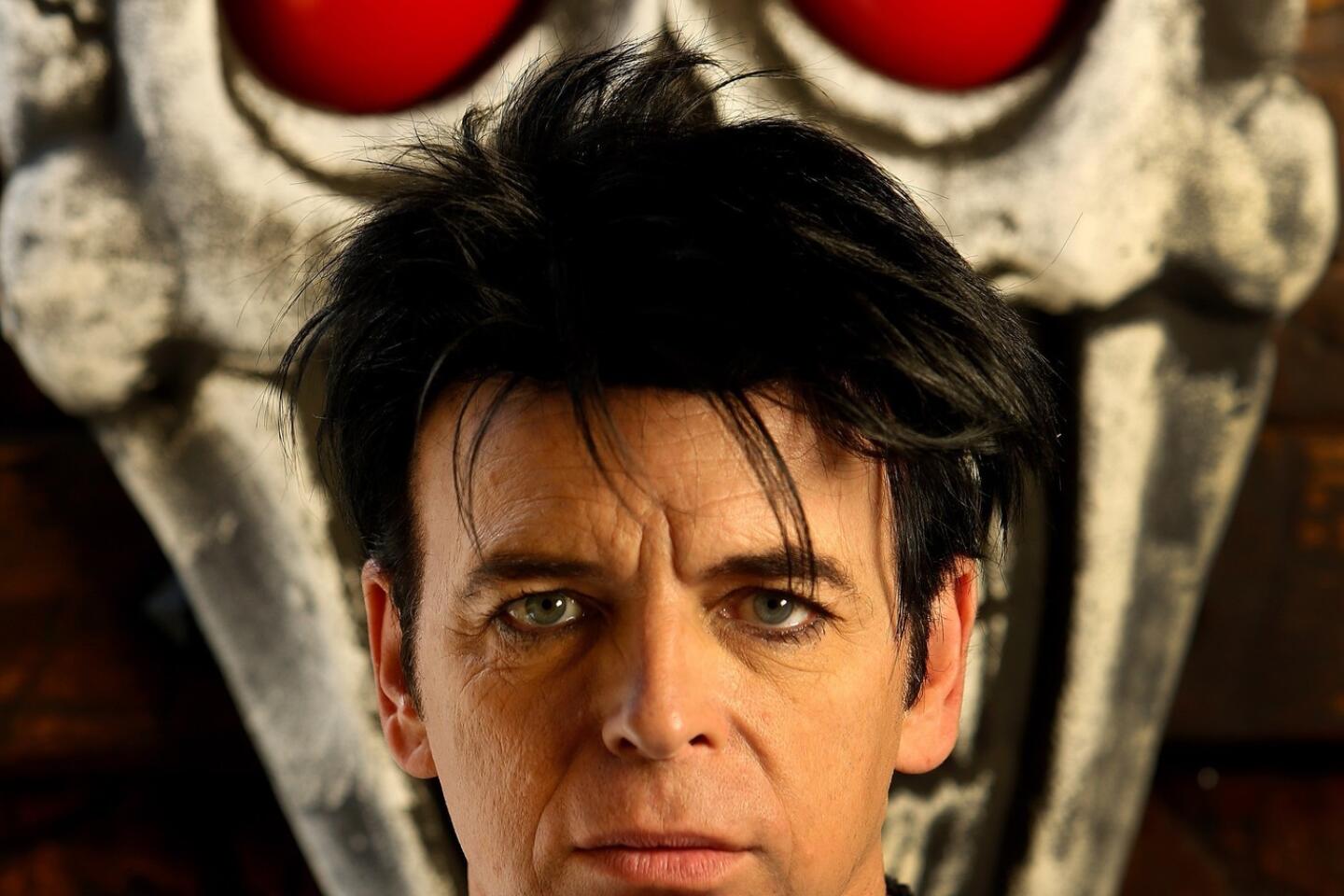

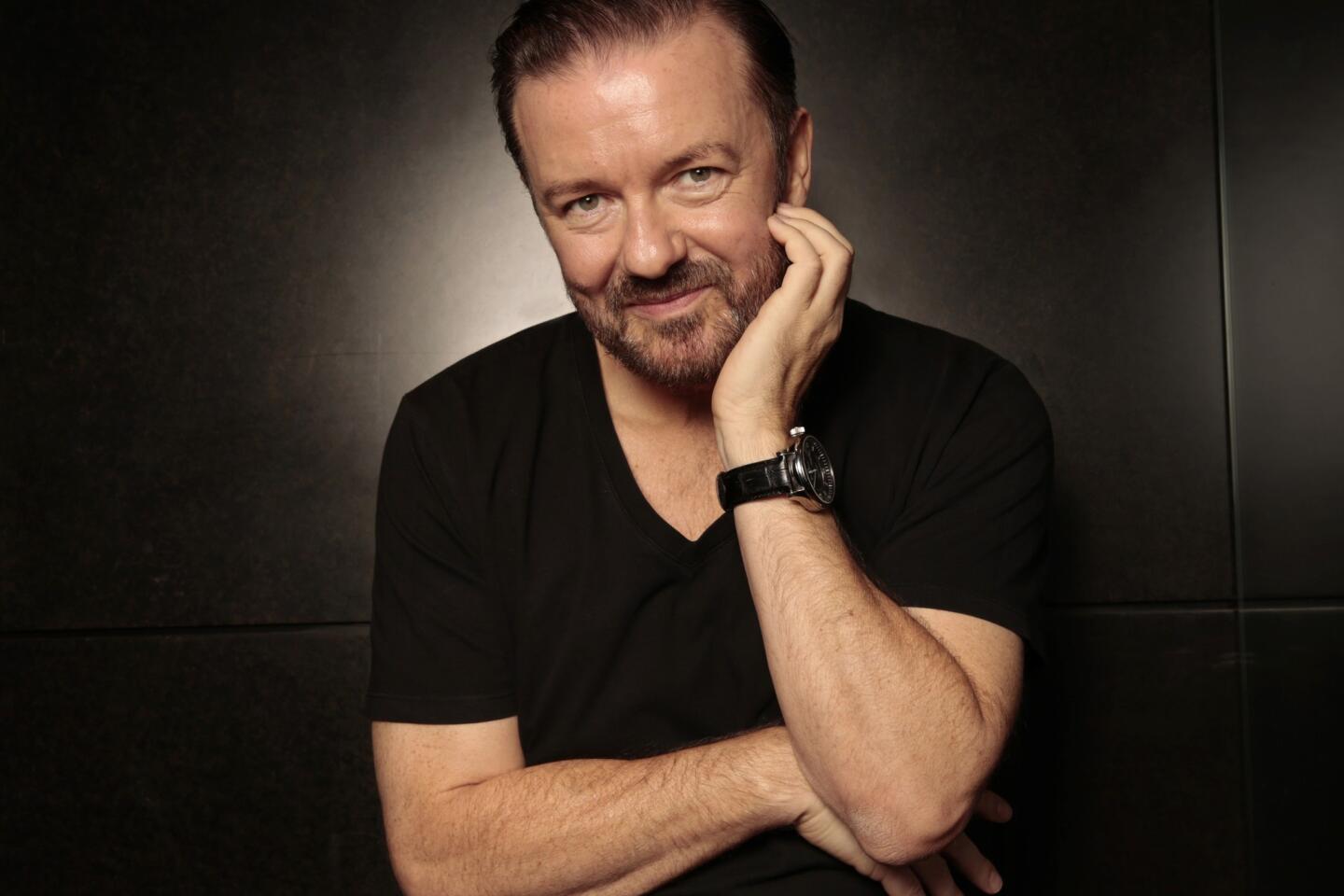

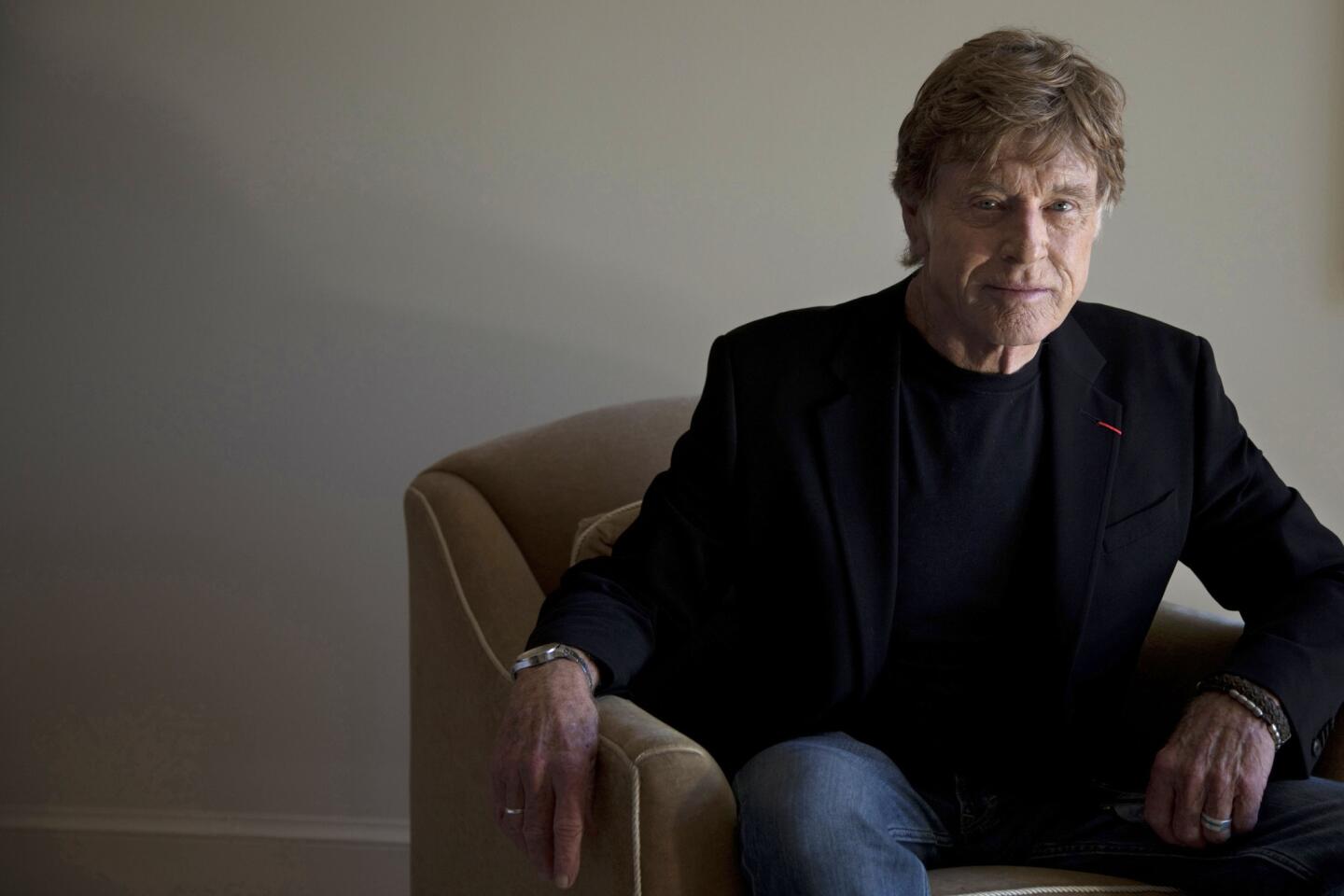

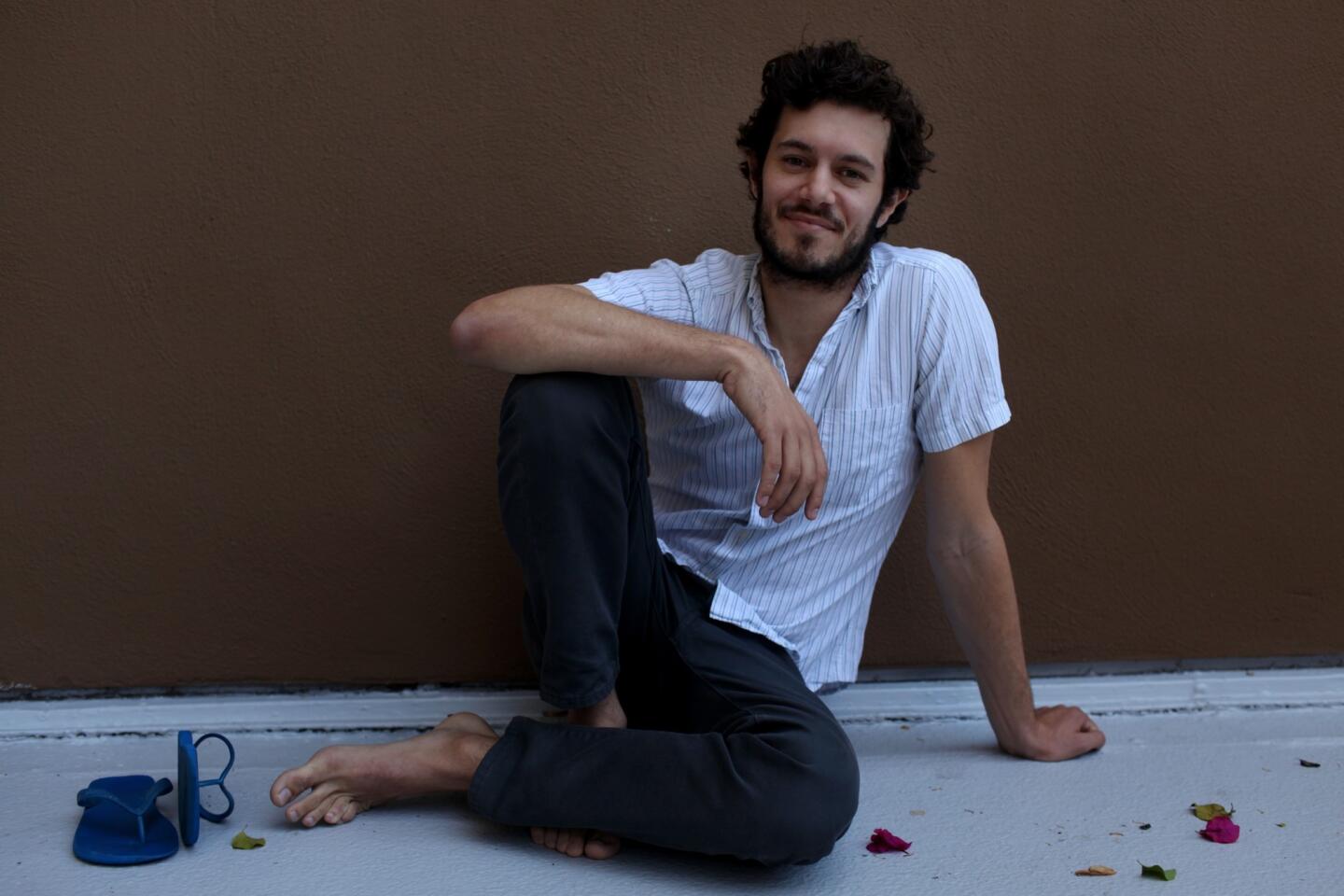
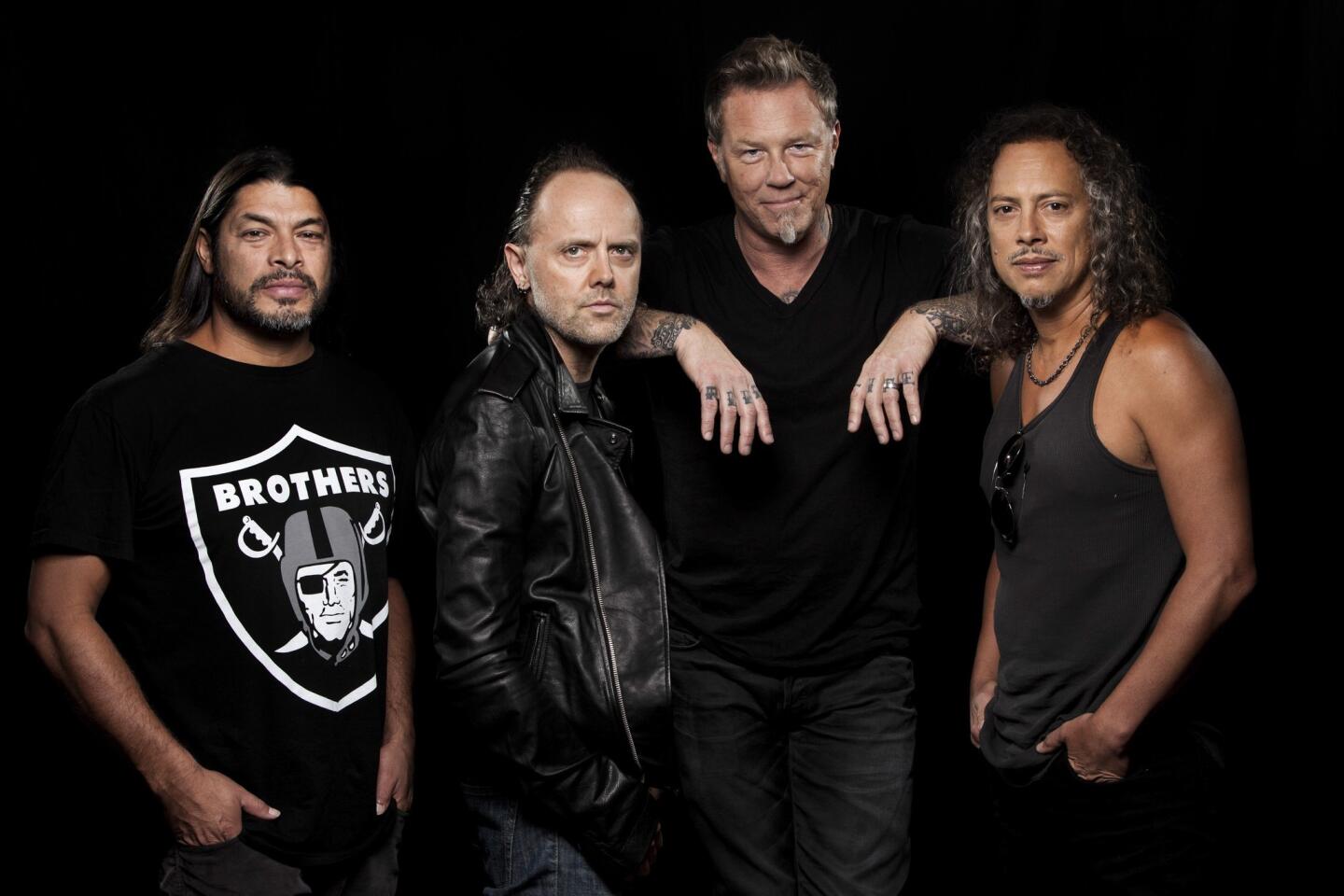
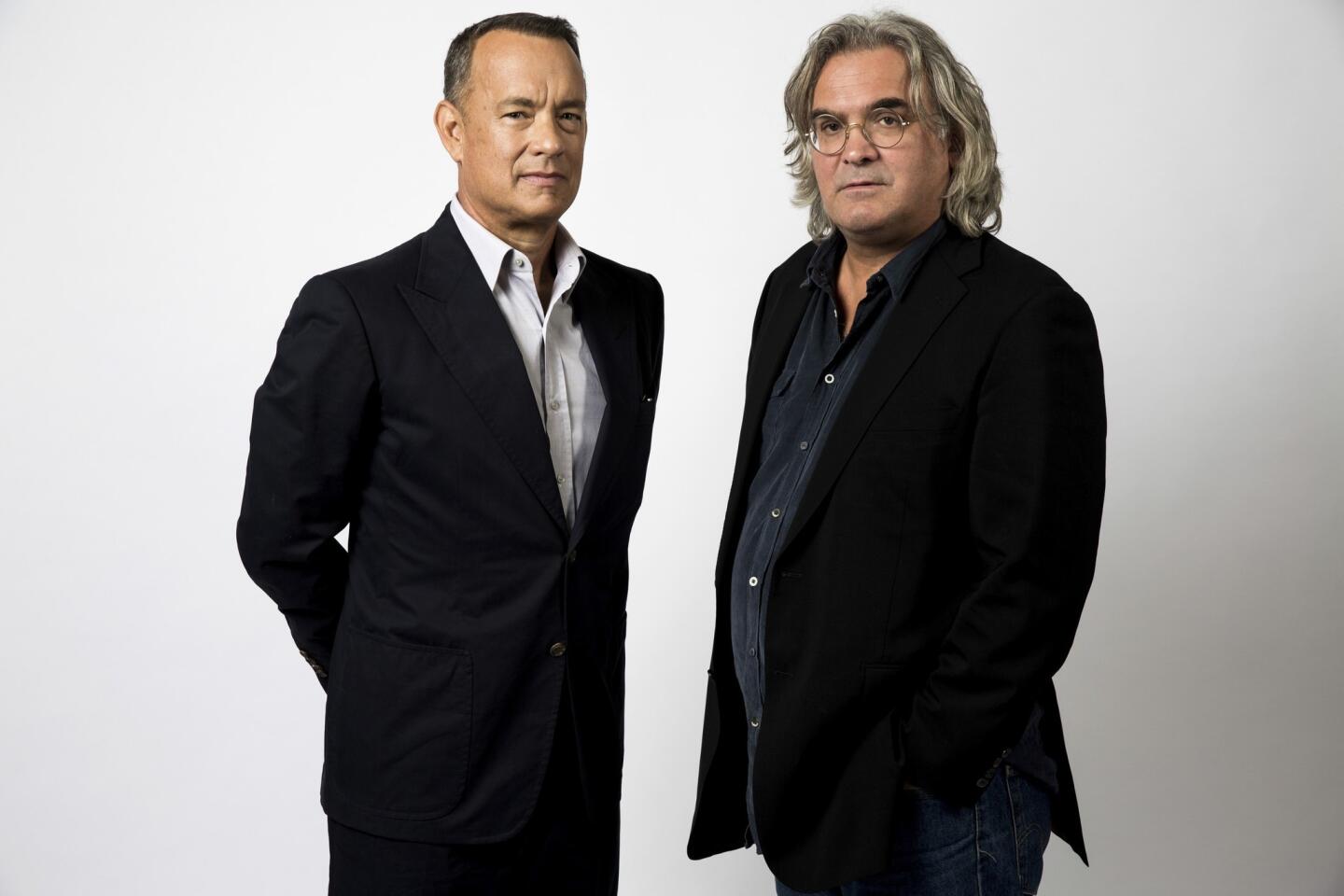

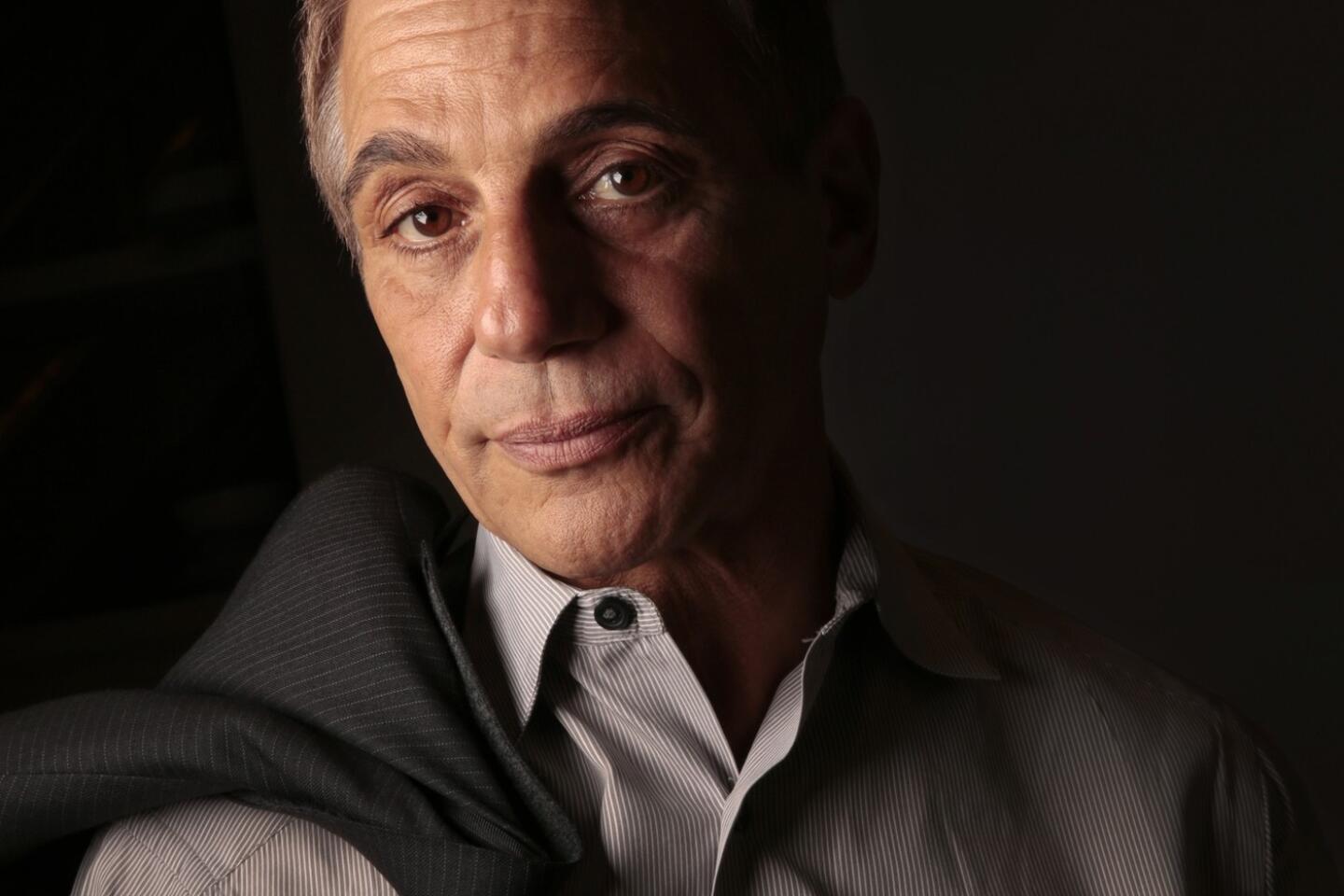
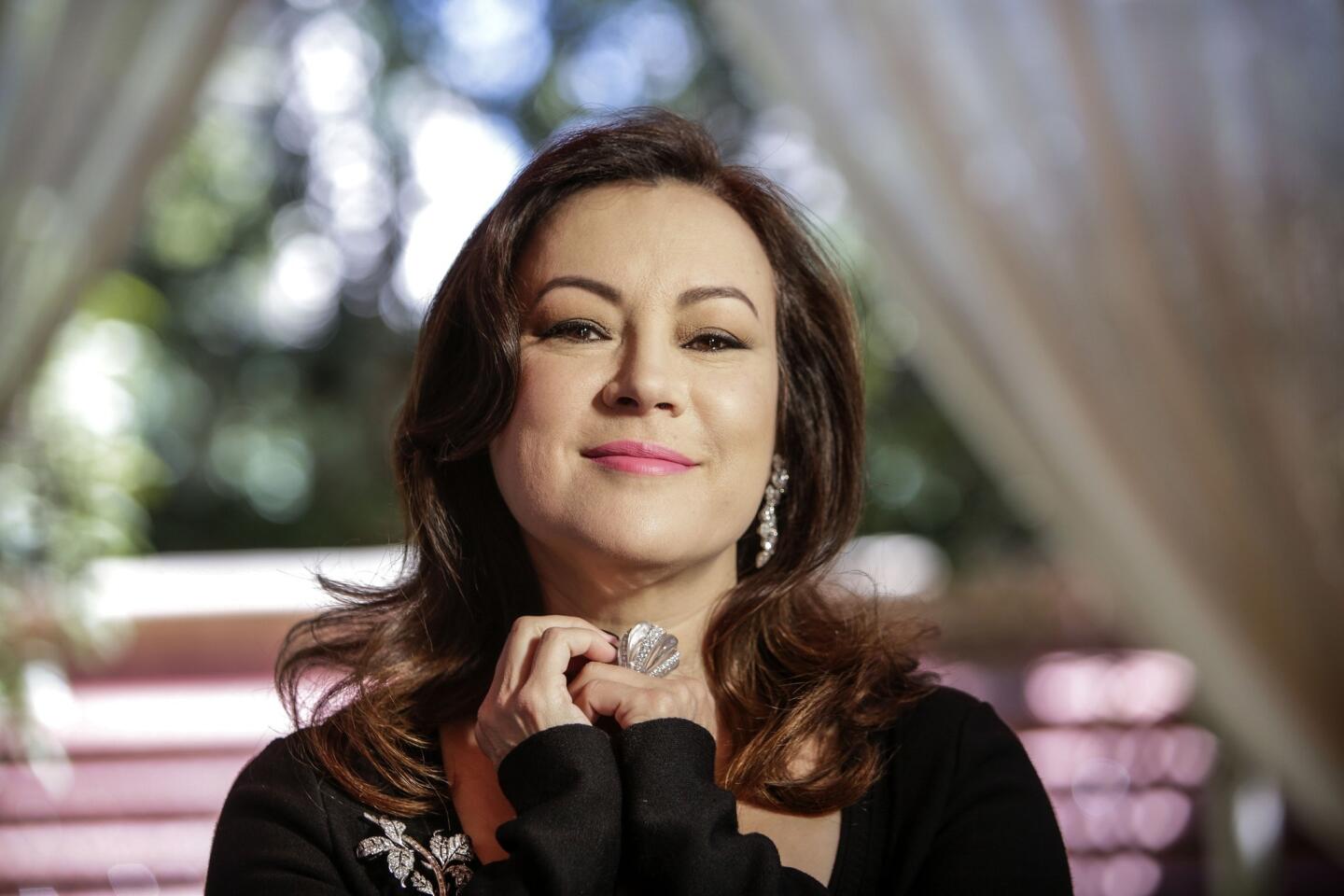
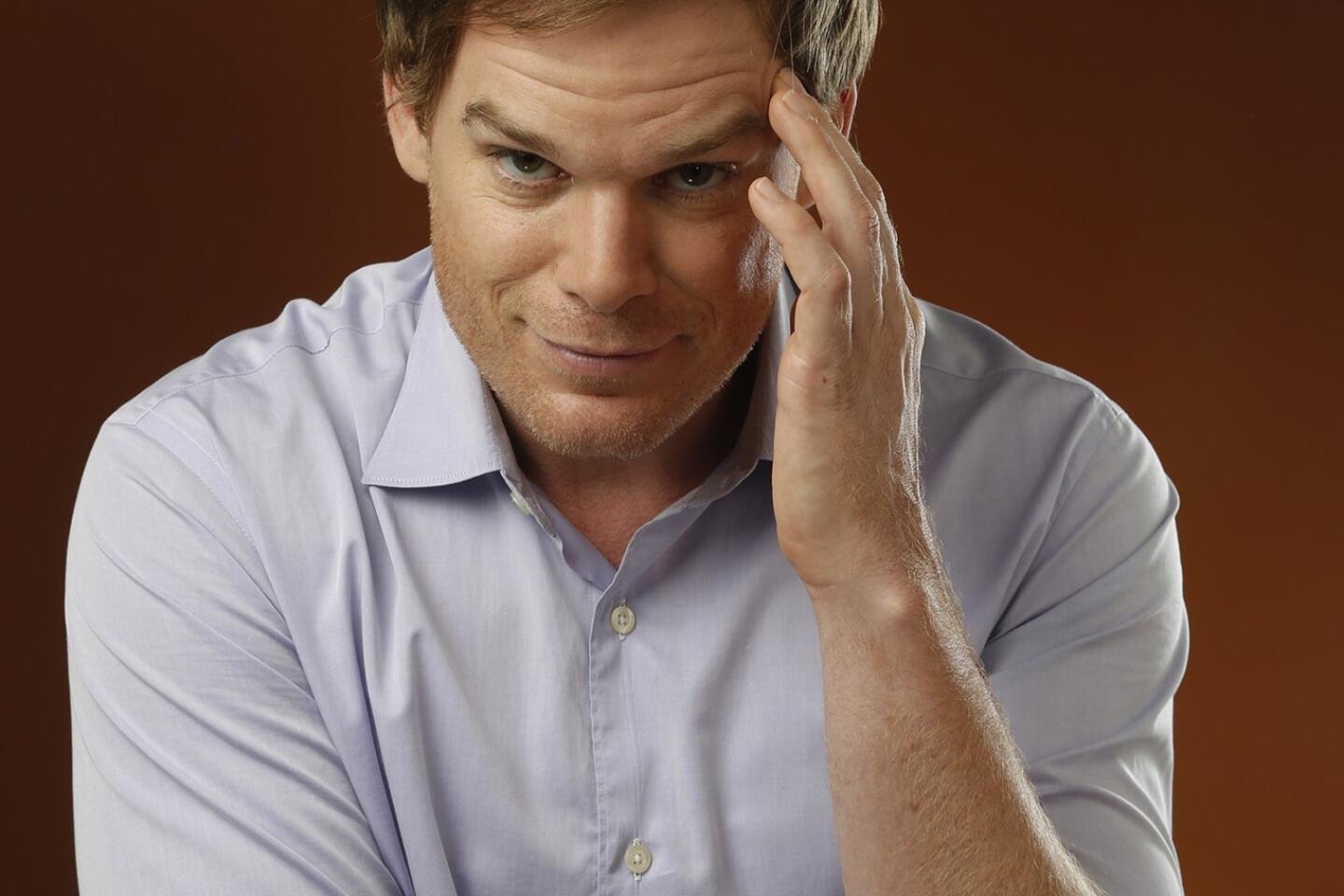

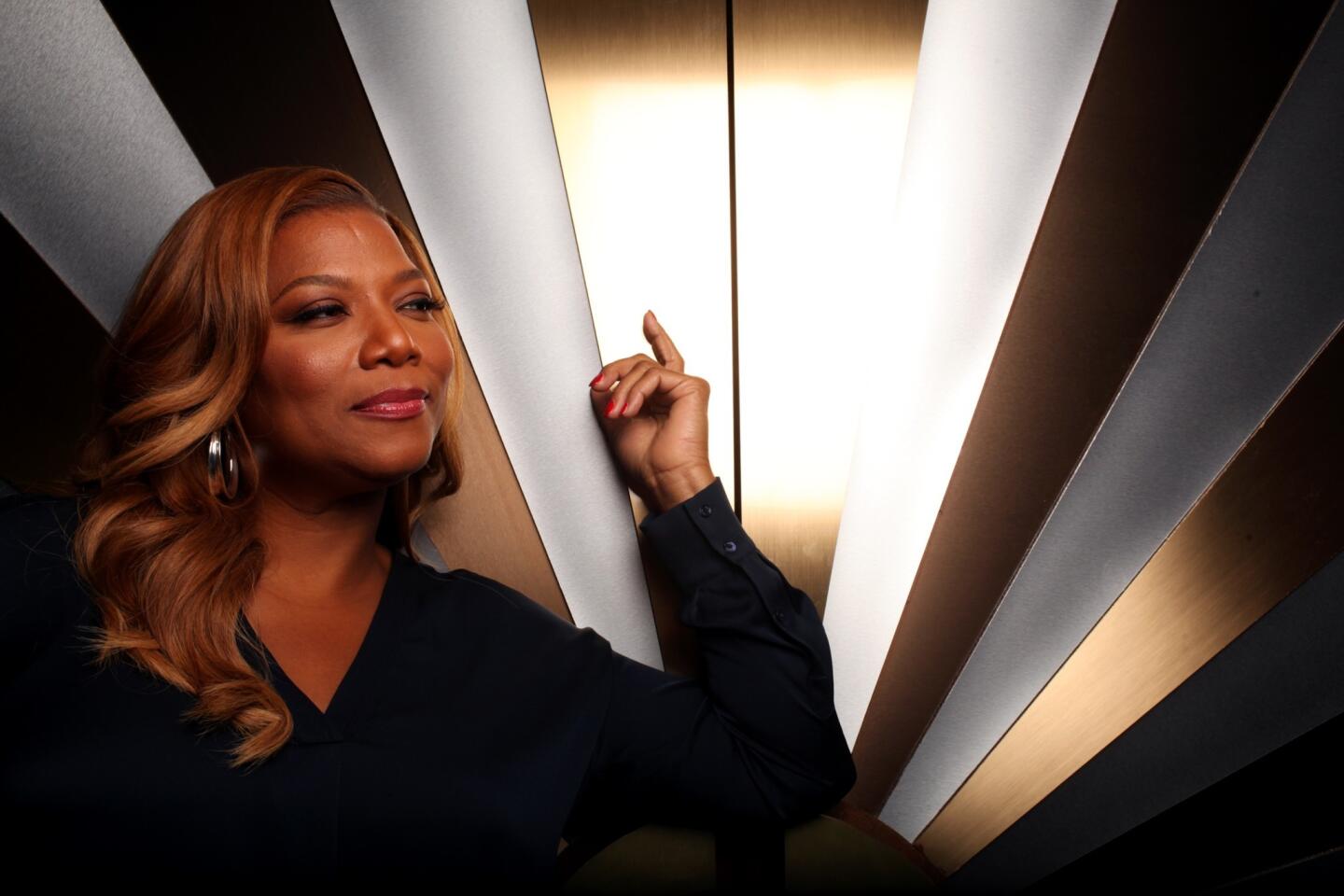
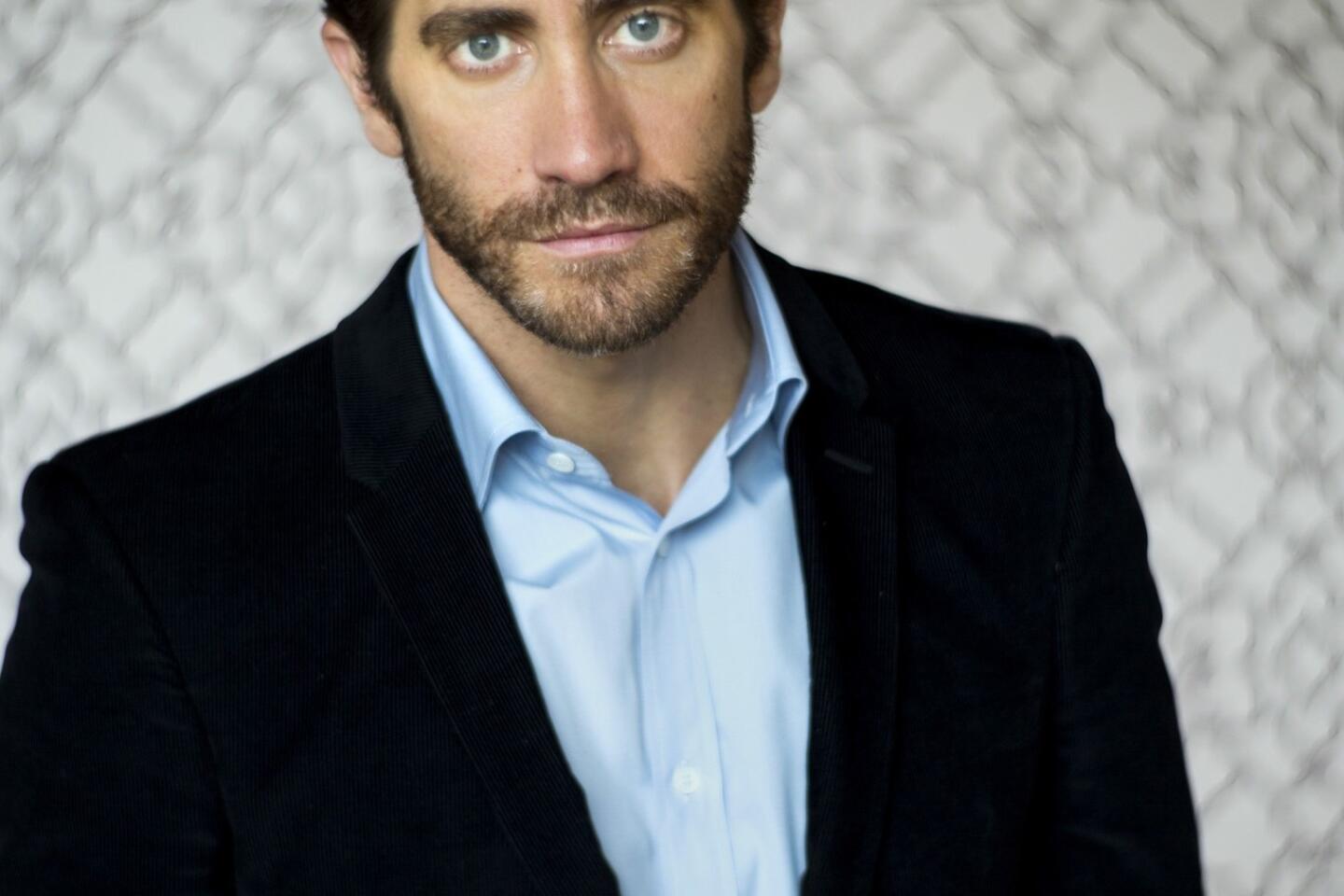

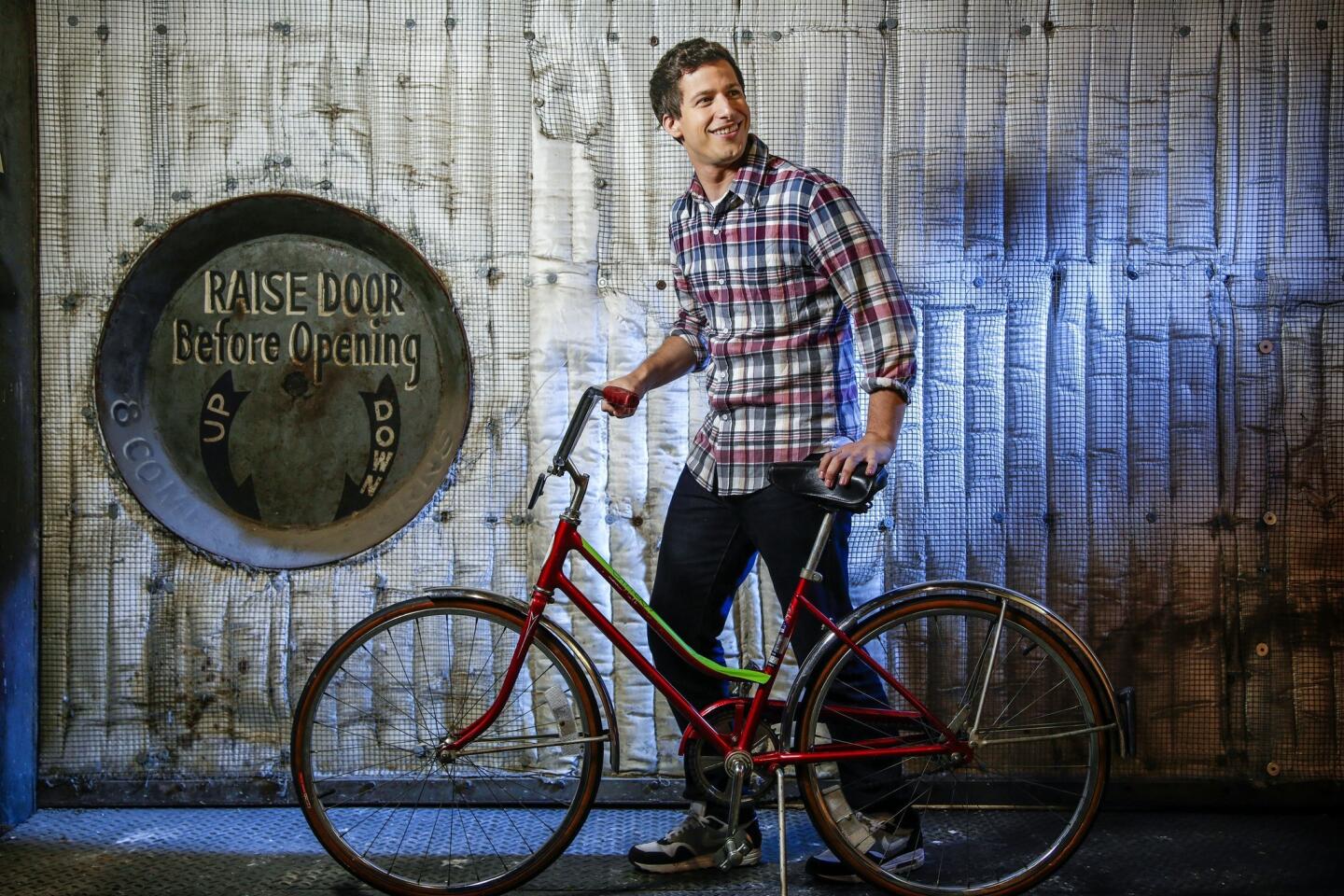
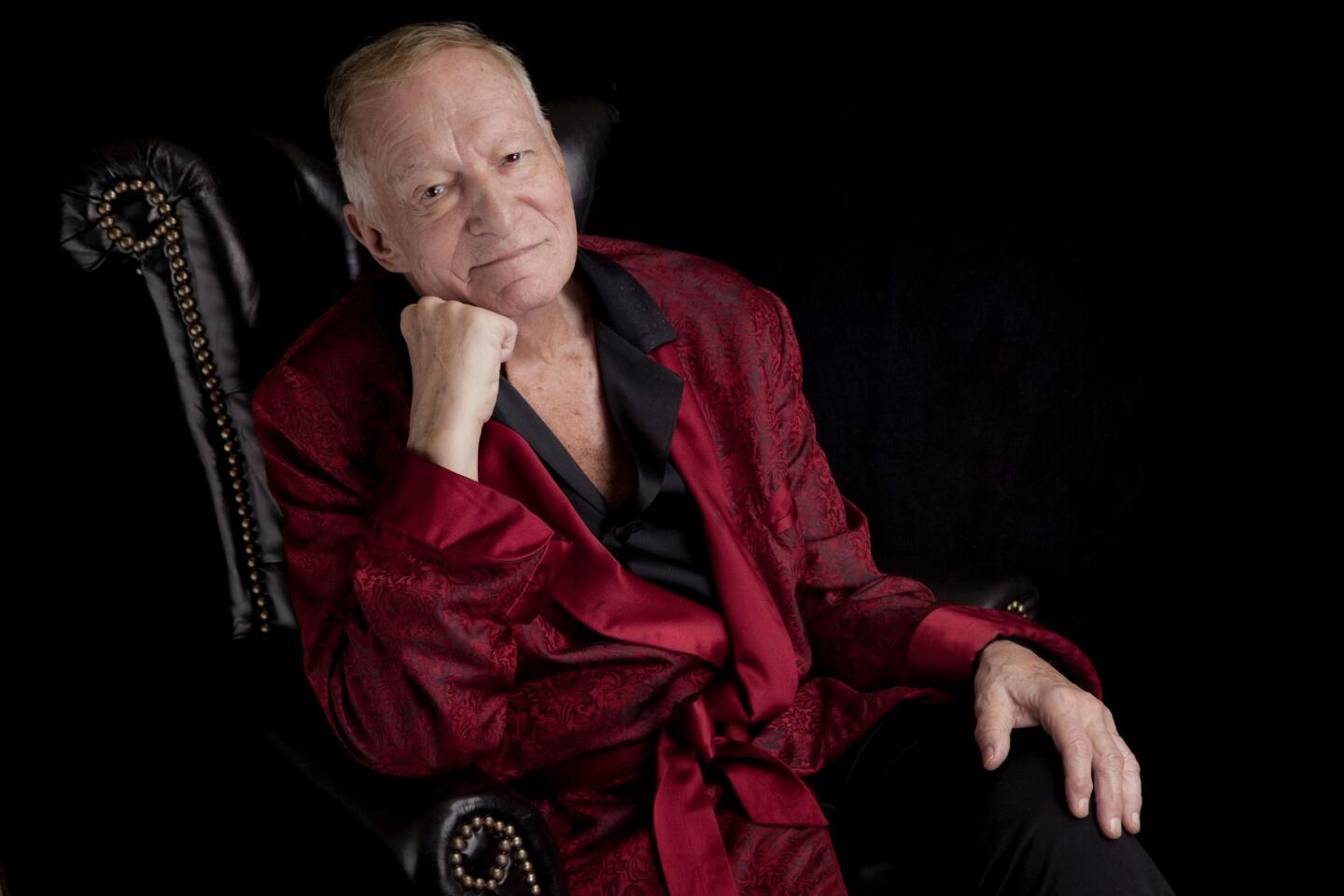
Hugh Hefner, who founded Playboy in 1953 and turned it into a multimedia empire, remains the magazine’s editor in chief.
(Liz O. Baylen/Los Angeles Times)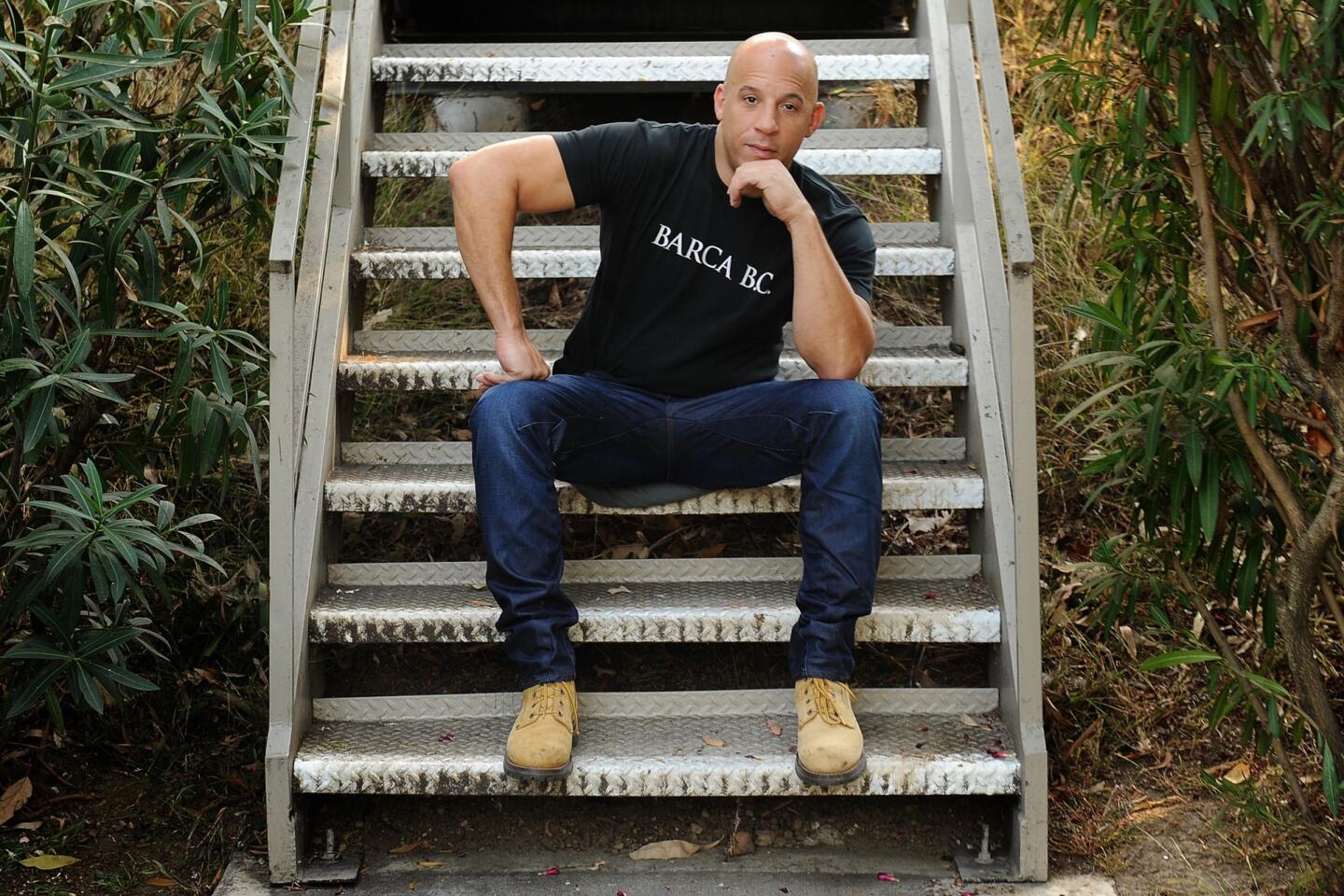
Actor Vin Diesel is the producer and star of the sci-fi thriller “Riddick.”
(Wally Skalij/Los Angeles Times)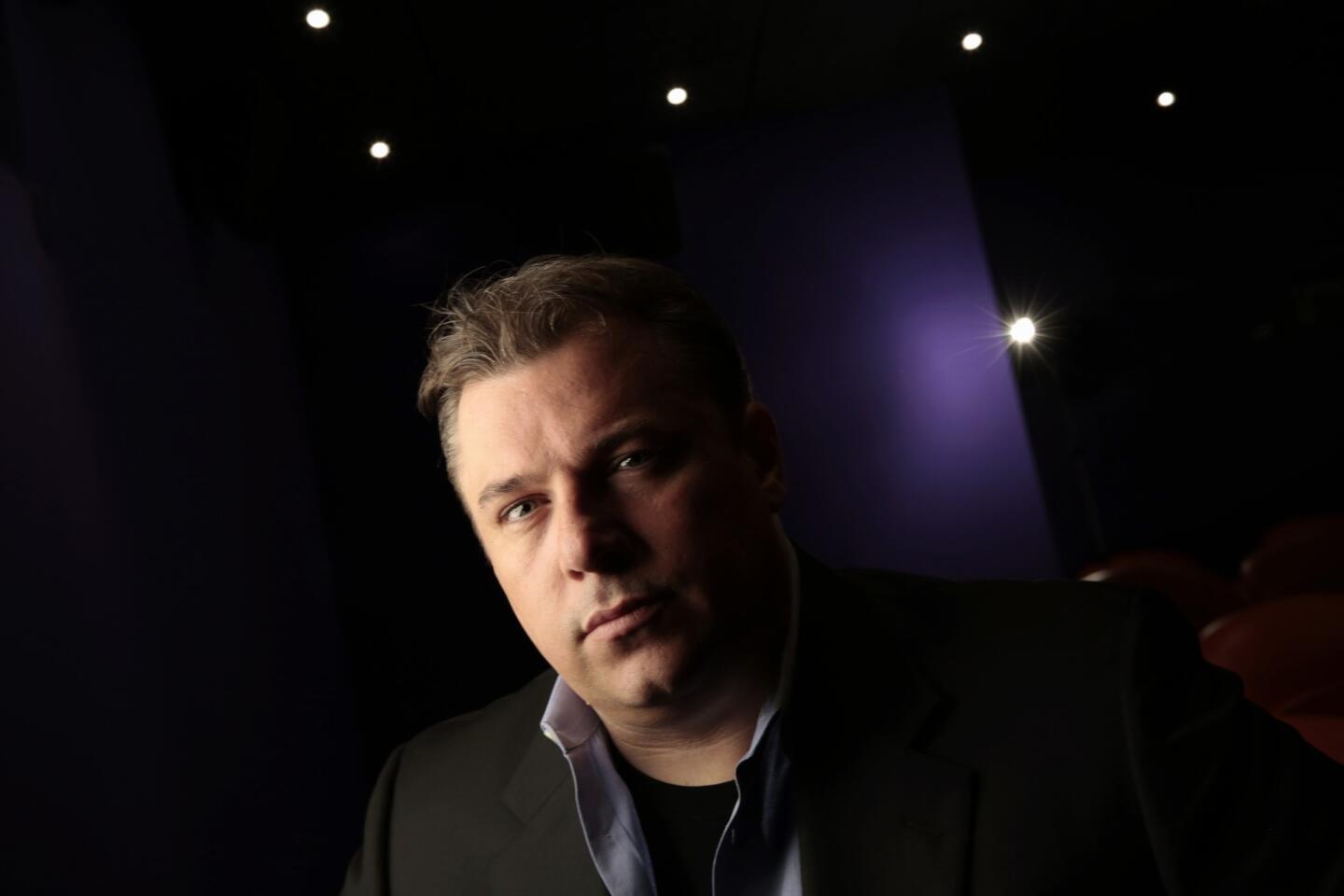

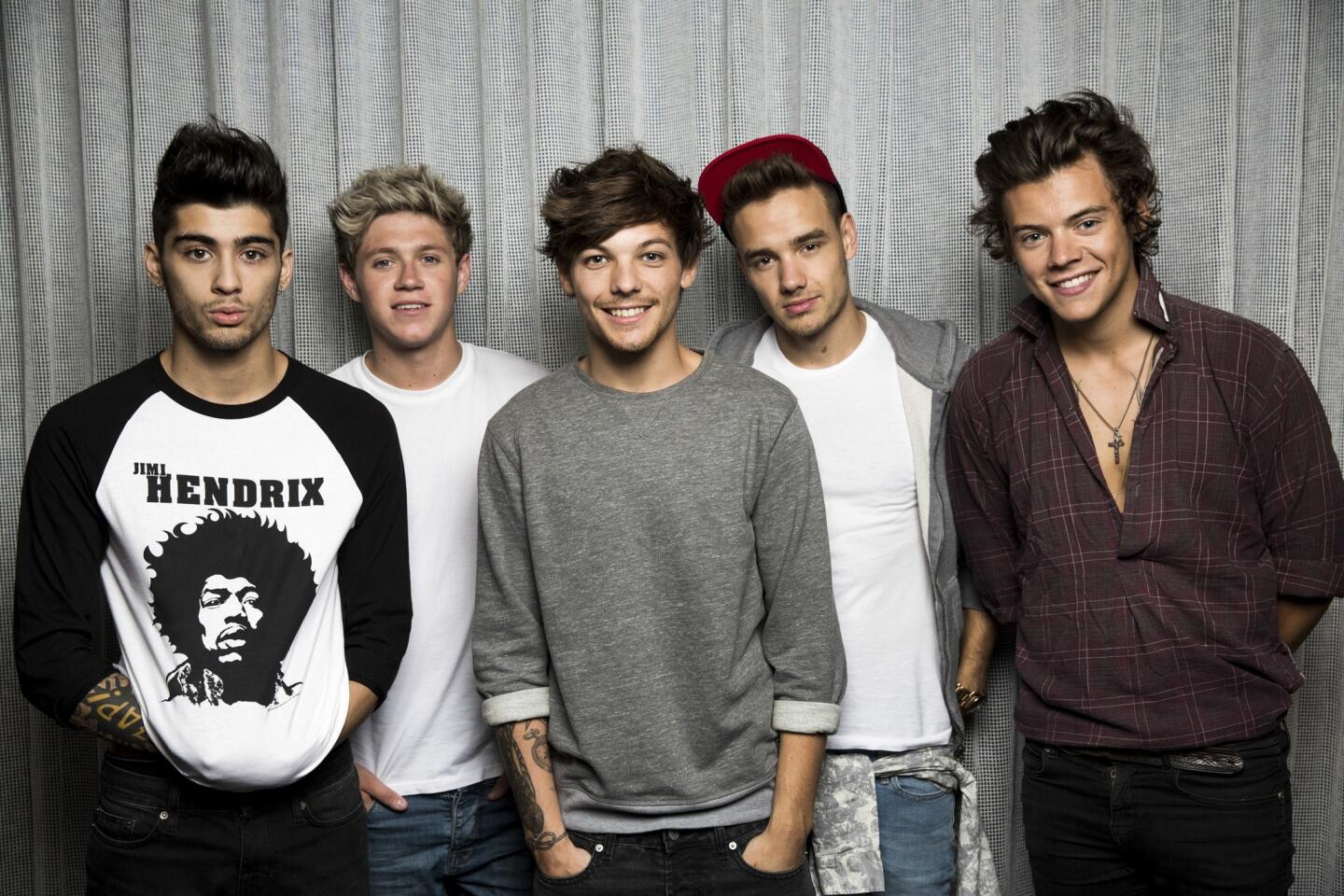
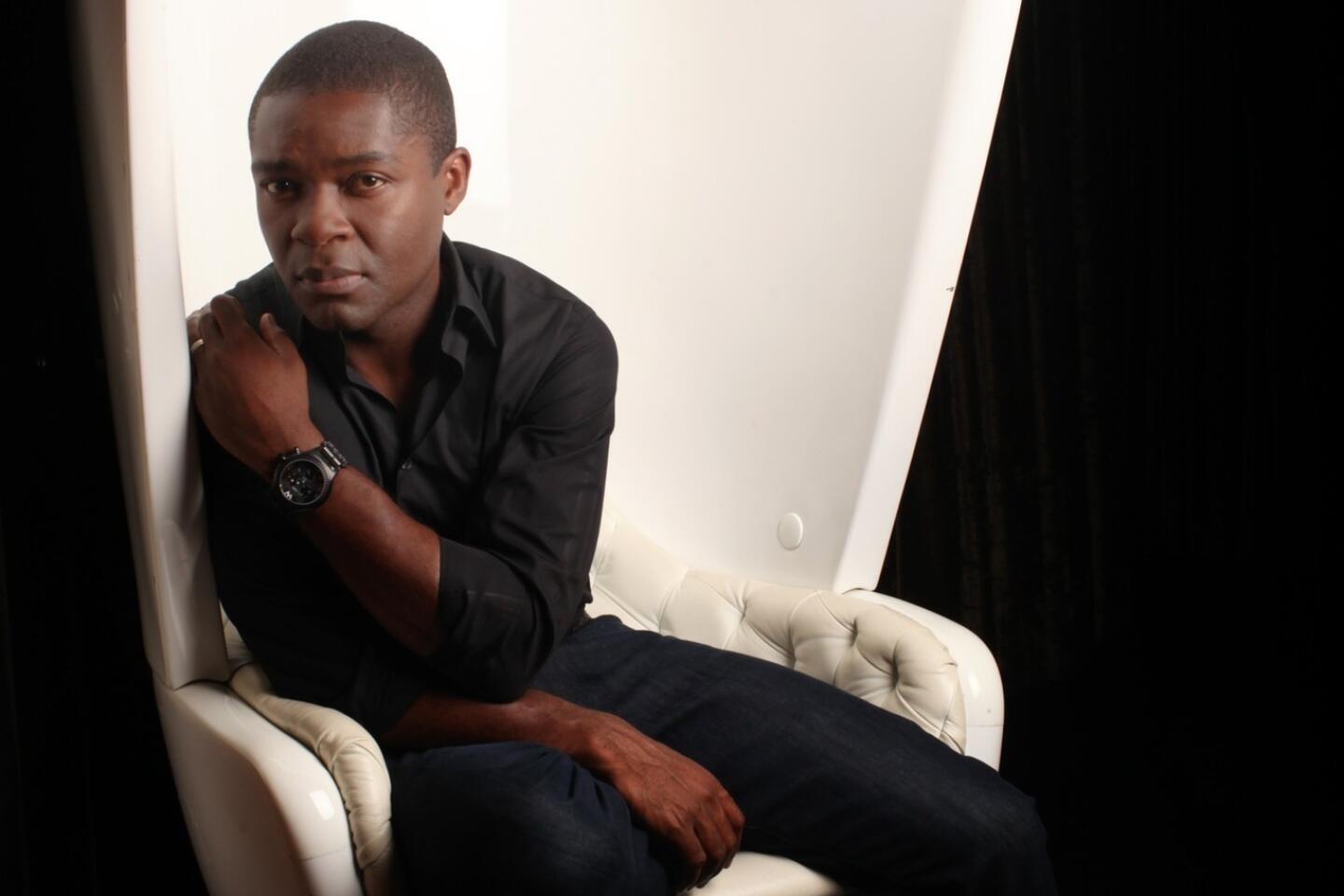


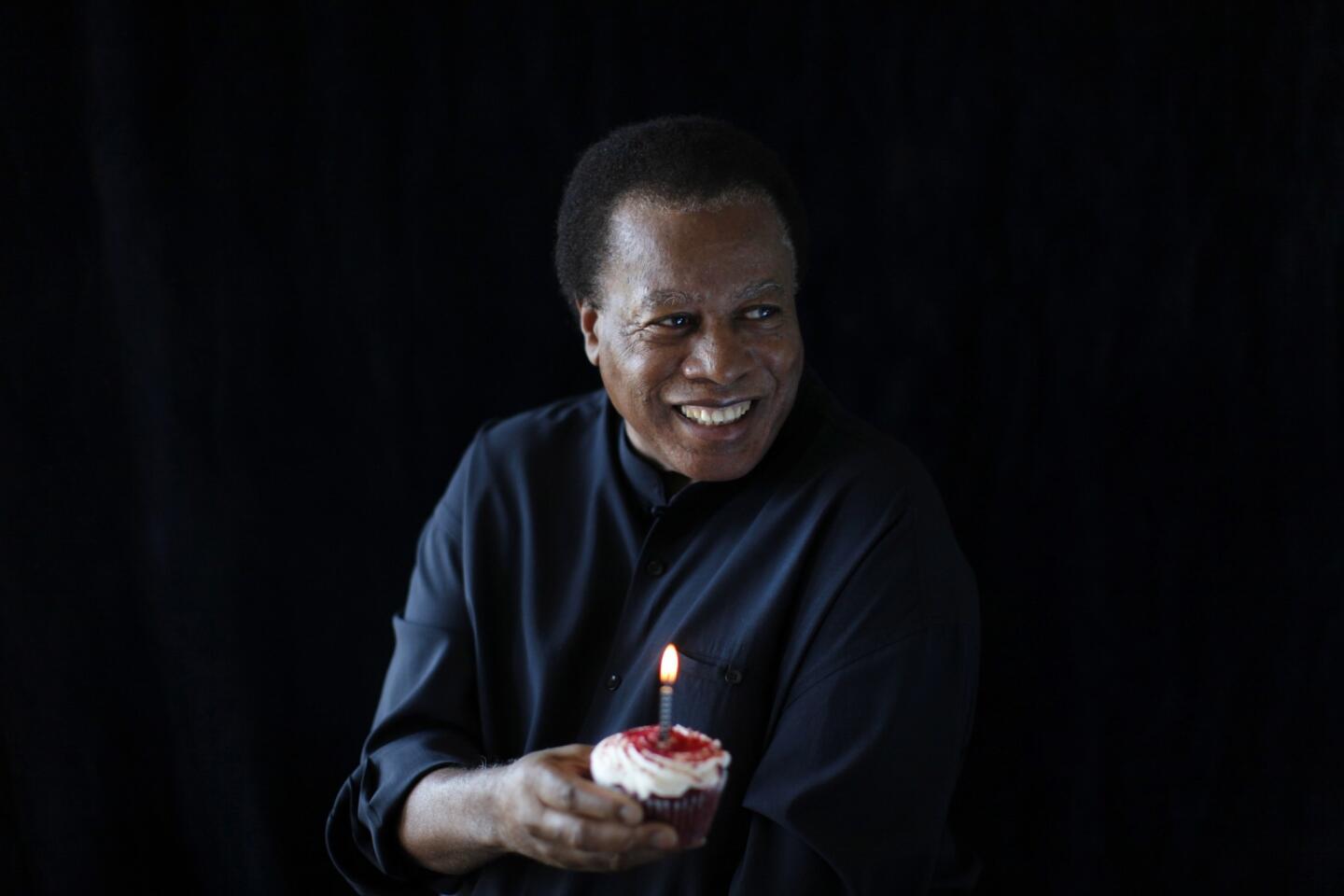
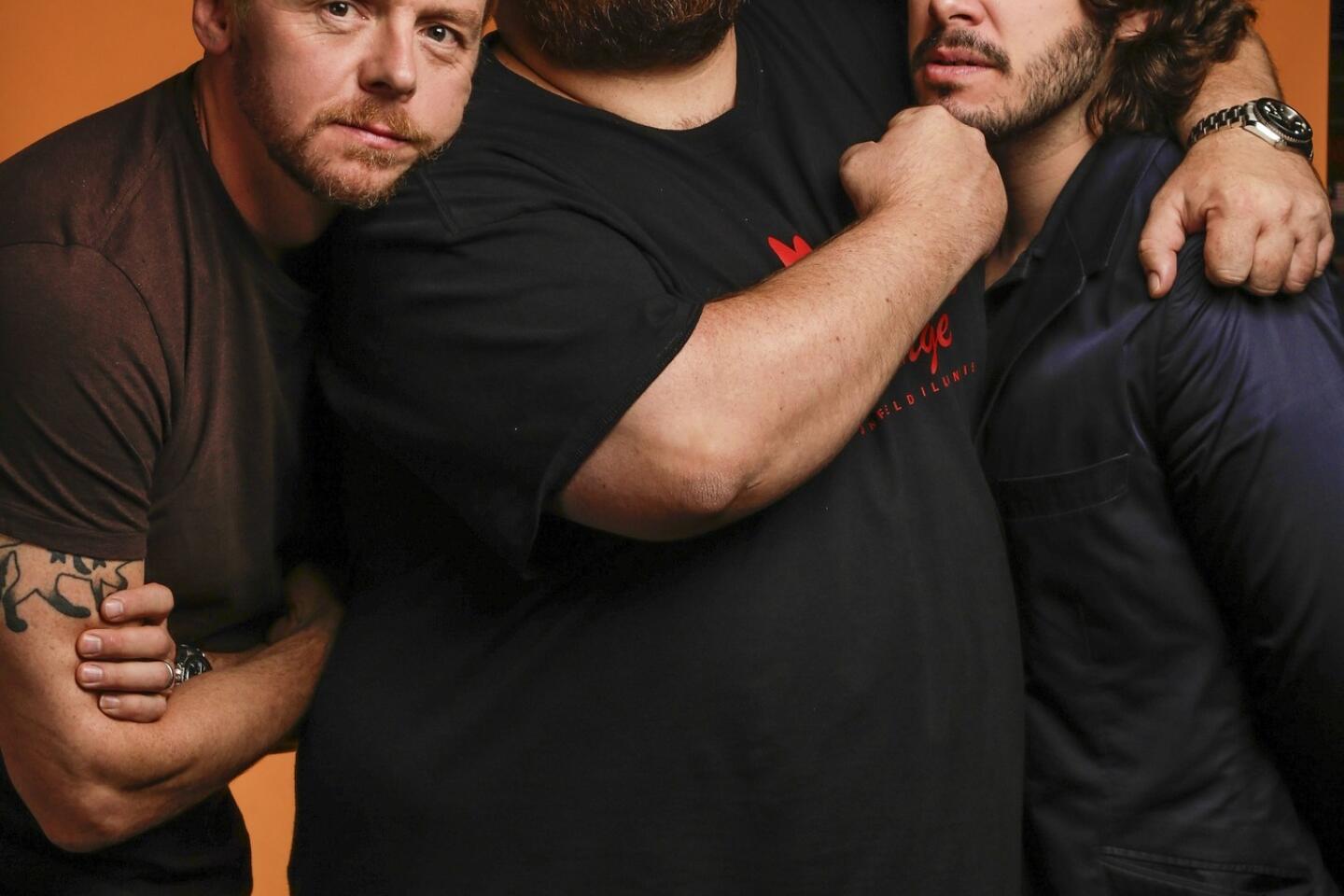
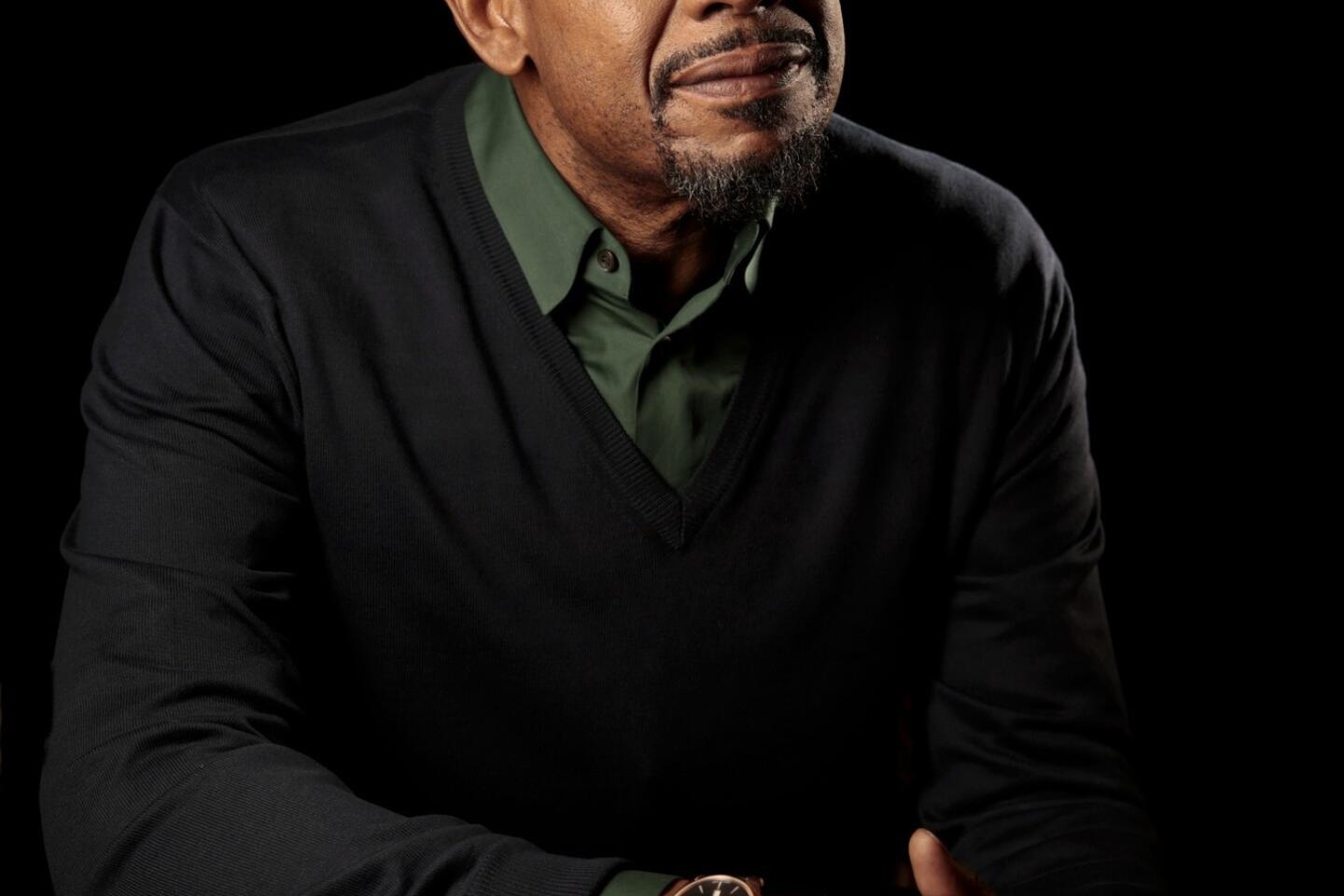




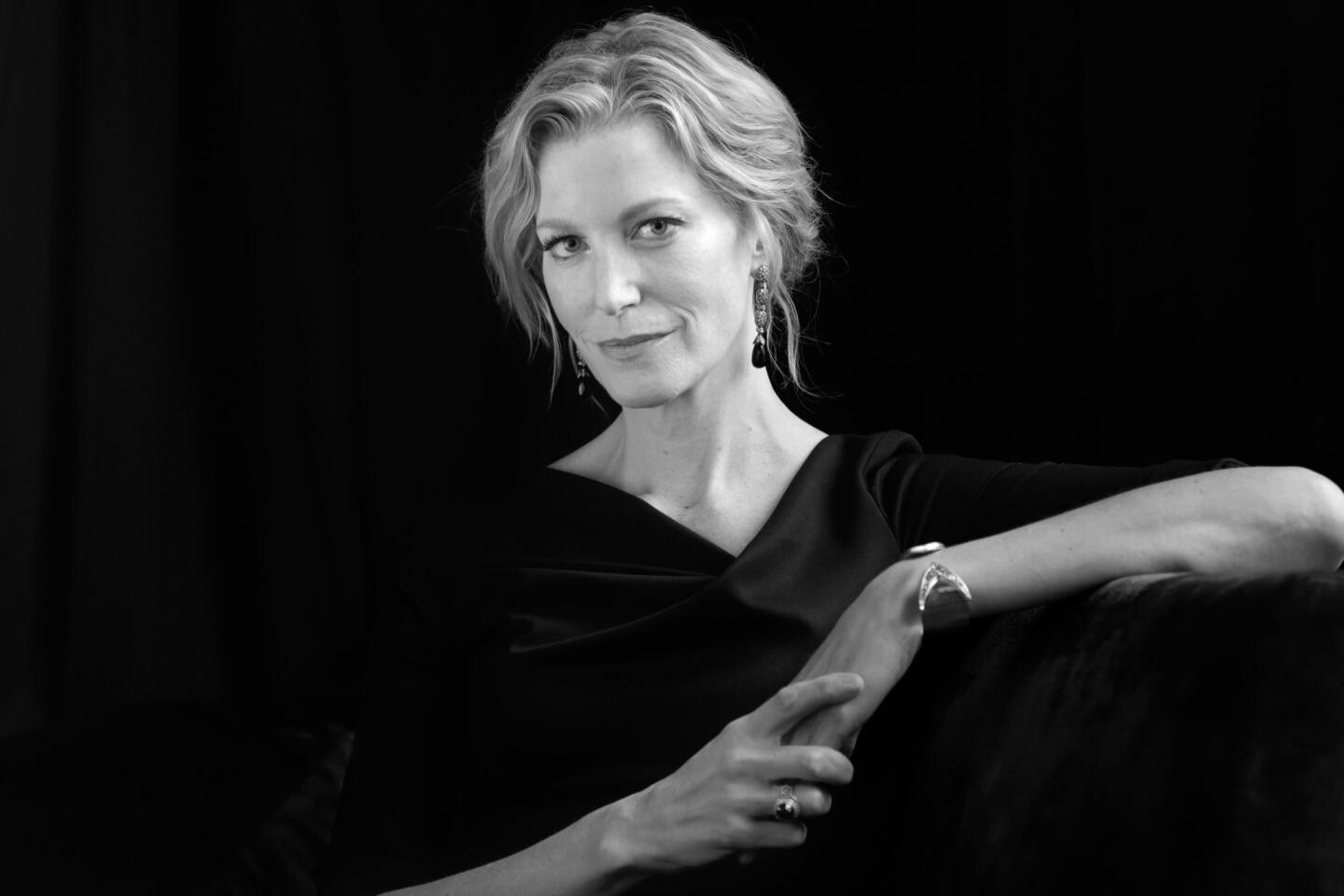
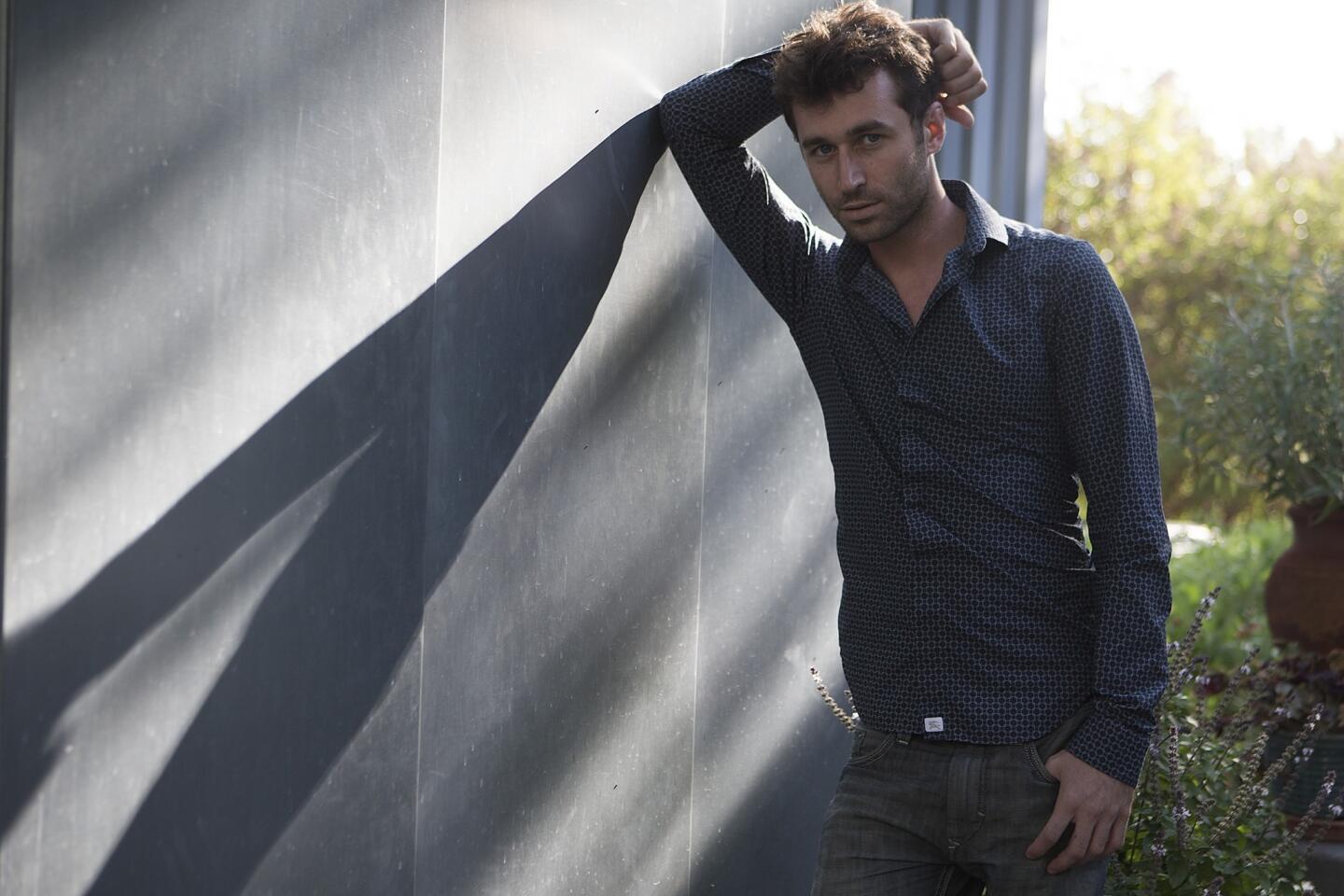


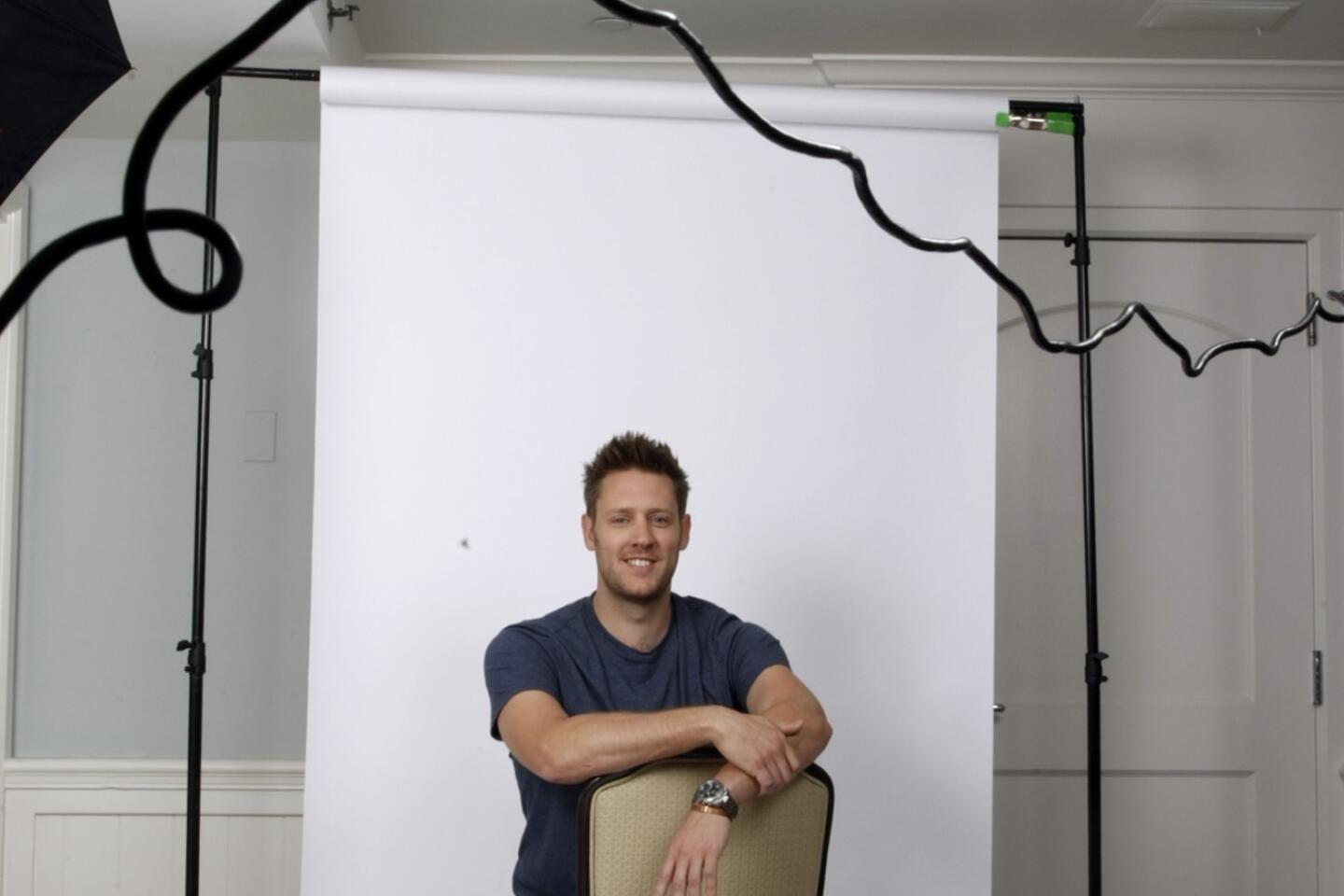
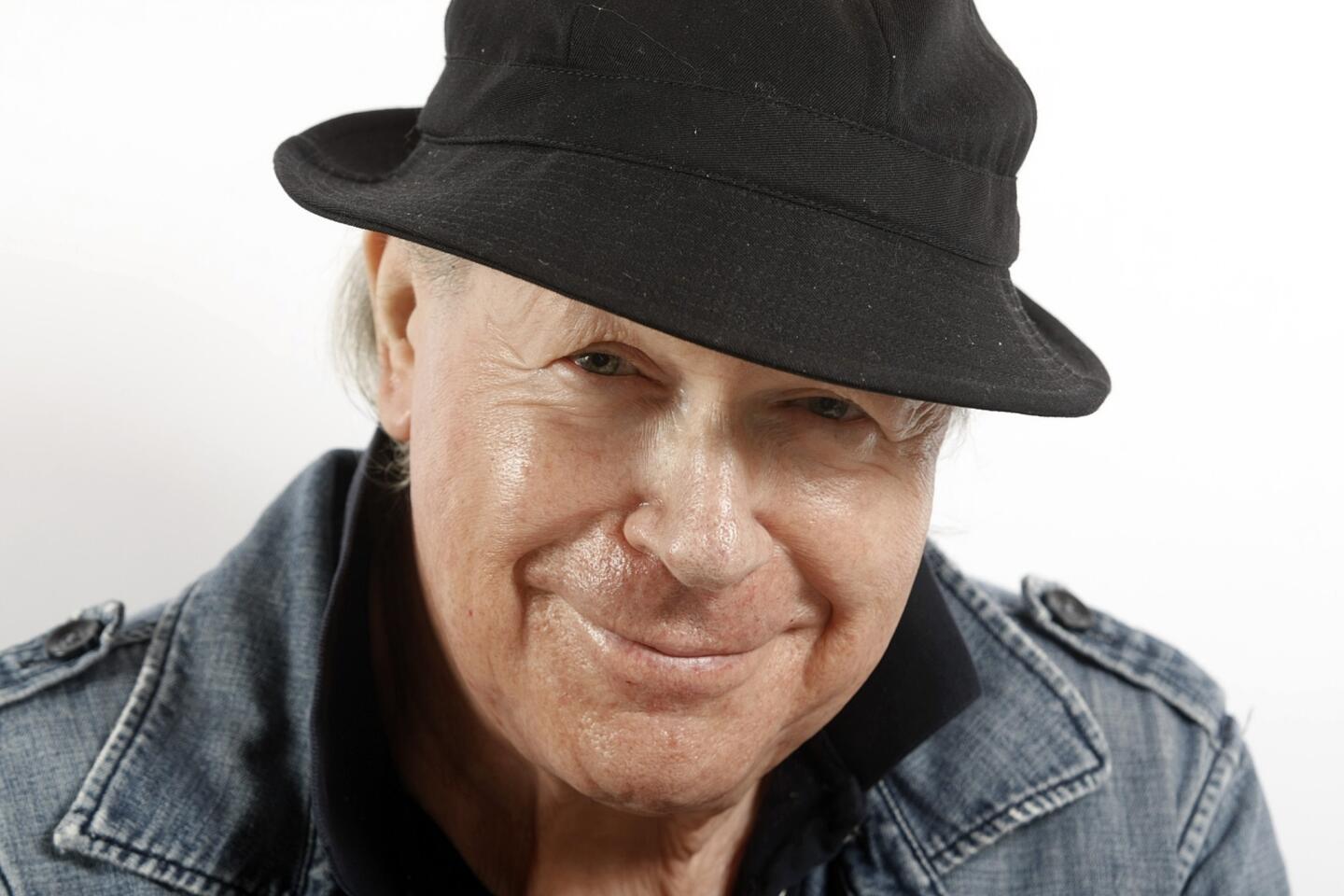

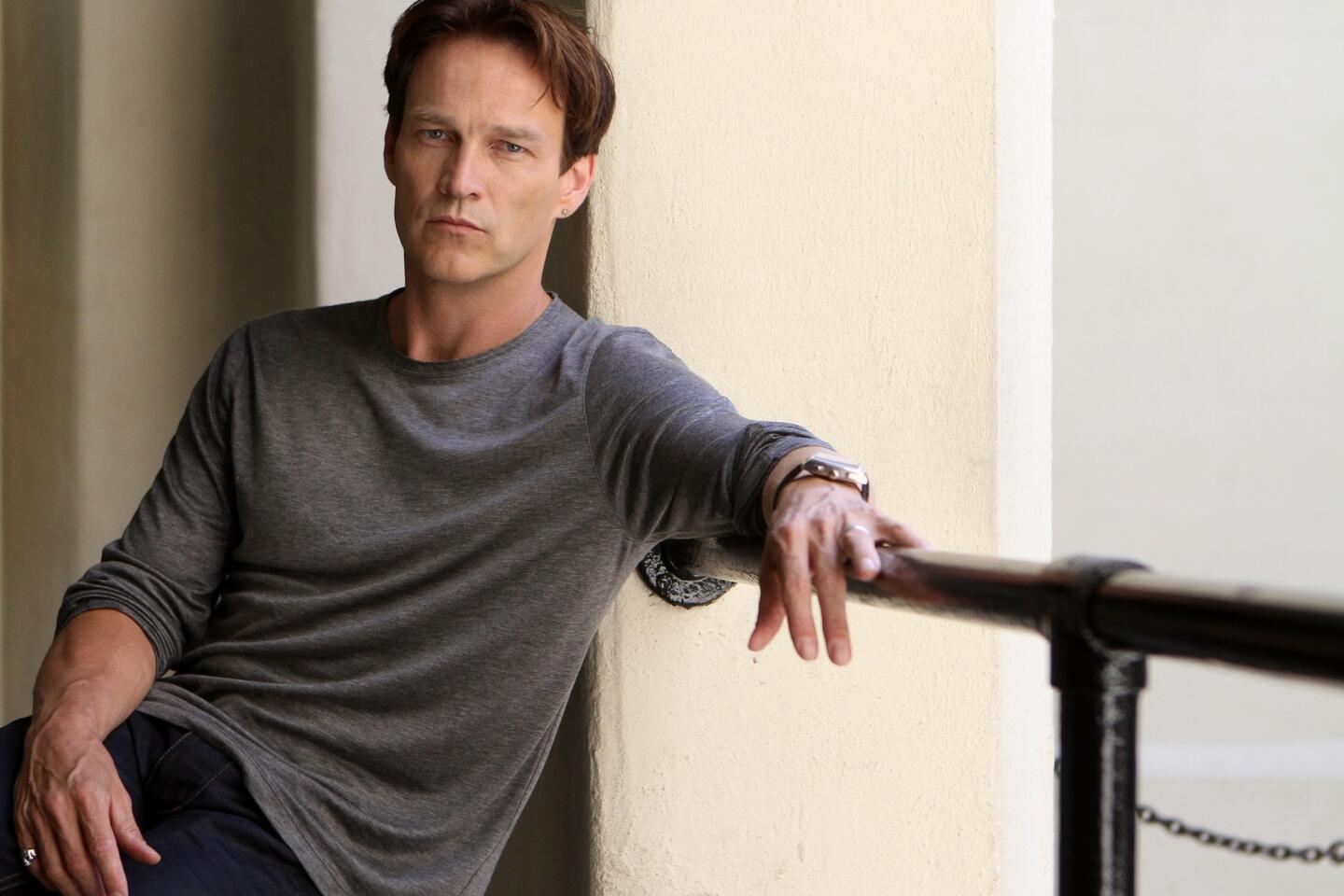
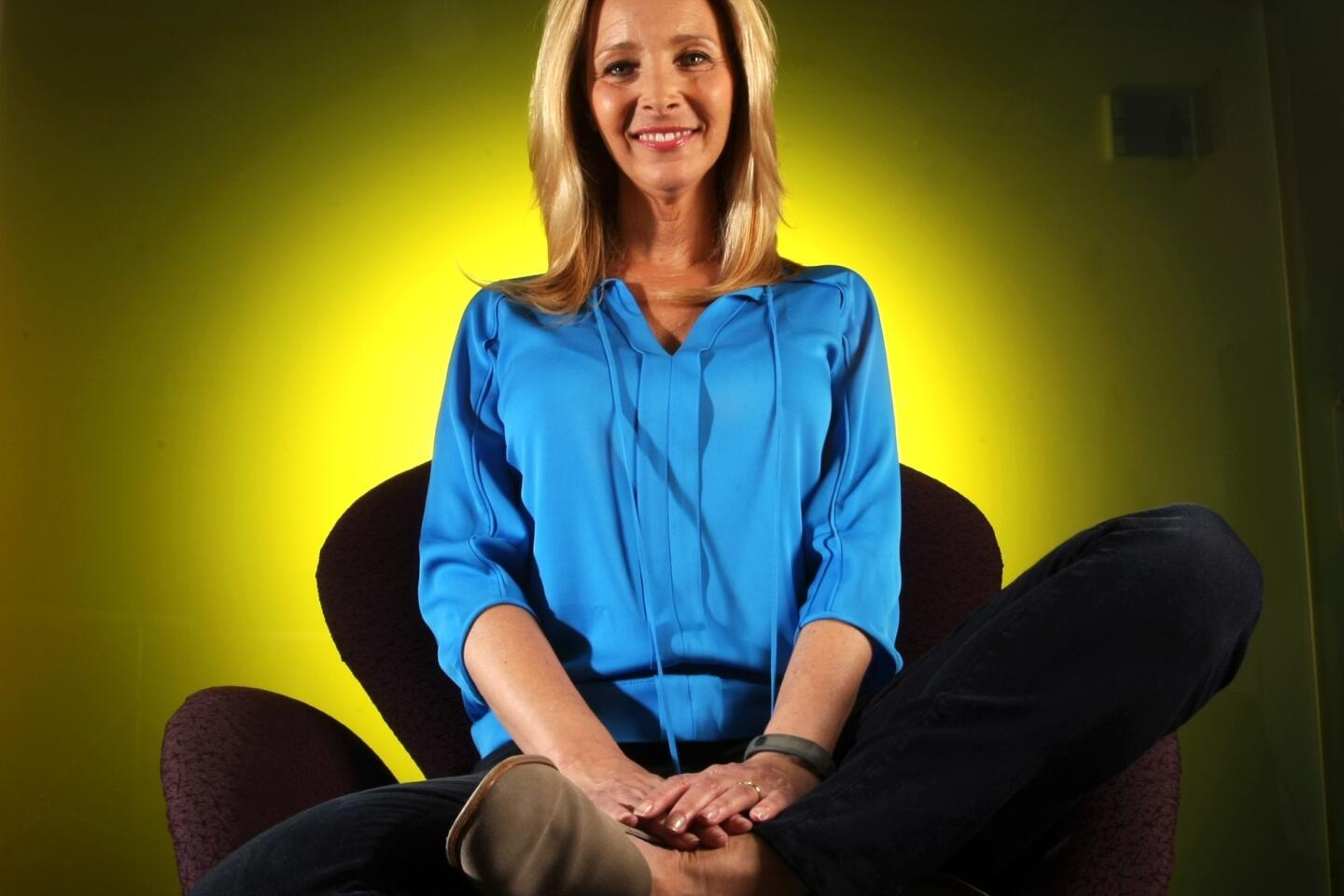
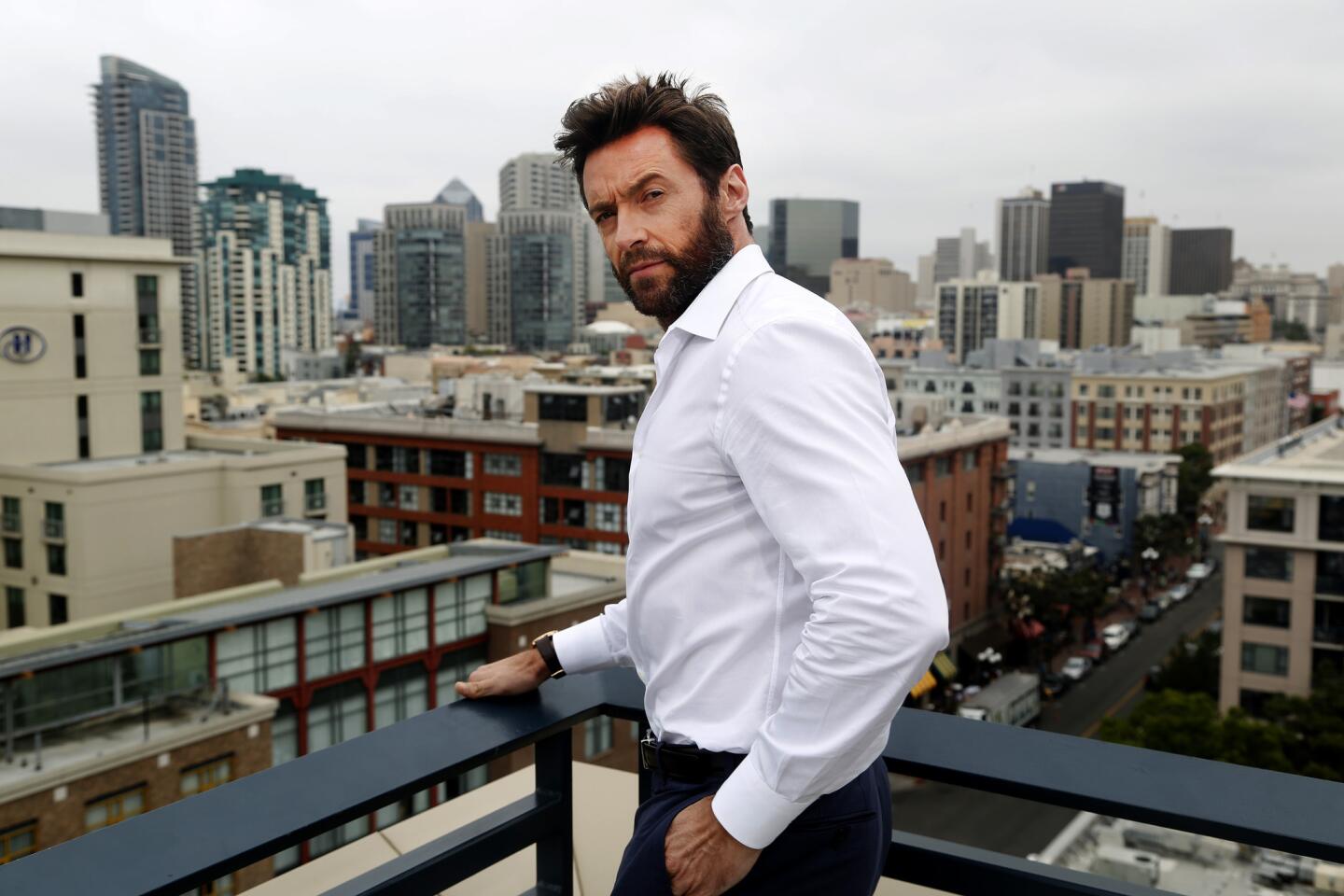
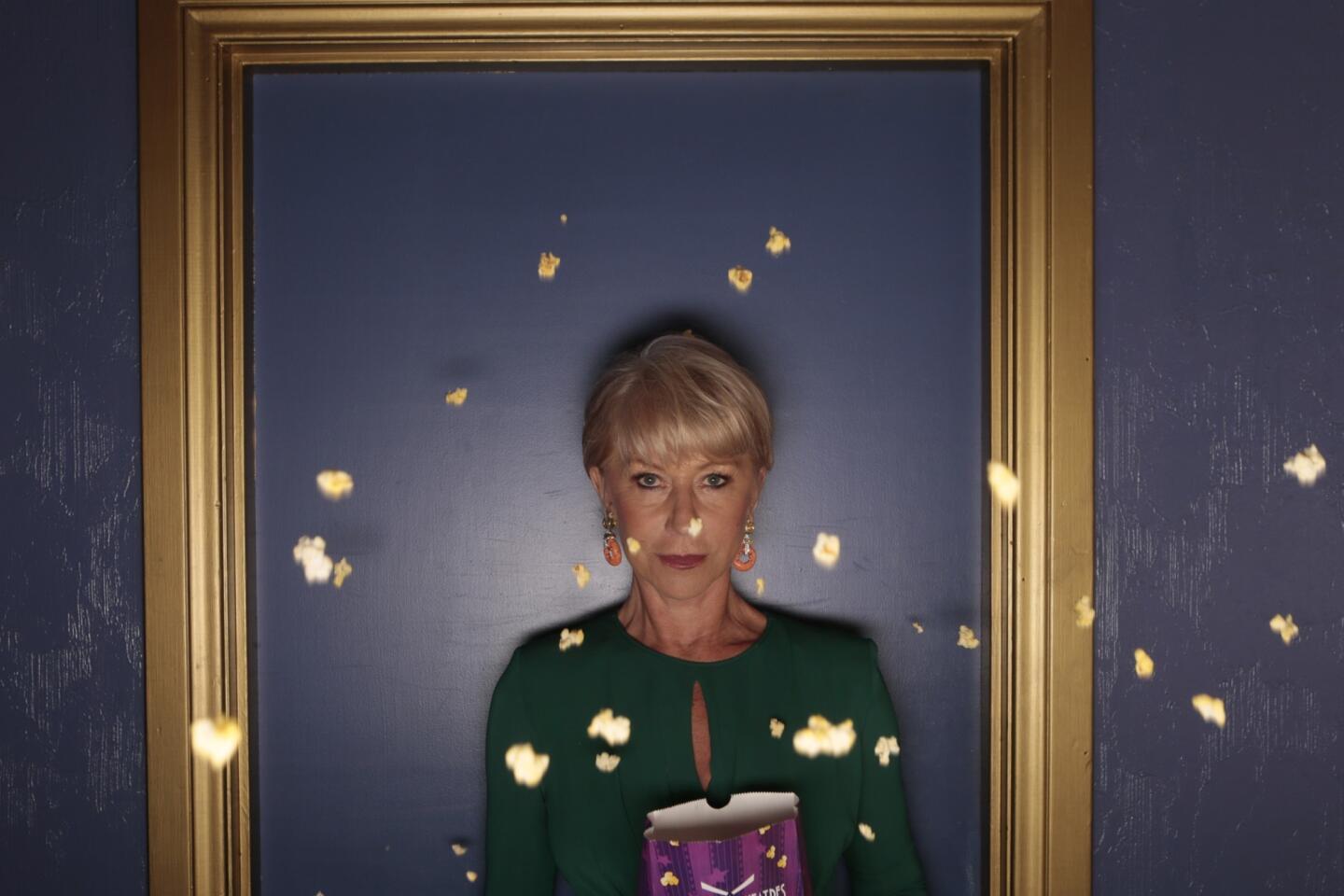
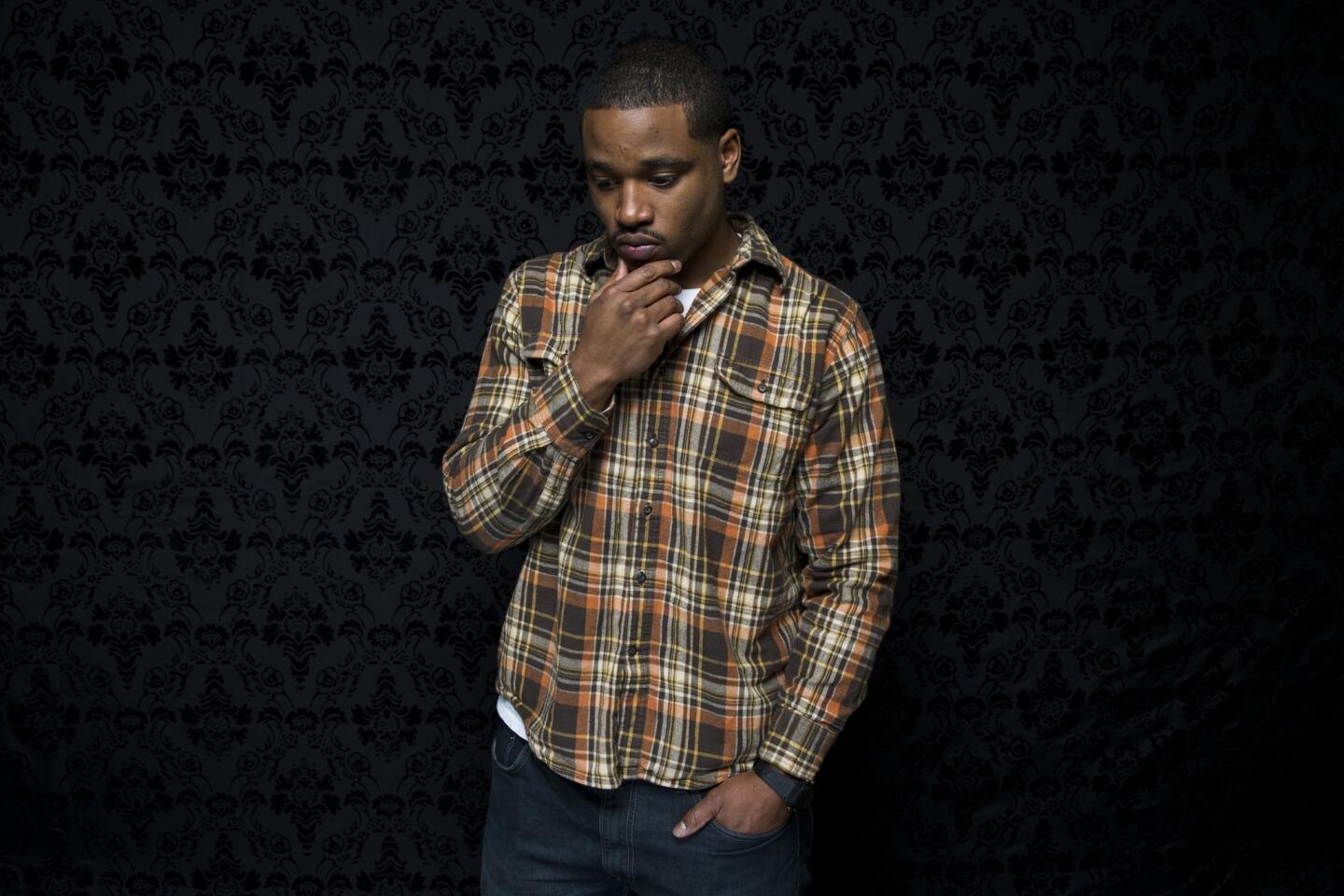


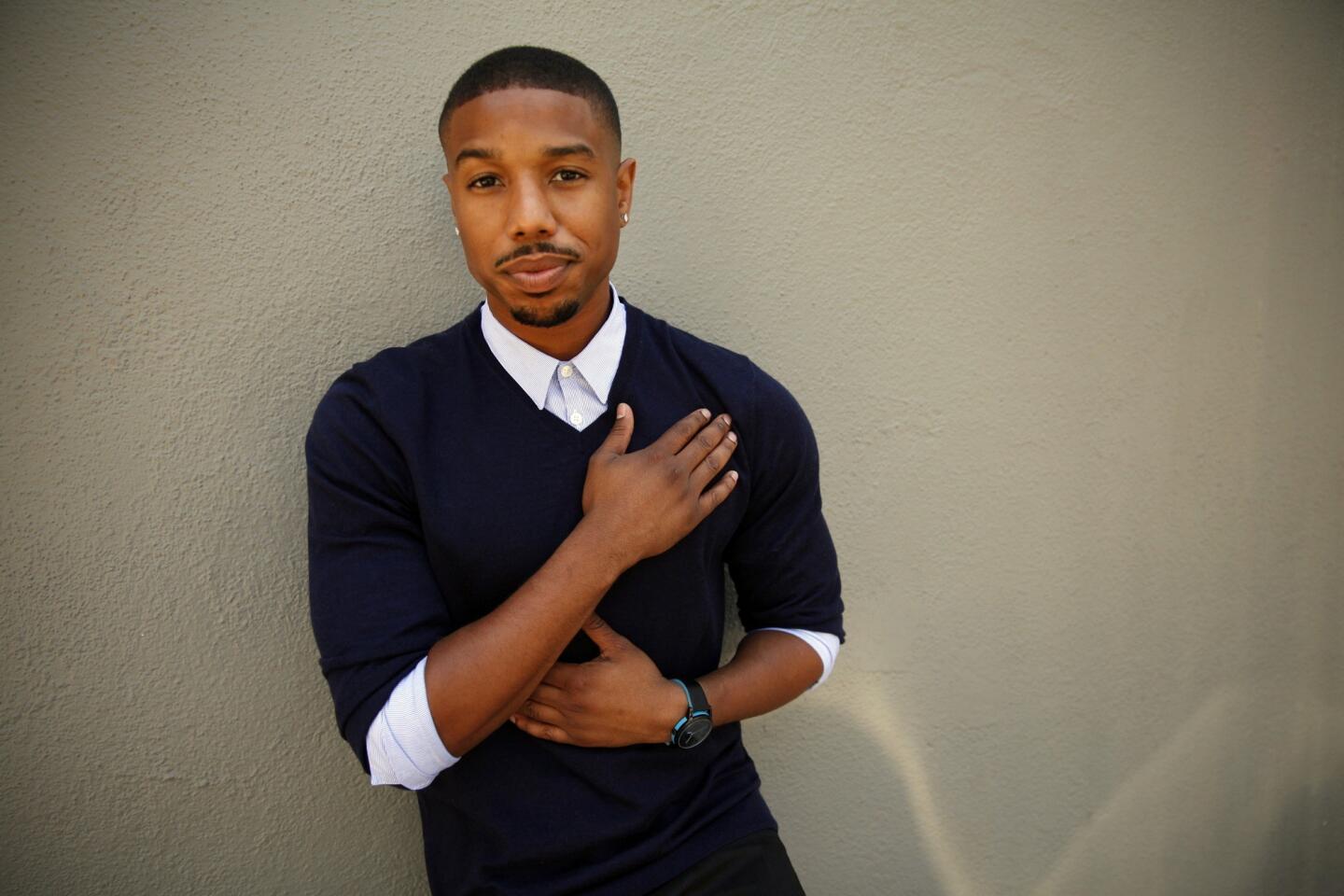
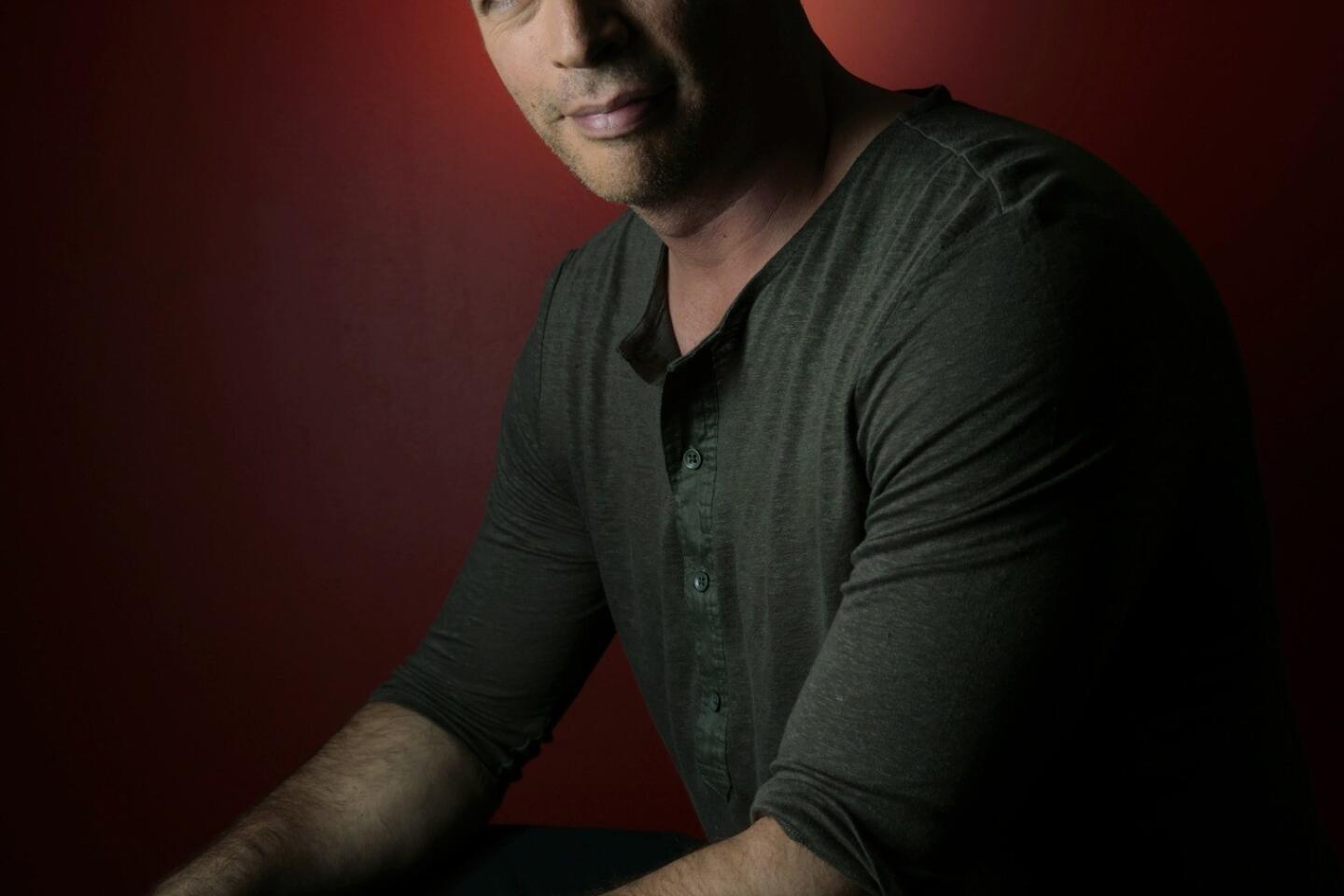

Director Guillermo del Toro, in the mixing studio at Warner Bros. in Burbank, has a new movie coming out called “Pacific Rim,” a shot of which is on in the background, about an alien attack threatening the Earth’s existence. Giant robots piloted by humans are deployed to fight off the menace.
(Ricardo DeAratanha / Los Angeles Times)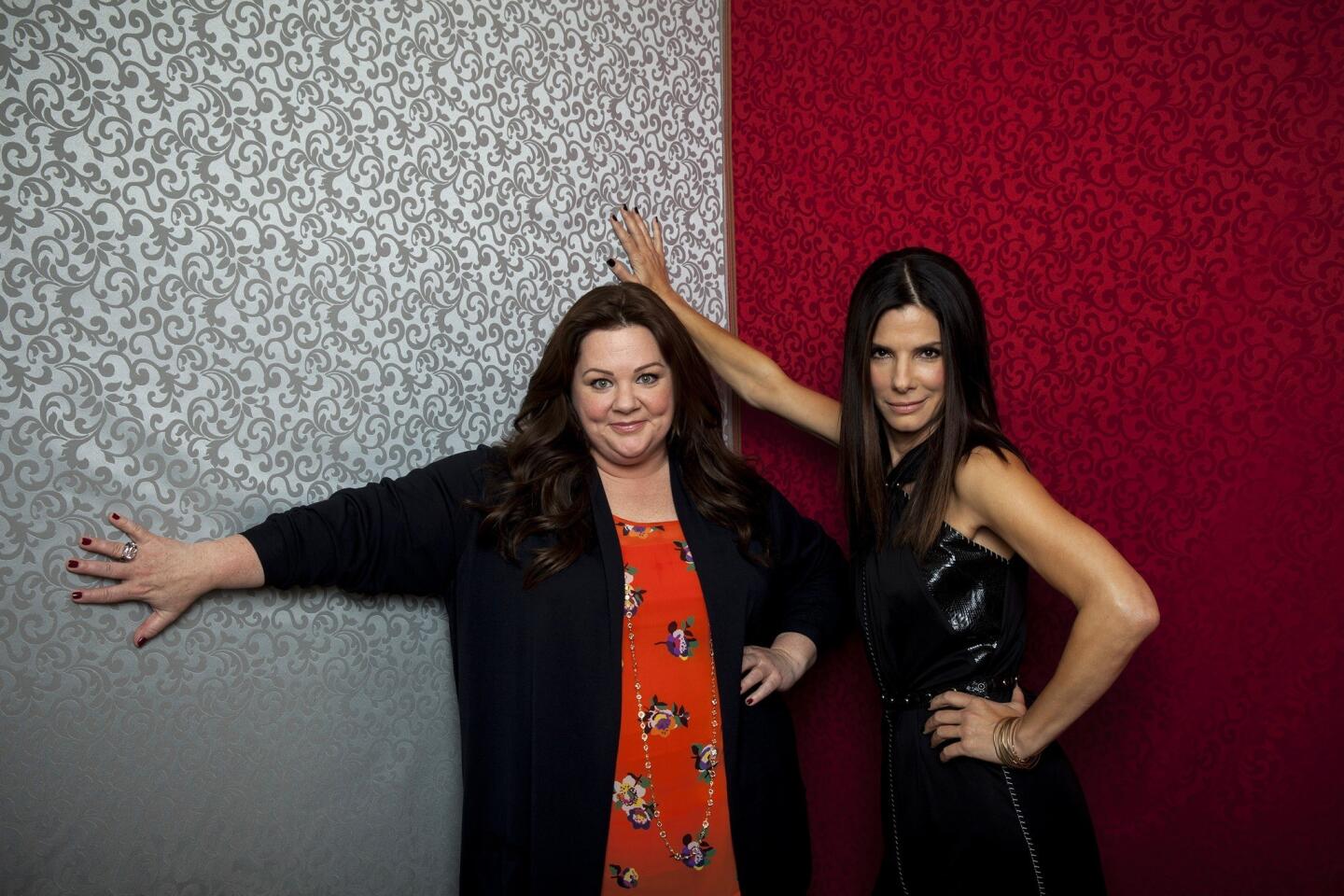
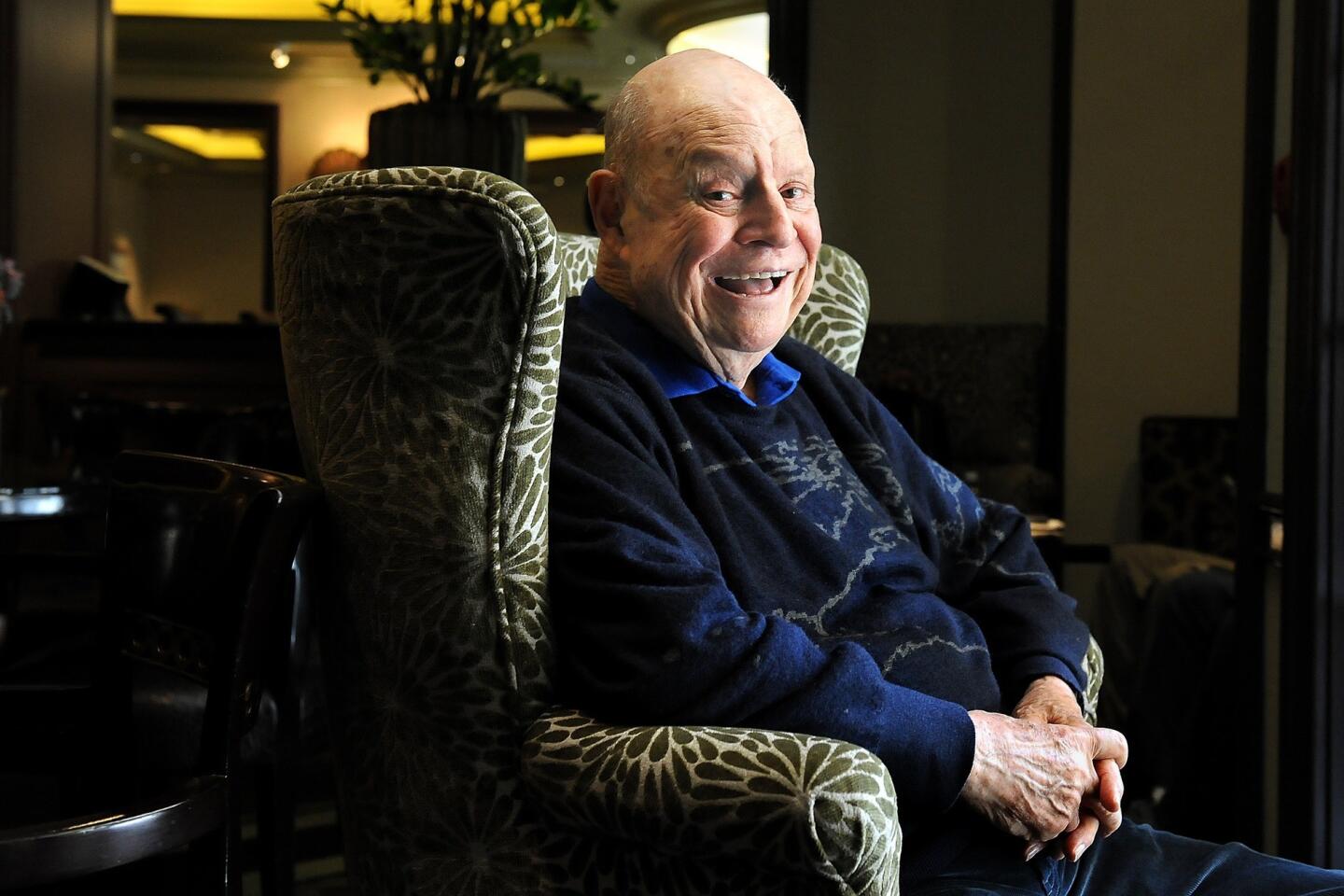

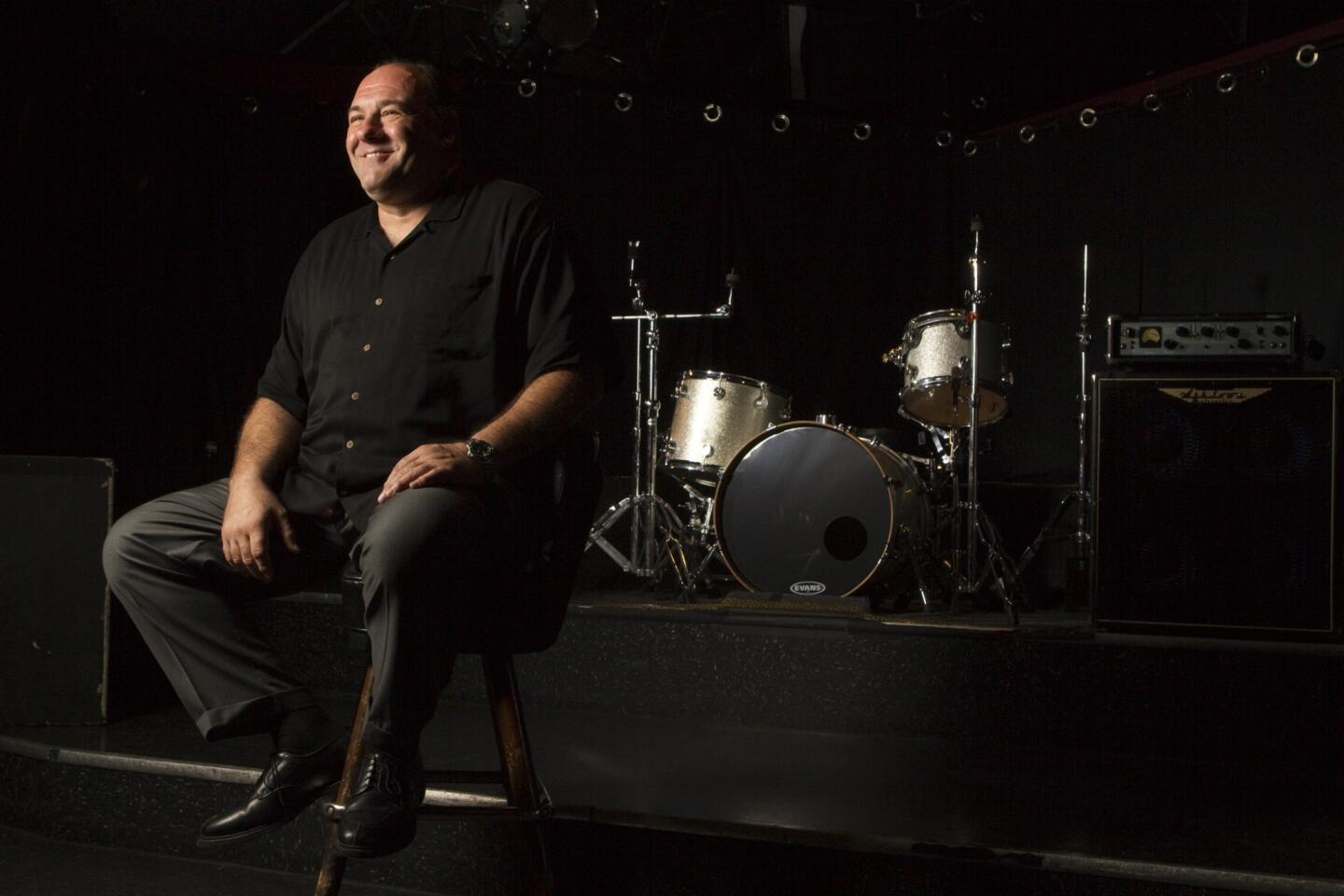

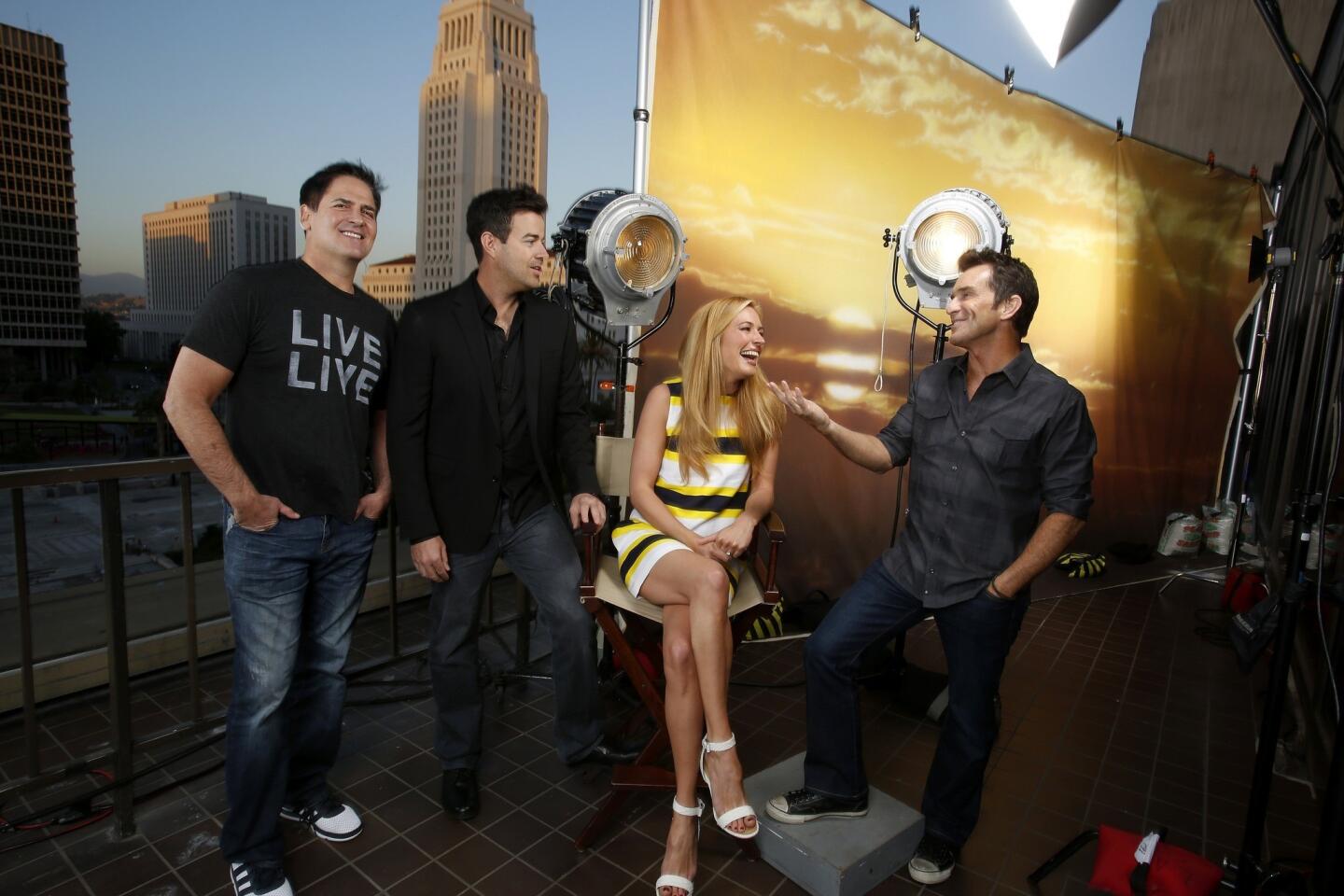


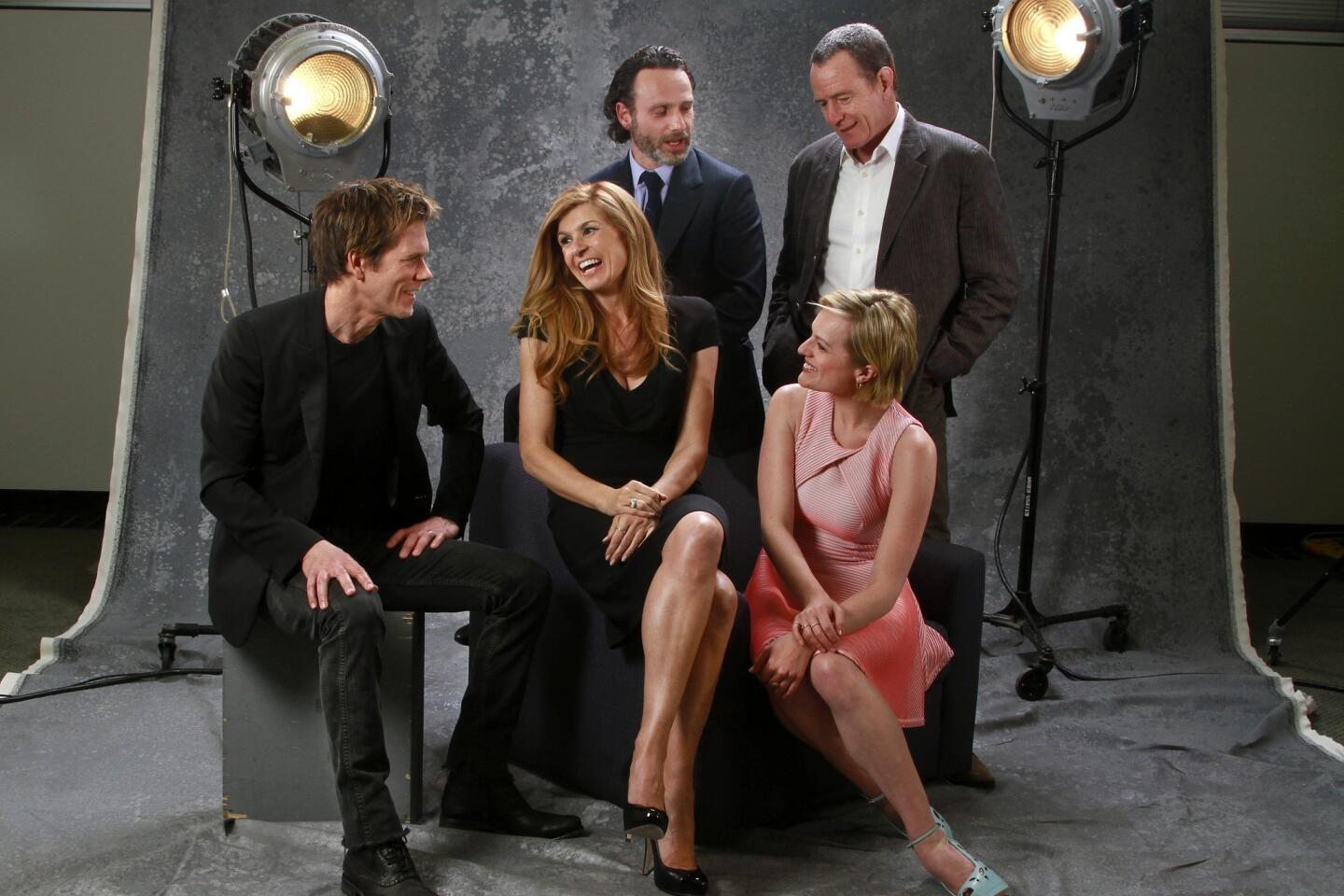

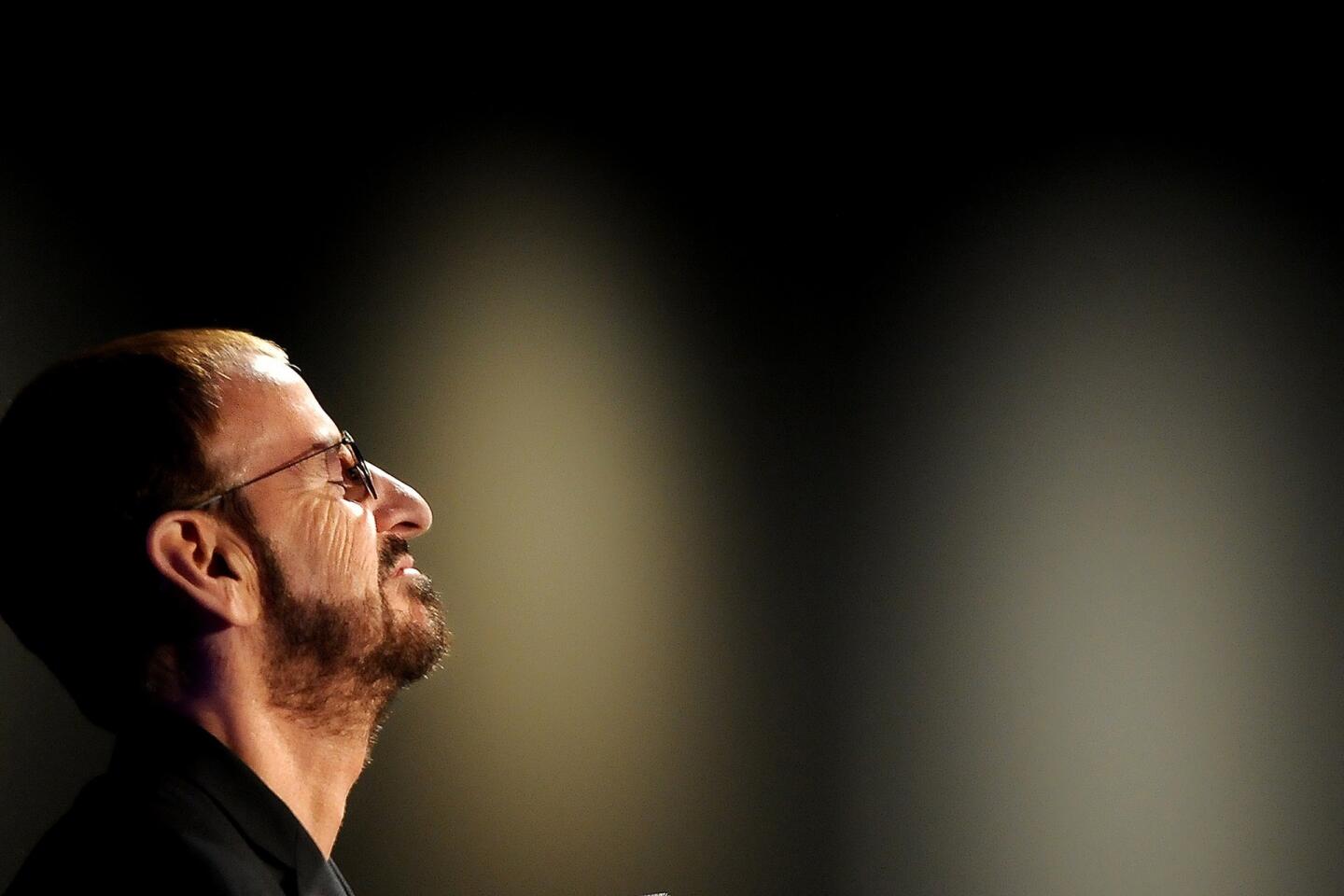
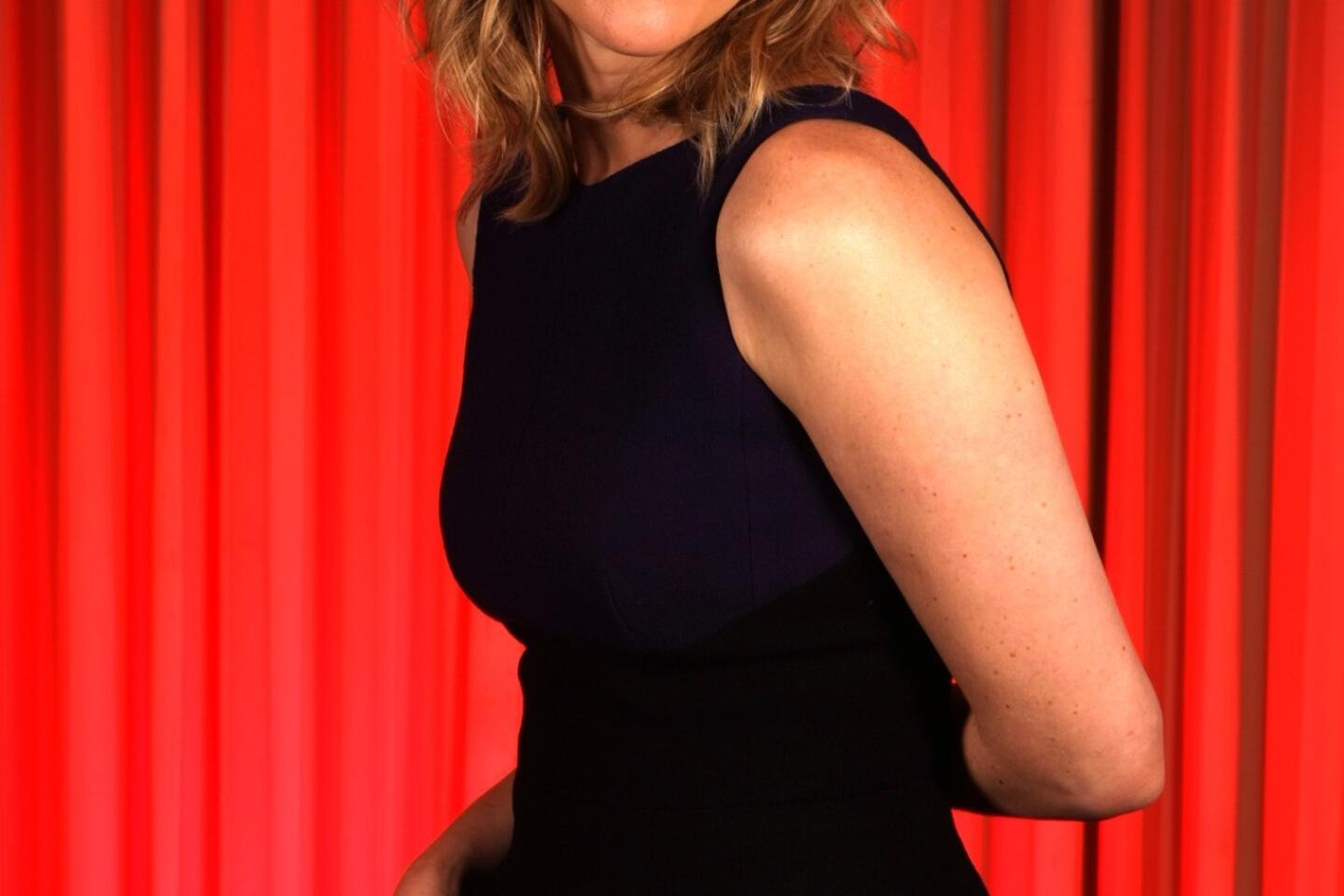


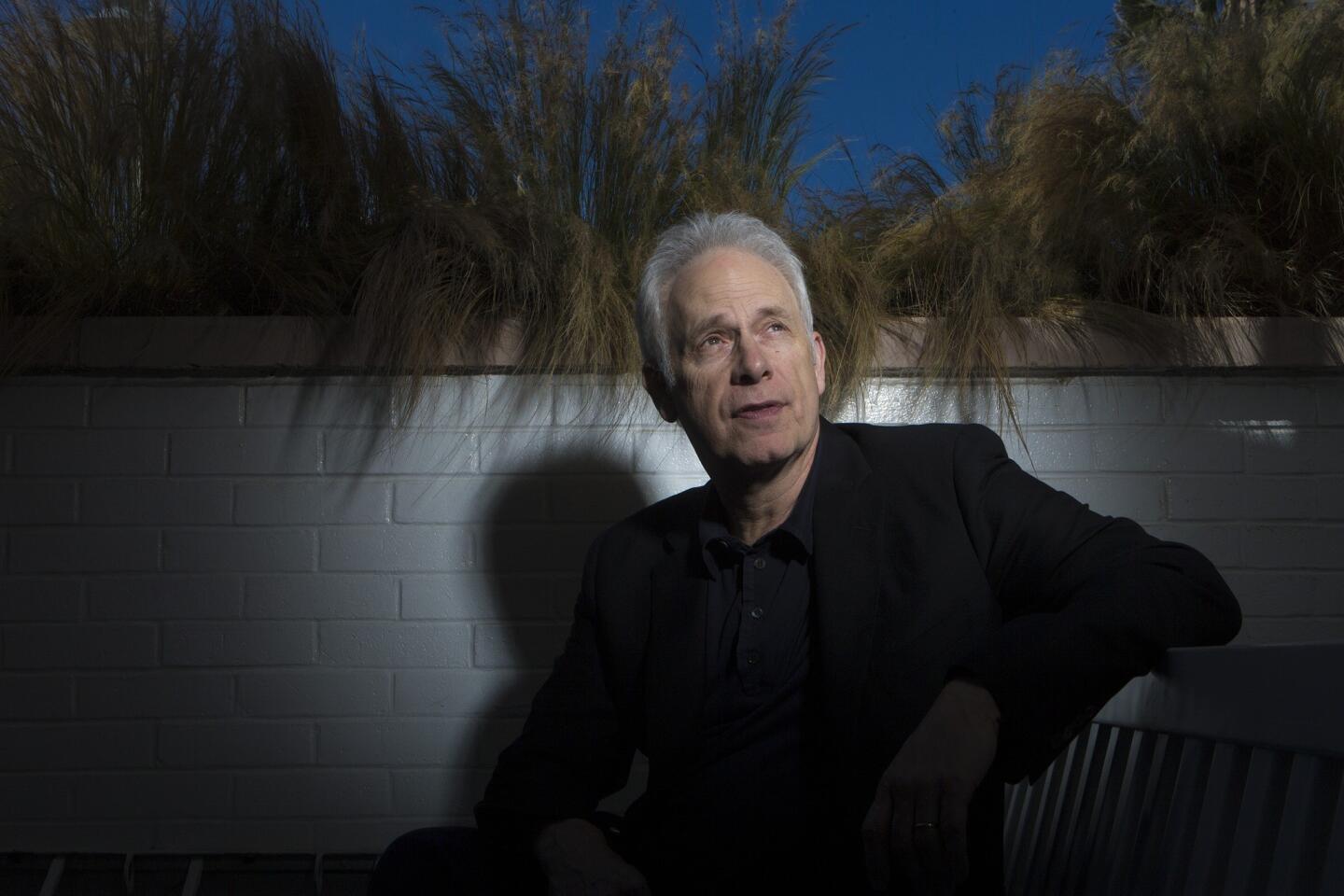
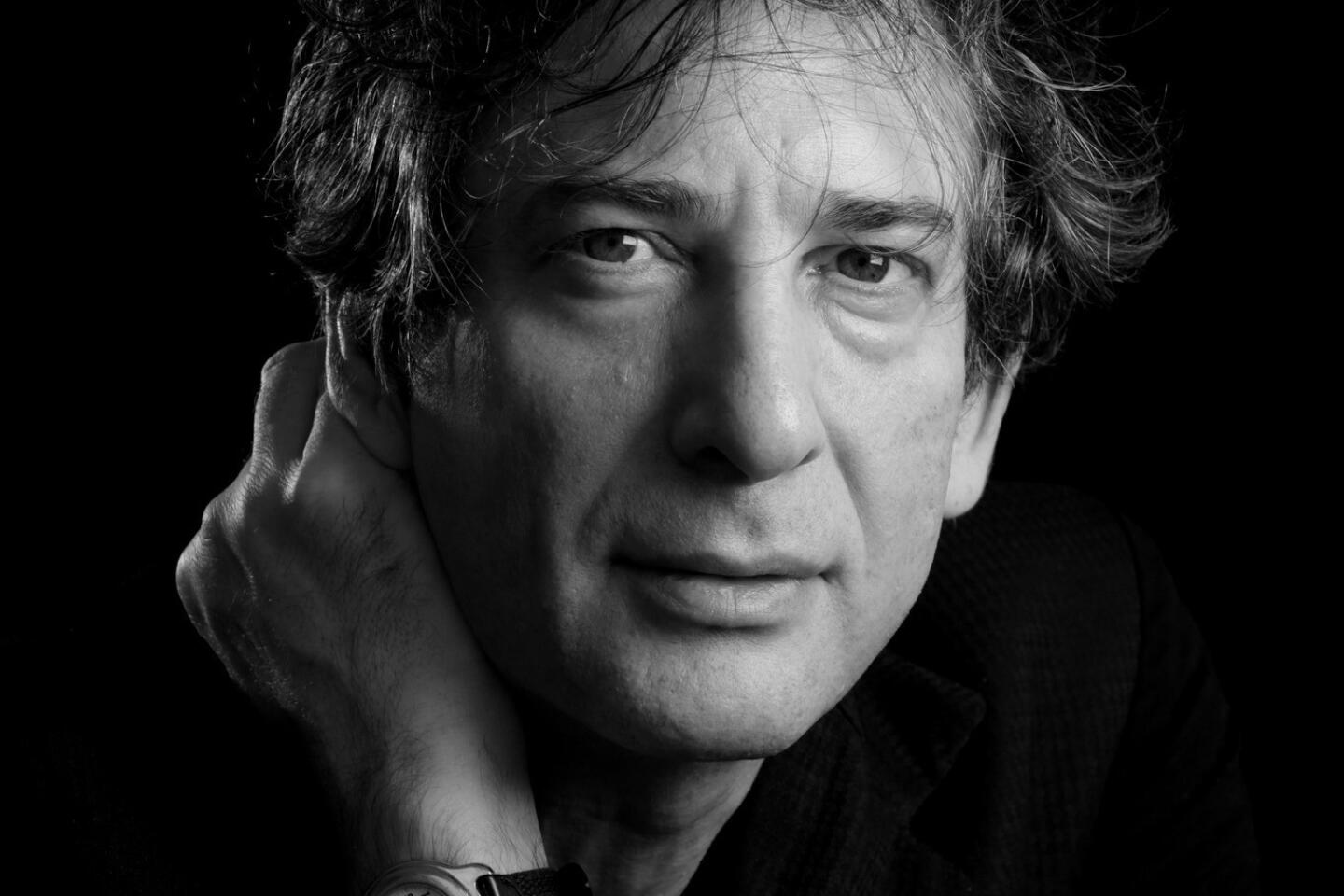





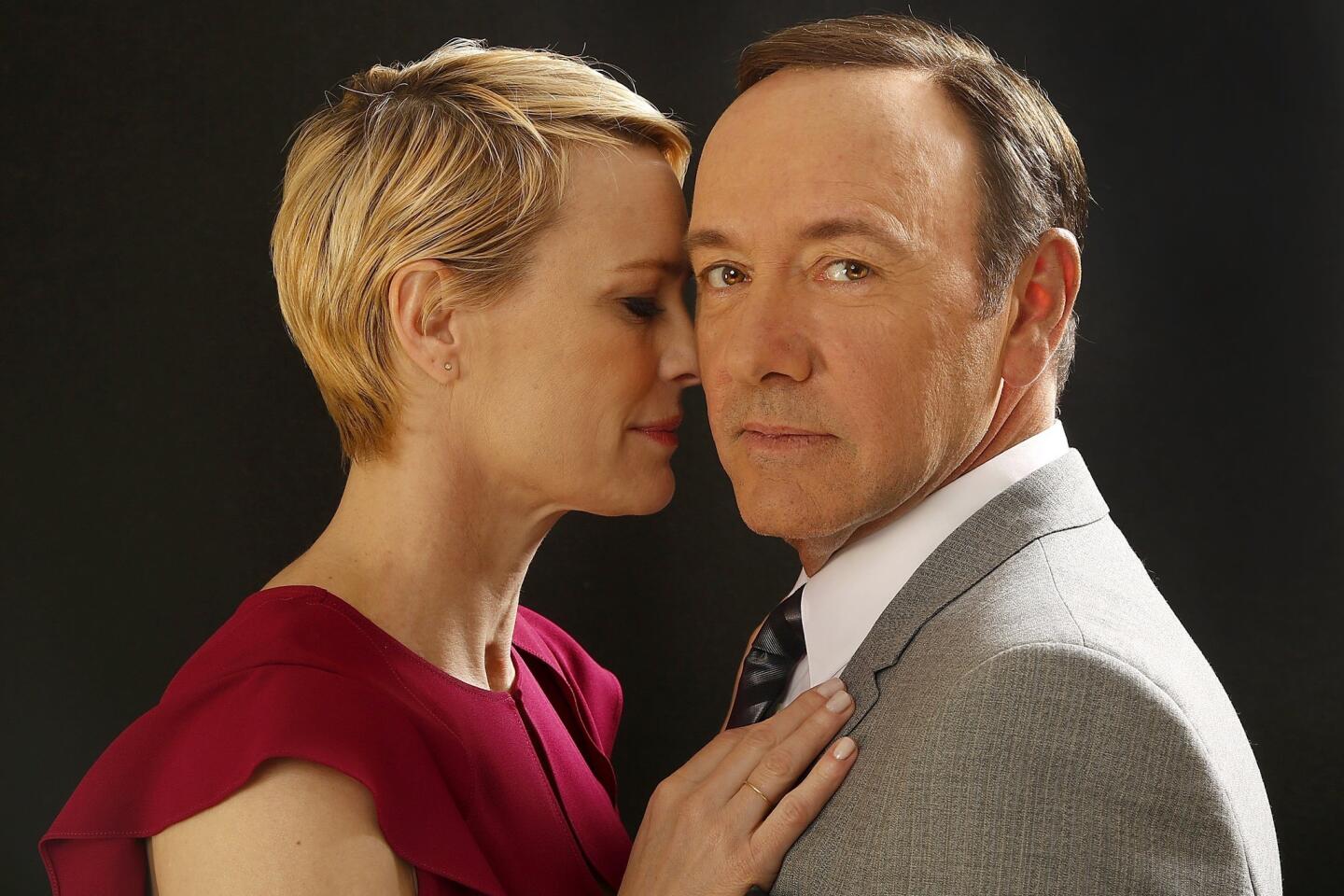



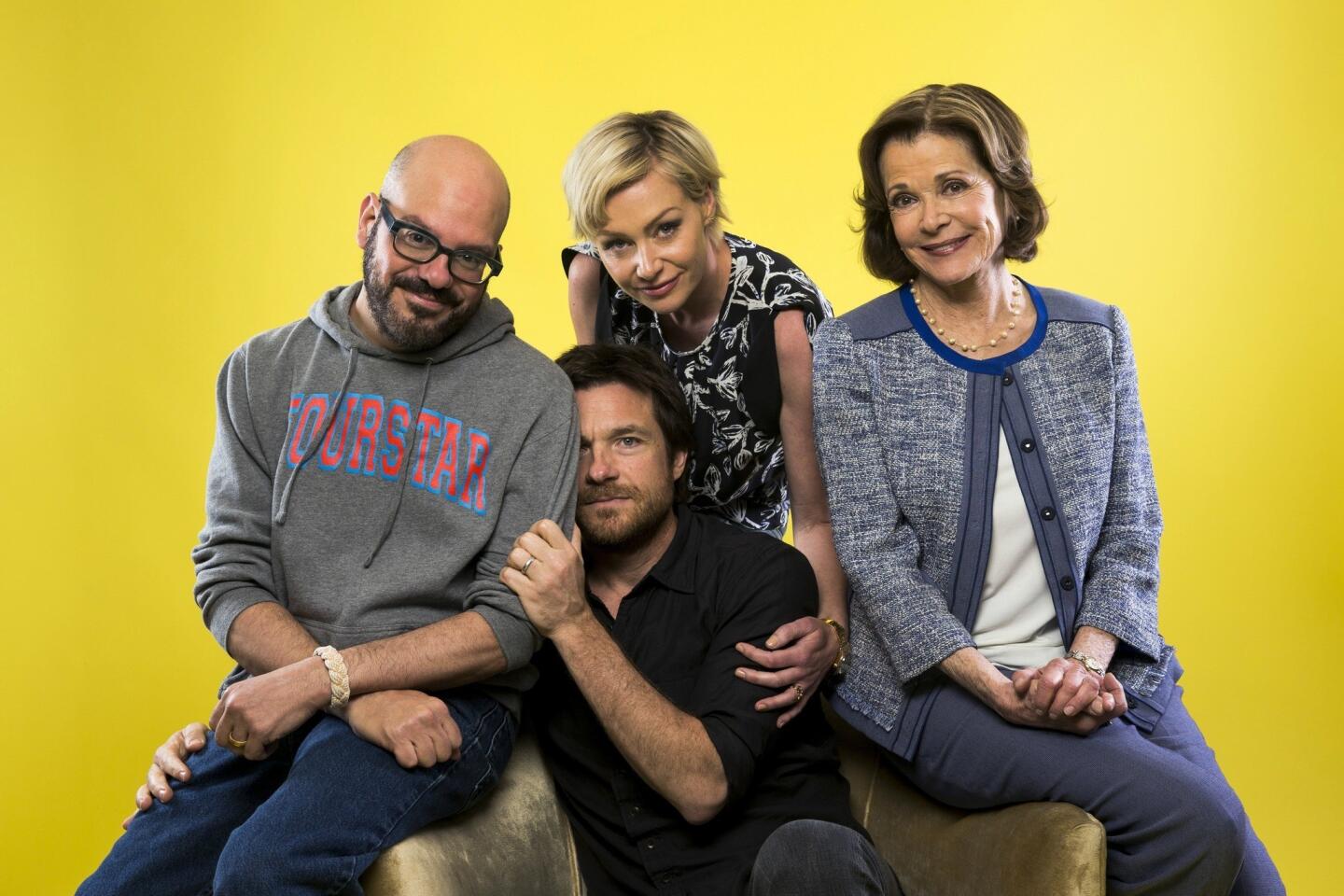
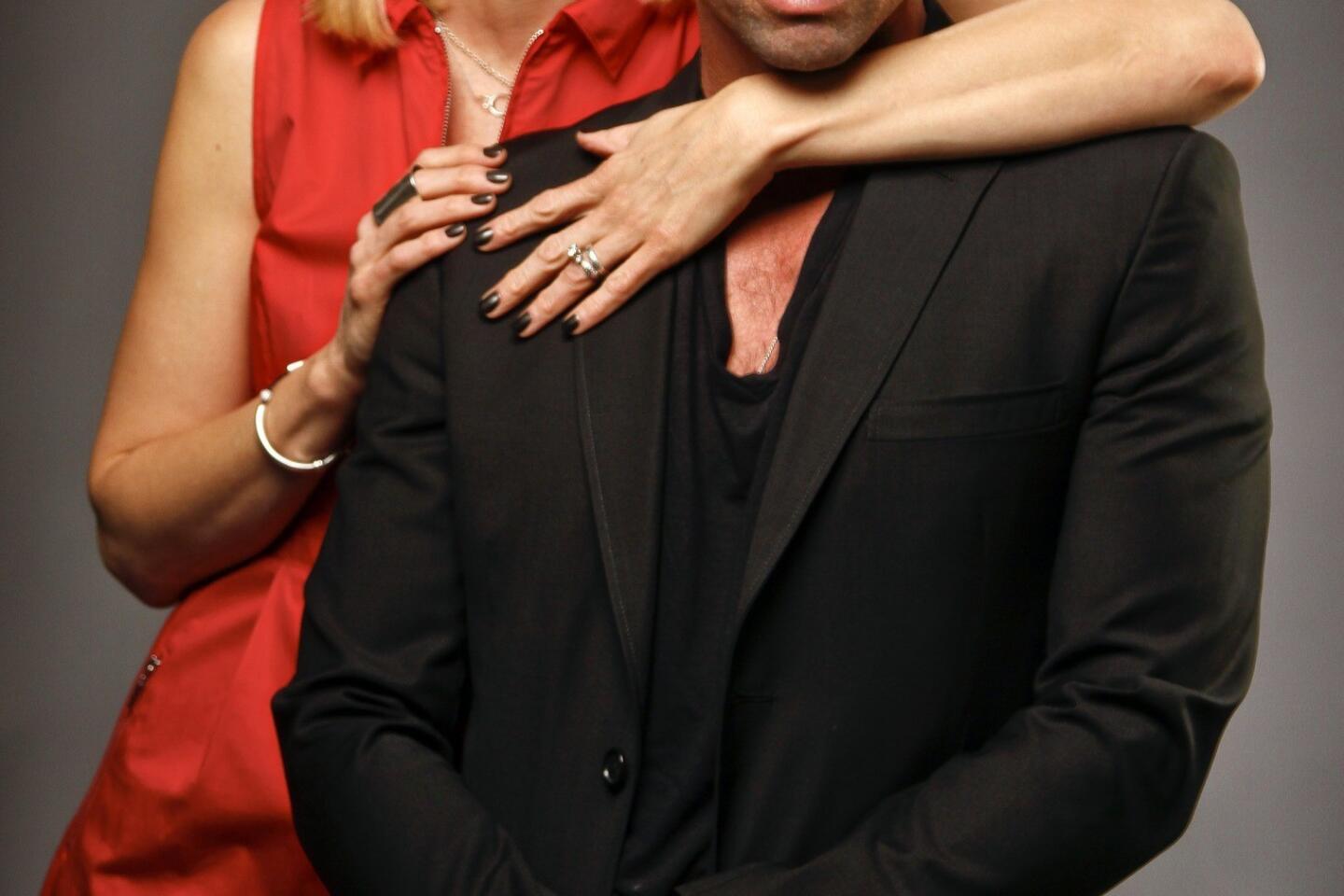




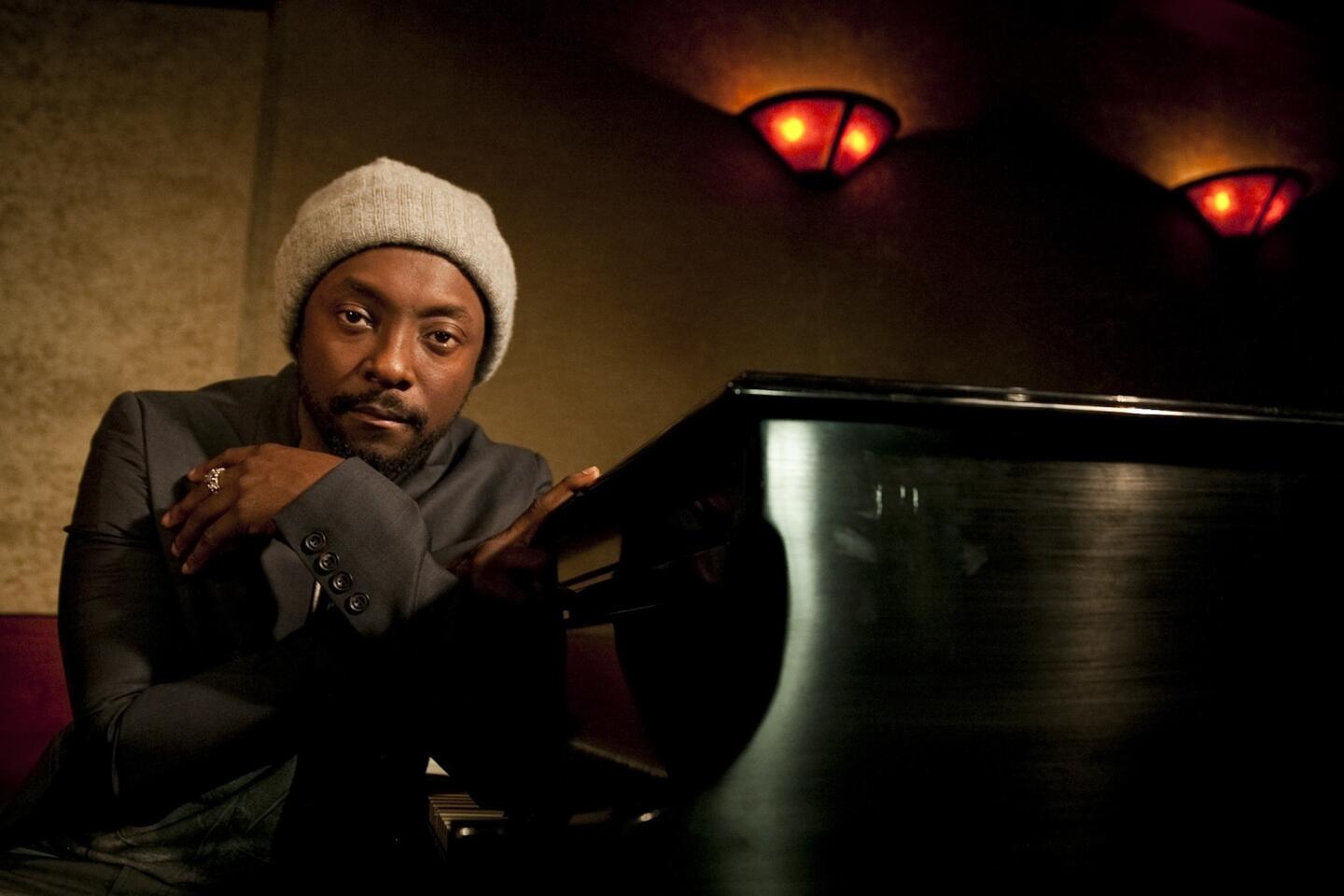
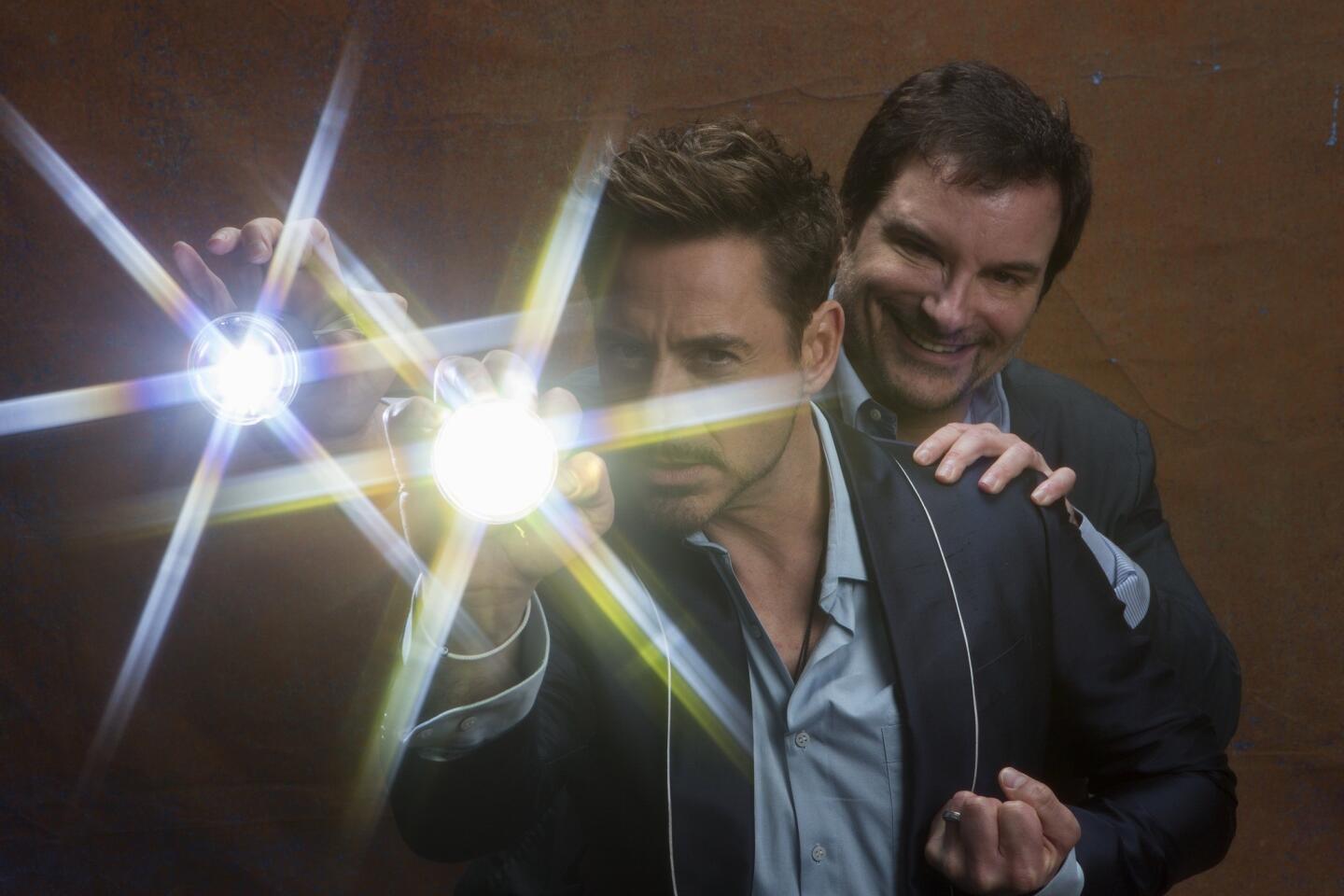
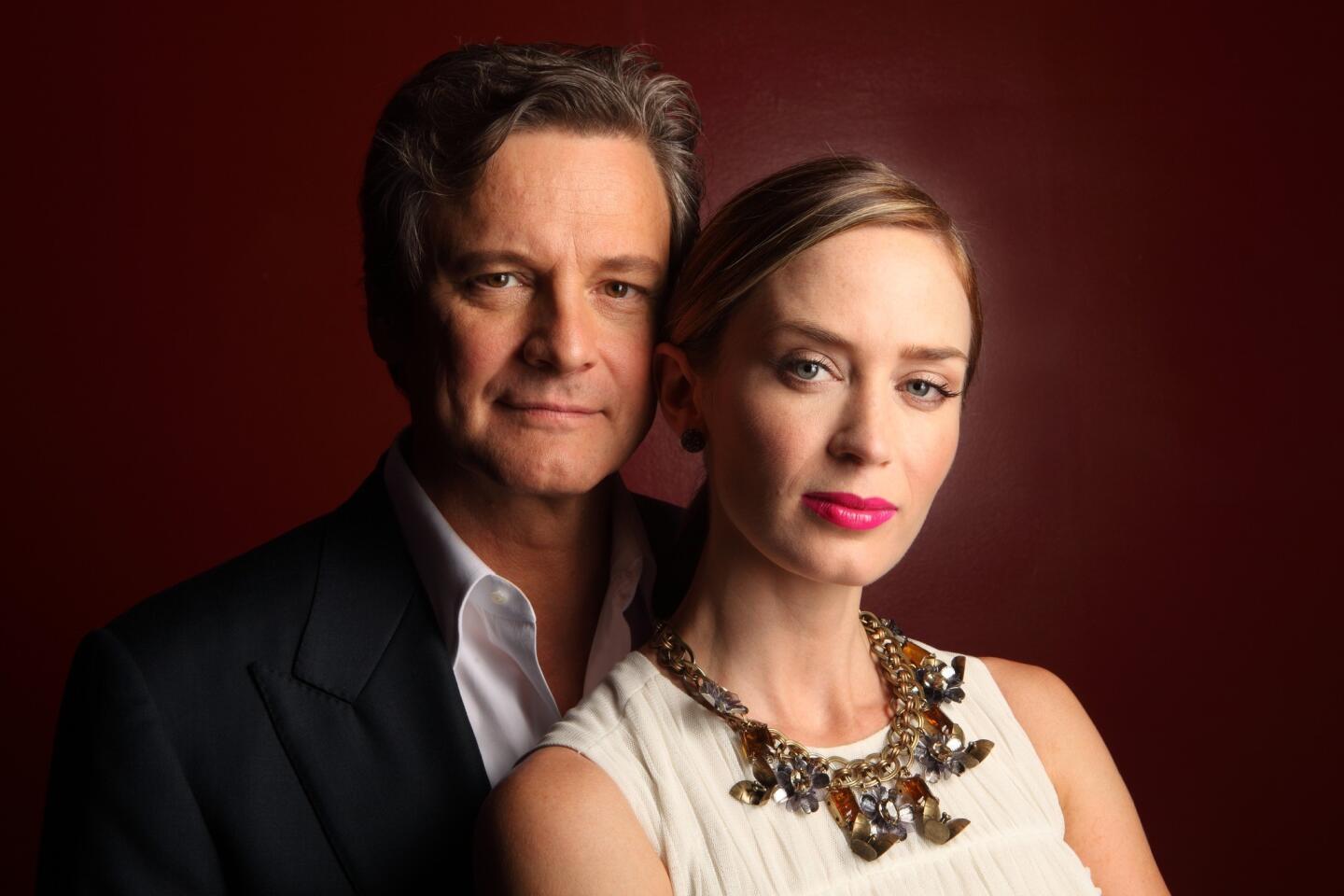
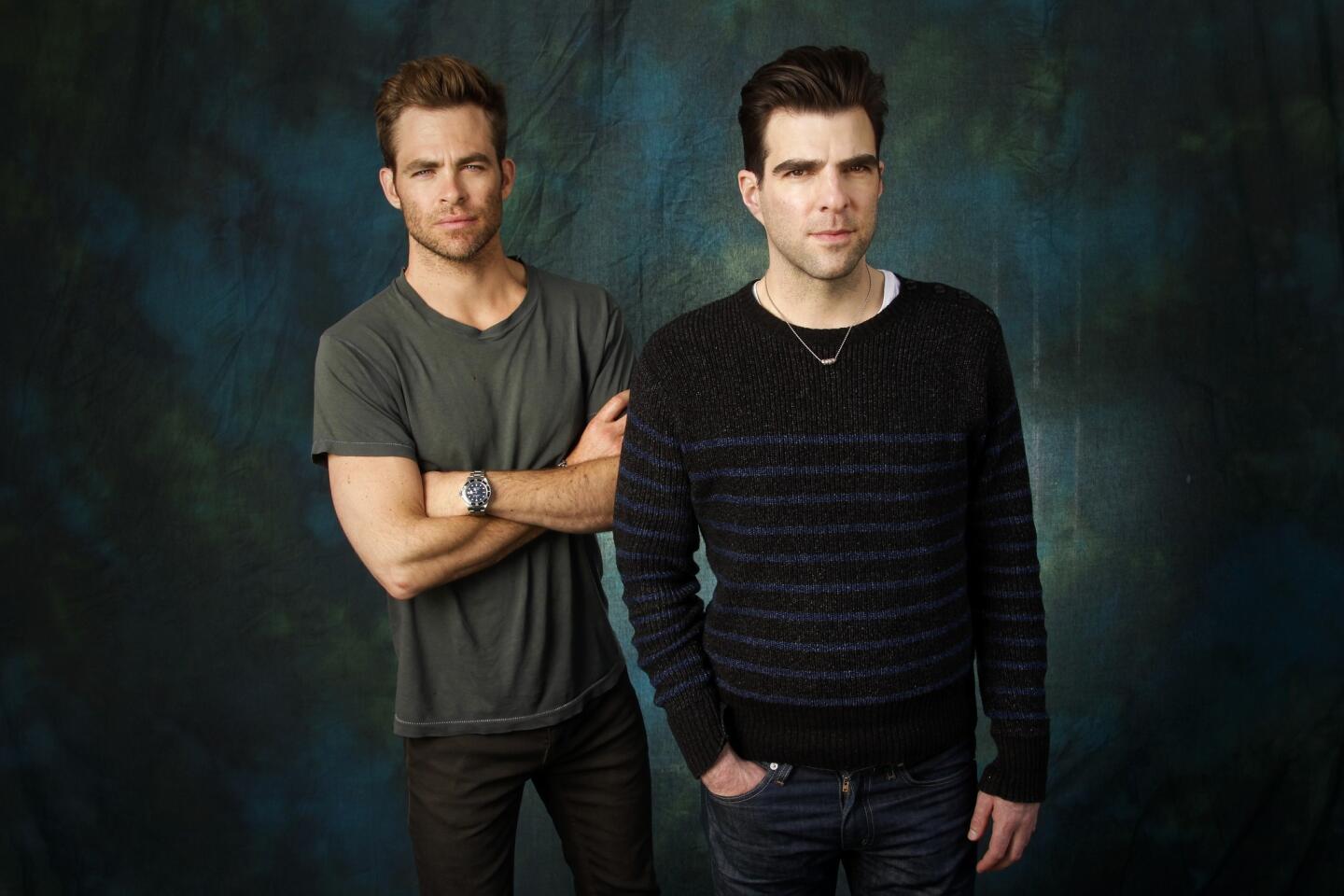
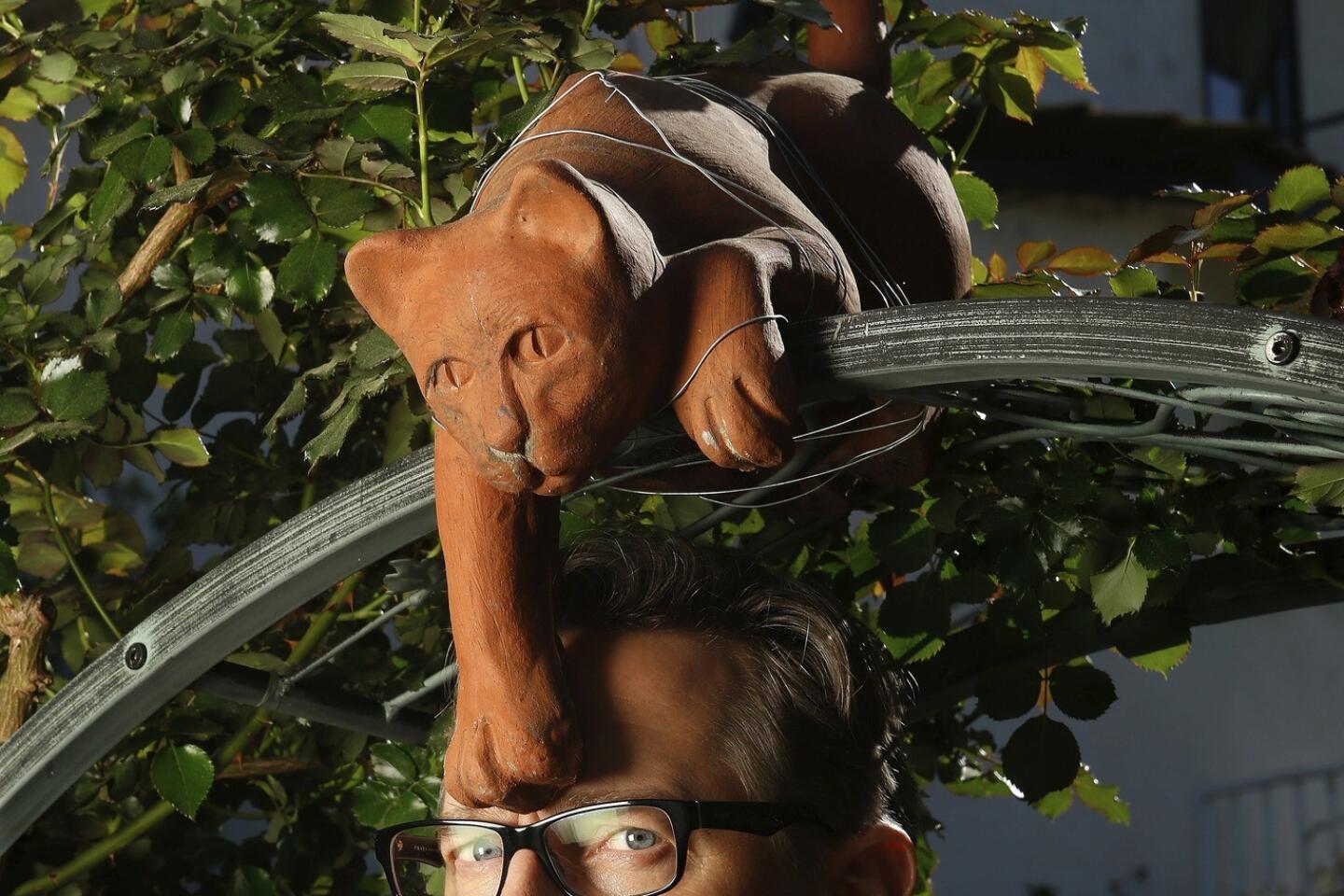
Thom Yorke is the latest musician to speak out against popular music streaming services and the money -- or lack thereof, they say -- generated for artists.
The Radiohead frontman issued a series of tweets on Sunday after longtime collaborator Nigel Godrich announced their recent Atoms for Peace album, “Amok,” and a number of projects from the two would no longer be available on Spotify.
“We’re off of spotify.. Can’t do that no more man.. Small meaningless rebellion,” Godrich announced on Sunday via Twitter. “Someone gotta say something. It’s bad for new music.”
Also gone? Yorke’s critically acclaimed 2006 solo album, “The Eraser,” and Godrich said he also planned on pulling his band Ultraísta’s recent album, although it’s currently still available to stream.
TIMELINE: Summer’s must see concerts
Yorke and Godrich said they made the move to protest Spotify’s business model and as a means of “standing up for our fellow musicians.”
“Make no mistake new artists you discover on #Spotify will no get paid,” Yorke tweeted. “Meanwhile shareholders will shortly being rolling in it. Simples.”
Godrich went further and mused the reason that new artists aren’t compensated more is due to the site’s current model, which Spotify has continued to stand by.
“It’s an equation that just doesn’t work,” Godrich later wrote. “The music industry is being taken over by the back door… and if we don’t try and make it fair for new music producers and artists… then the art will suffer. Make no mistake. These are all the same old industry bods trying to get a stranglehold on the delivery system..”
PHOTOS: Iconic rock guitars and their owners
Spotify responded to Godrich and Yorke on Monday, saying the company will continue to strive to be “the most artist-friendly music service possible.”
“Spotify’s goal is to grow a service which people love, ultimately want to pay for, and which will provide the financial support to the music industry necessary to invest in new talent and music,” a company spokesperson told Music Week in a lengthy statement.
“Right now we’re still in the early stages of a long-term project that’s already having a hugely positive effect on artists and new music. We’ve already paid [$500 million] to rightsholders so far and by the end of 2013 this number will reach [$1 billion]. Much of this money is being invested in nurturing new talent and producing great new music.
“We’re 100% committed to making Spotify the most artist-friendly music service possible, and are constantly talking to artists and managers about how Spotify can help build their careers,” the statement concluded.
CRITICS’ PICKS: The best art and classical music in town
Godrich responded with a flurry of tweets (which I’ve consolidated here for simplicity’s sake): “So Spotify say they have generated $500 million dollars for ‘license holders. The way that Spotify works is that the money is divided up by percentage of total streams. Big labels have massive back catalogues so their 40 year old record by a dead artist earns them the same slice of the pie as a brand new track by a new artist.
“The massive amount of catalogue being streamed guarantees that they get the big massive slice of the pie (that $500 million) and the smaller producers and labels get pittance for their comparatively few streams.
“This is what’s wrong. Catalogue and new music cannot be lumped in together. The model massively favours the larger companies with big catalogues. They need the new artists to be on the system to guarantee new subscribers and lock down the “new landscape. This is how they figure they’ll make money in the future. But the model pays pittance to the new artist right now. An inconvenient fact which will keep coming up.”
As for Radiohead’s catalog on Spotify? It’s all there except for the band’s 2007 effort, “In Rainbows,” which in a controversial move was released as a pay-what-you-want download.
“For me In Rainbows was a statement of trust. People still value new music,” Yorke added. “That’s all we’d like from Spotify. Don’t make us the target.”
More to Read
The biggest entertainment stories
Get our big stories about Hollywood, film, television, music, arts, culture and more right in your inbox as soon as they publish.
You may occasionally receive promotional content from the Los Angeles Times.
Follow Us
Gerrick D. Kennedy is a former staff writer for the Los Angeles Times. He covered music and pop culture from 2009 to 2019. In 2012, Kennedy was named Emerging Journalist of the Year by the National Assn. of Black Journalists and in 2014 the Advocate featured him in its annual 40 Under 40 list. He is also the author of “Parental Discretion Is Advised: The Rise of N.W.A and the Dawn of Gangsta Rap.”







